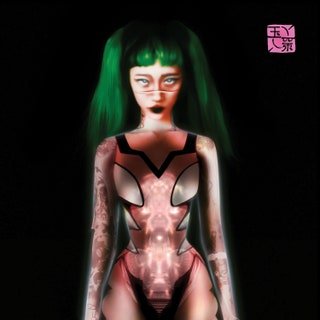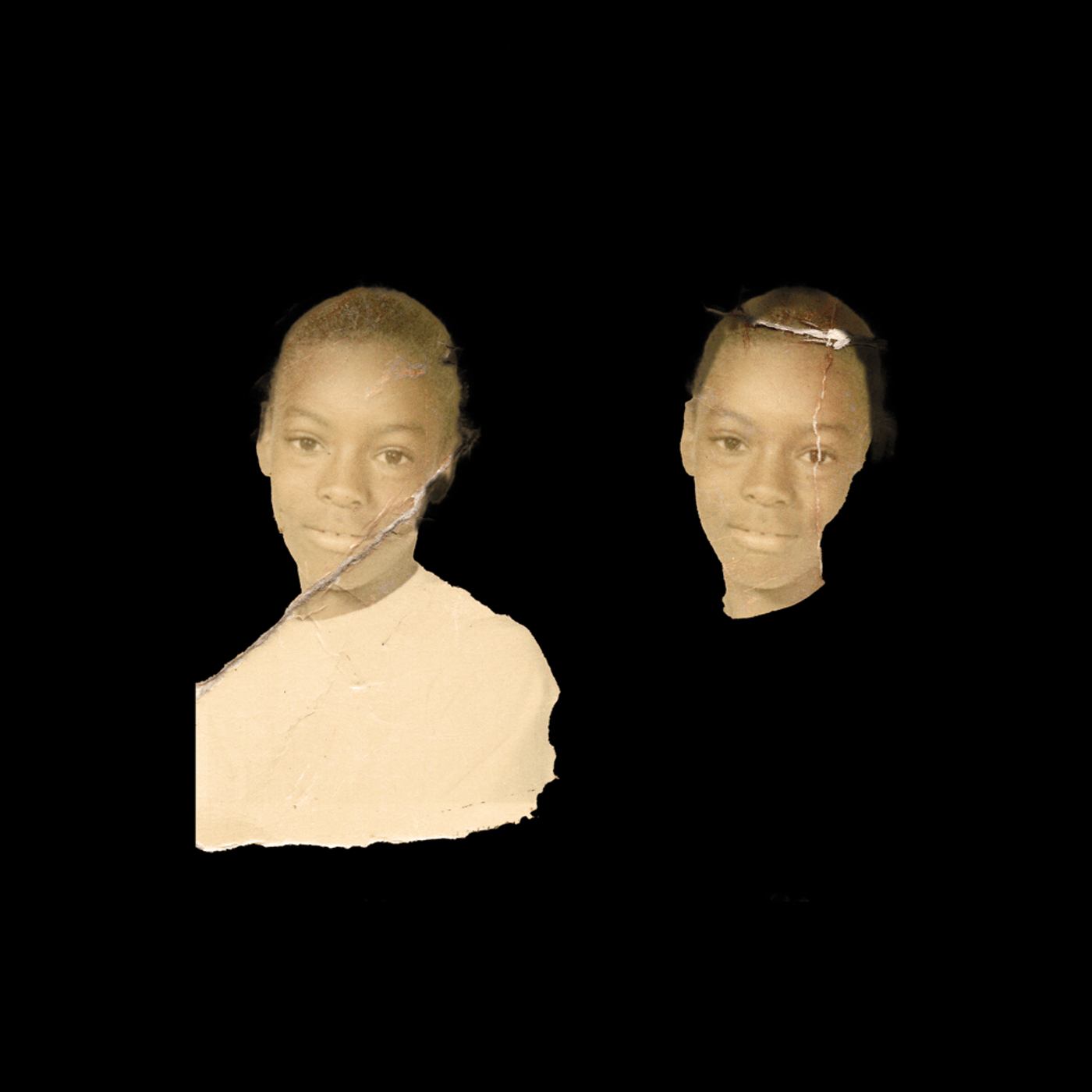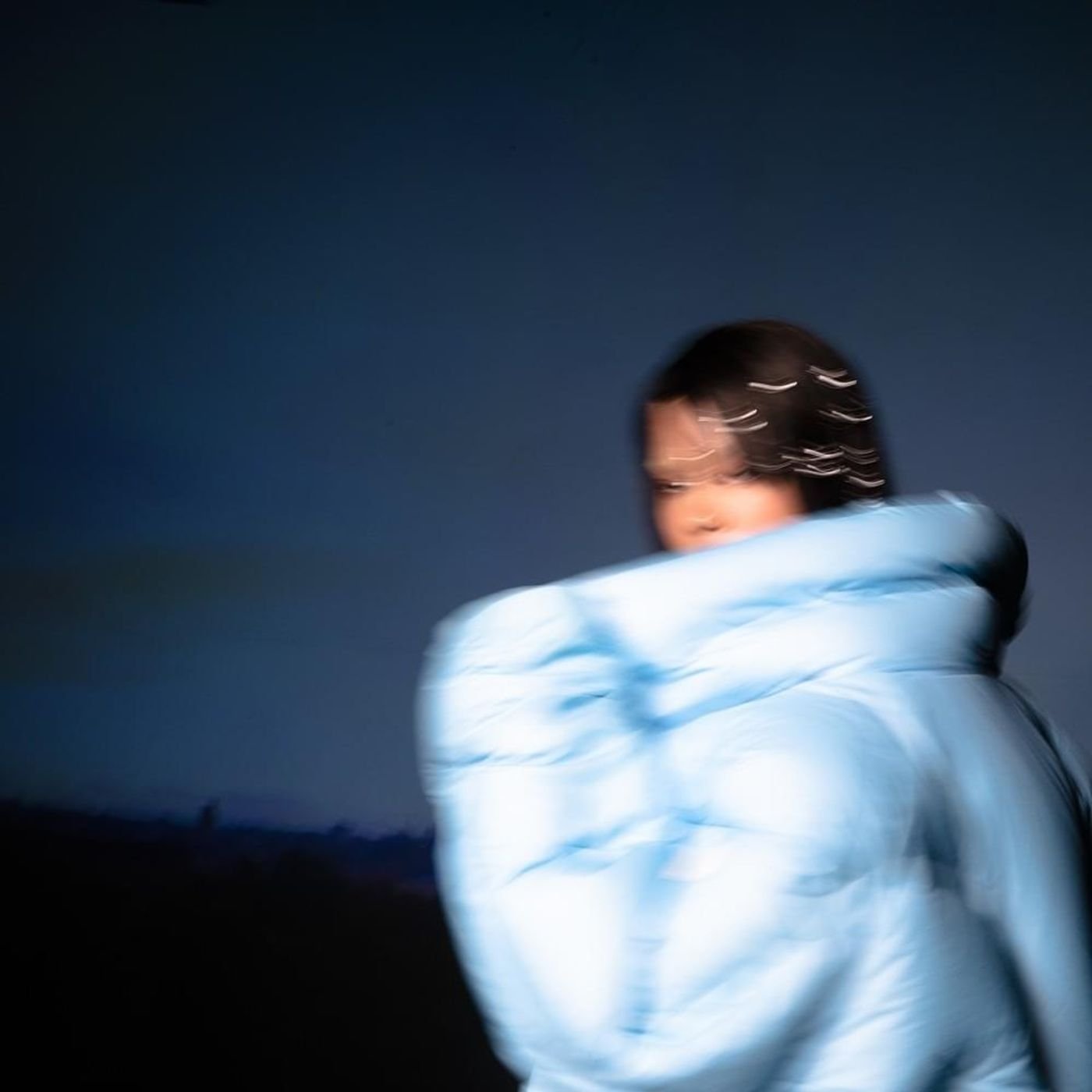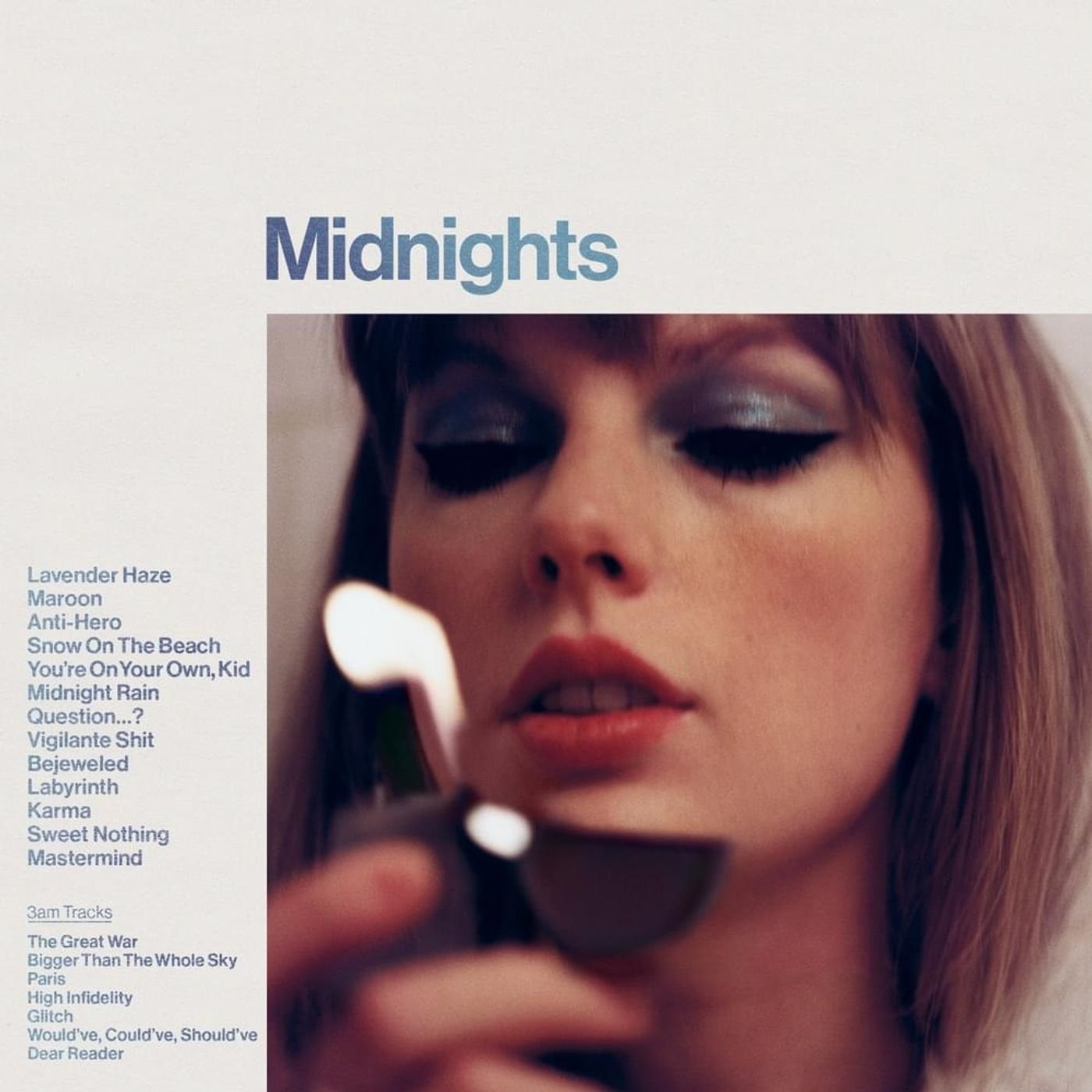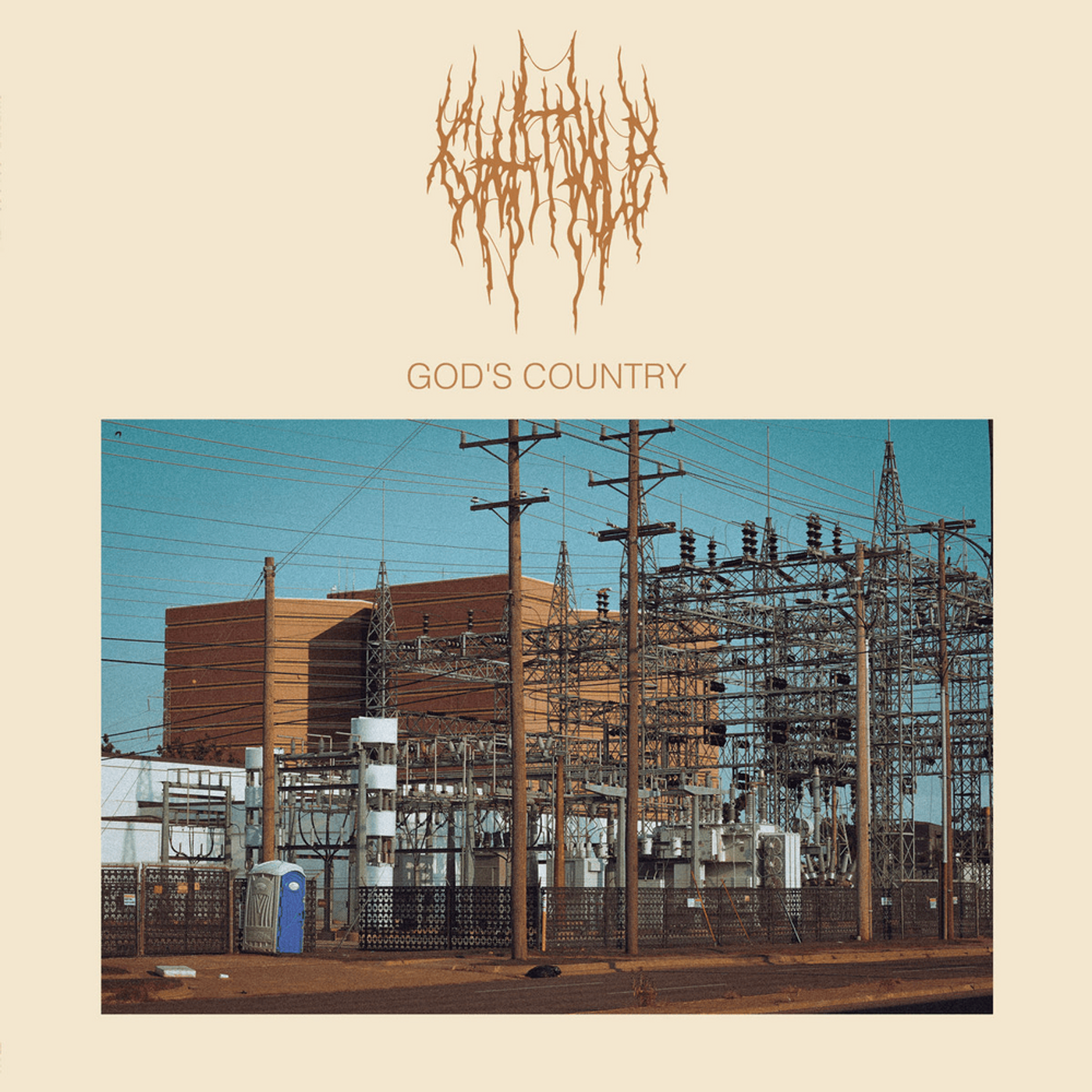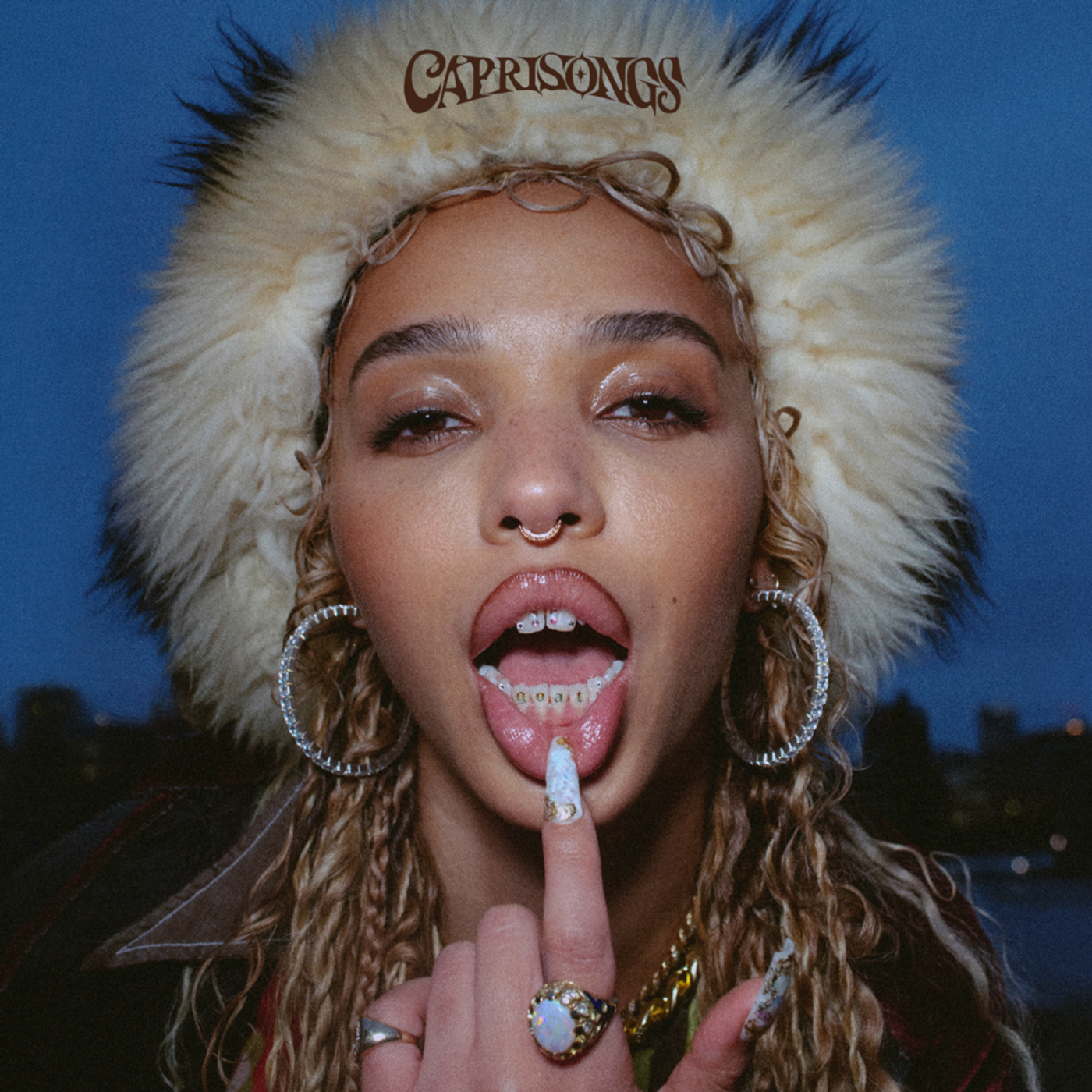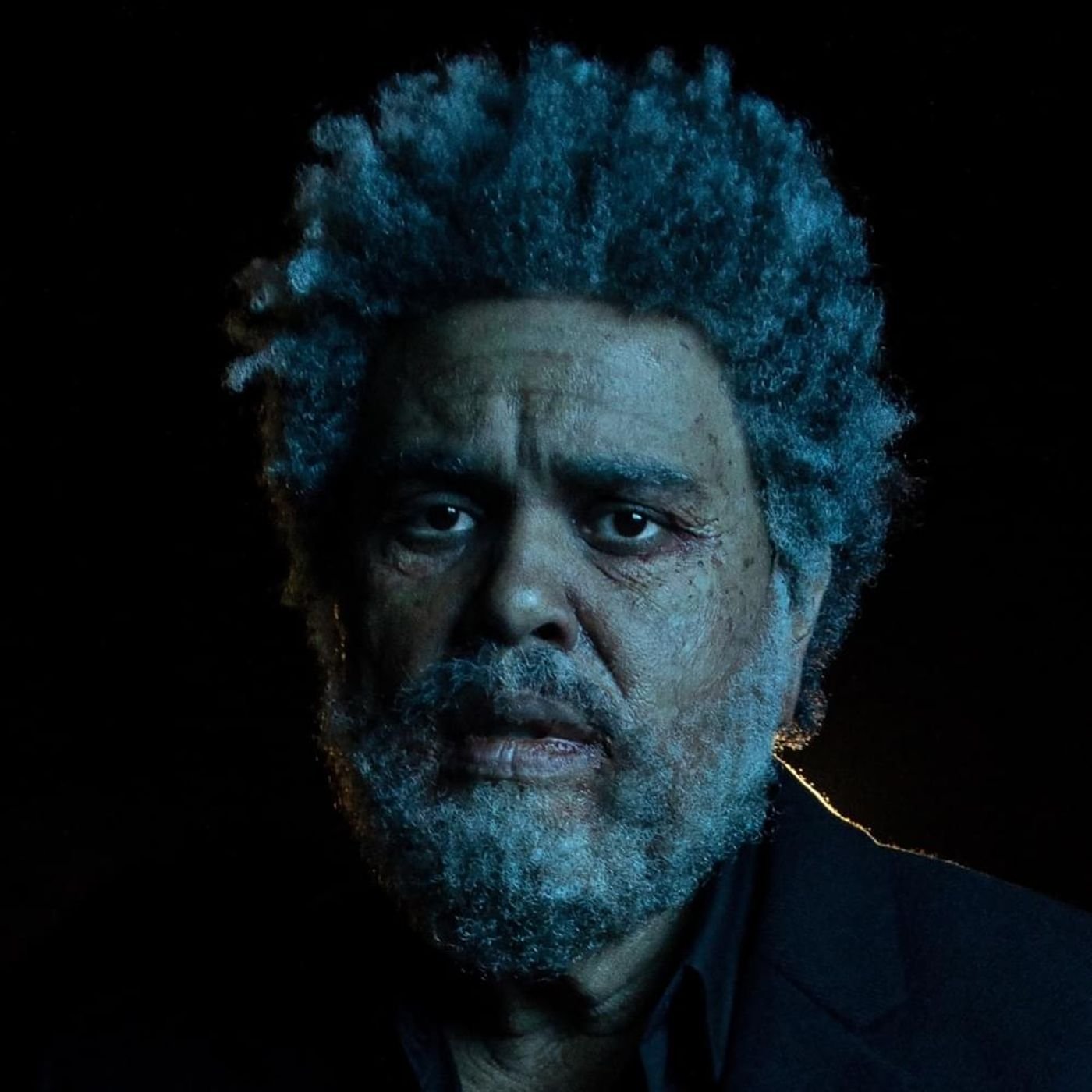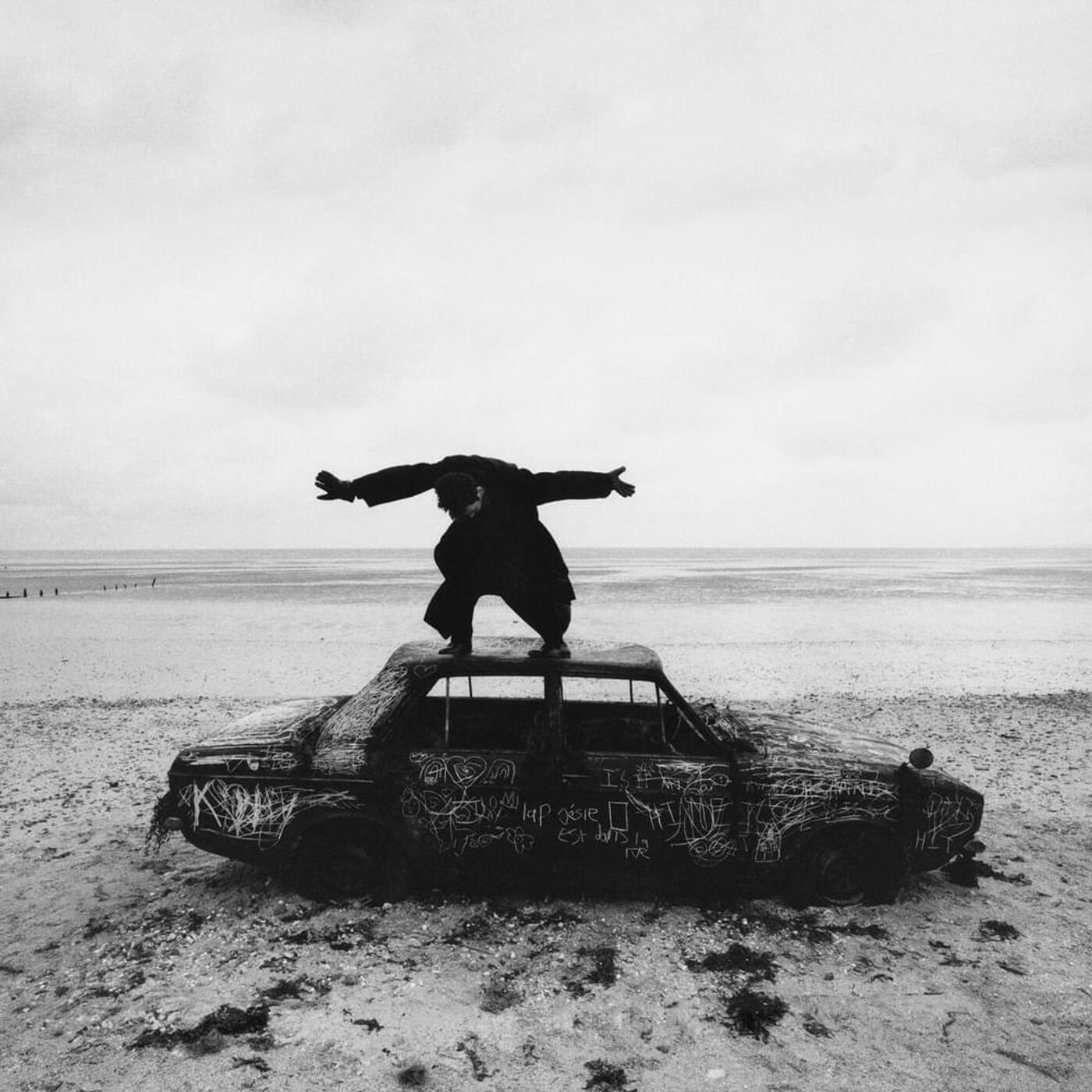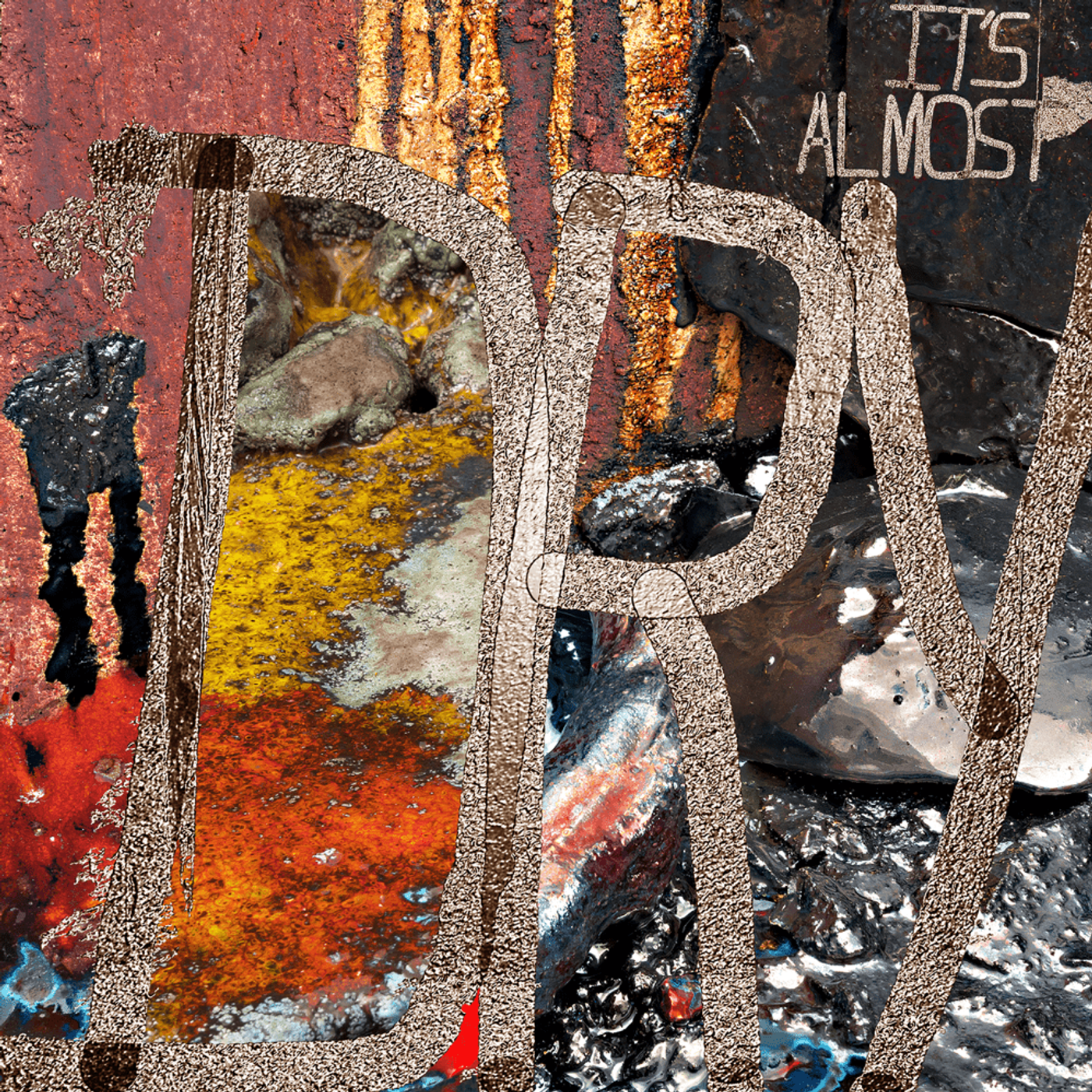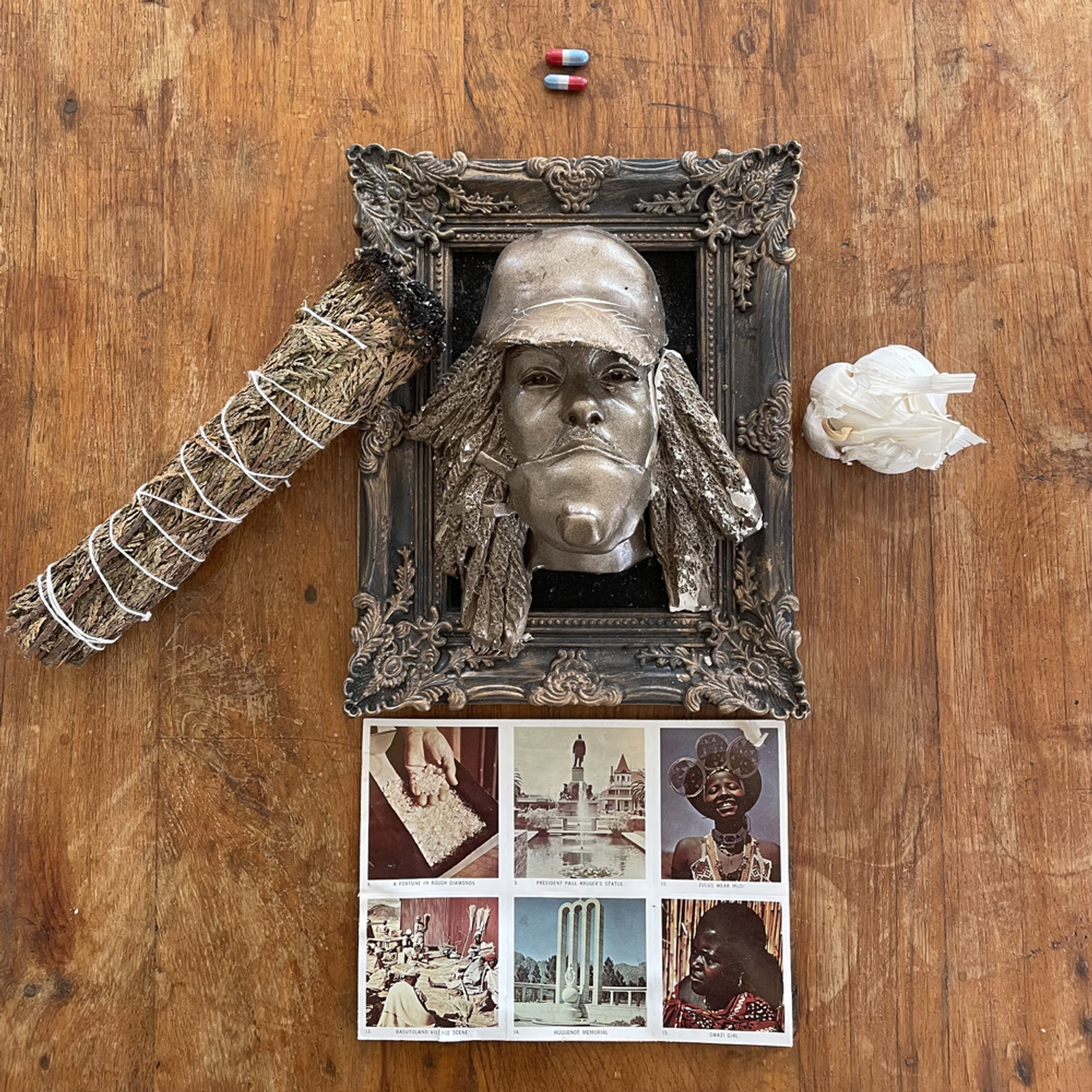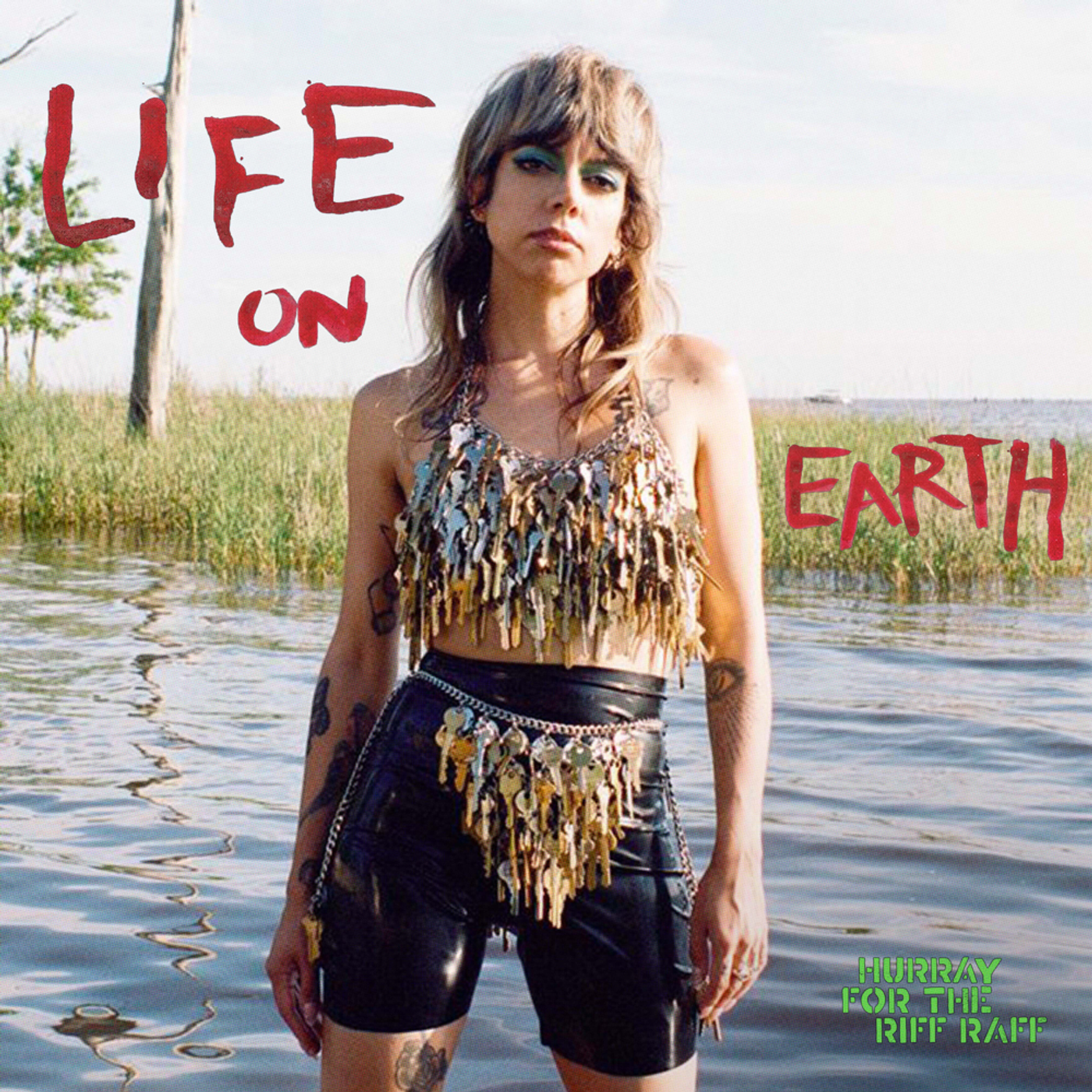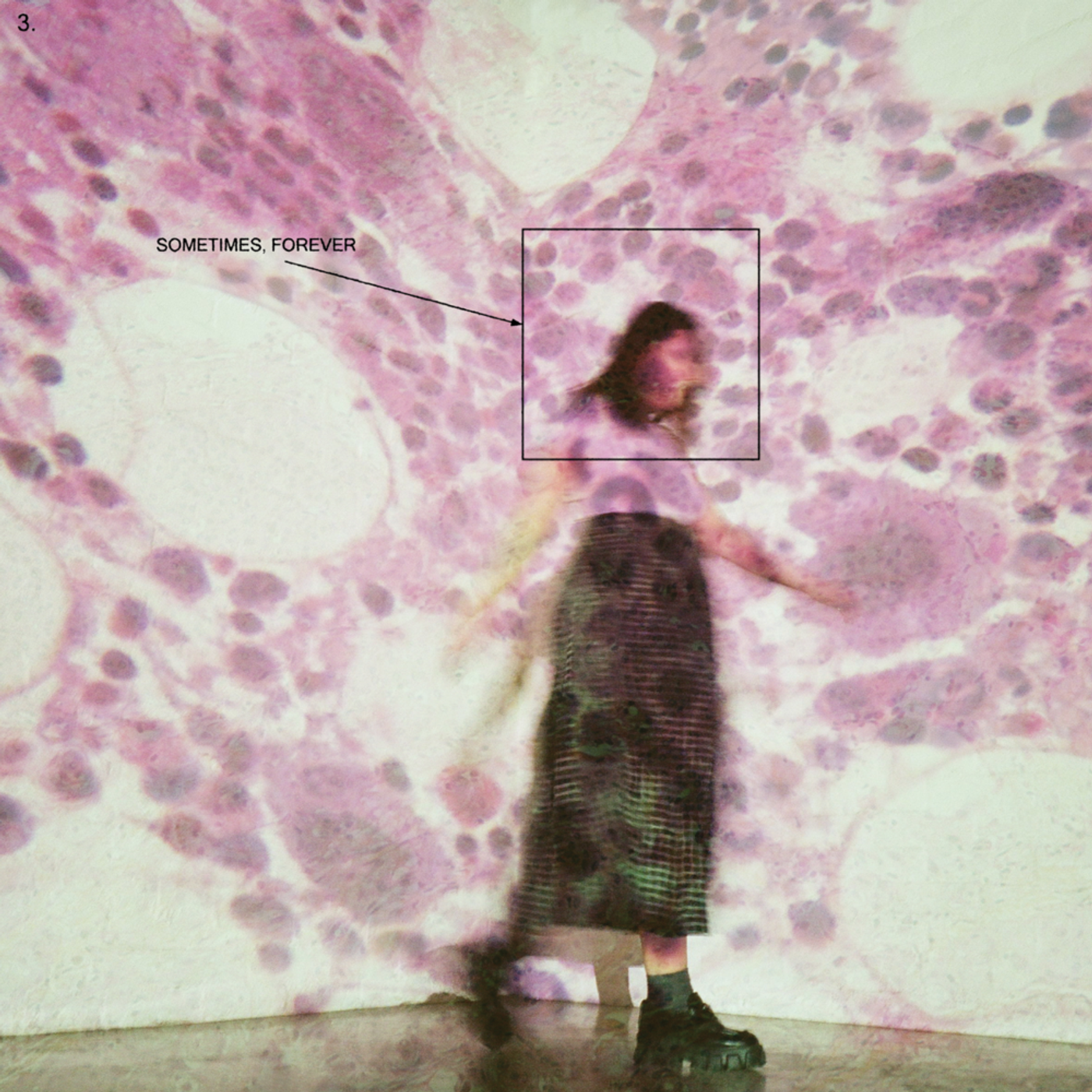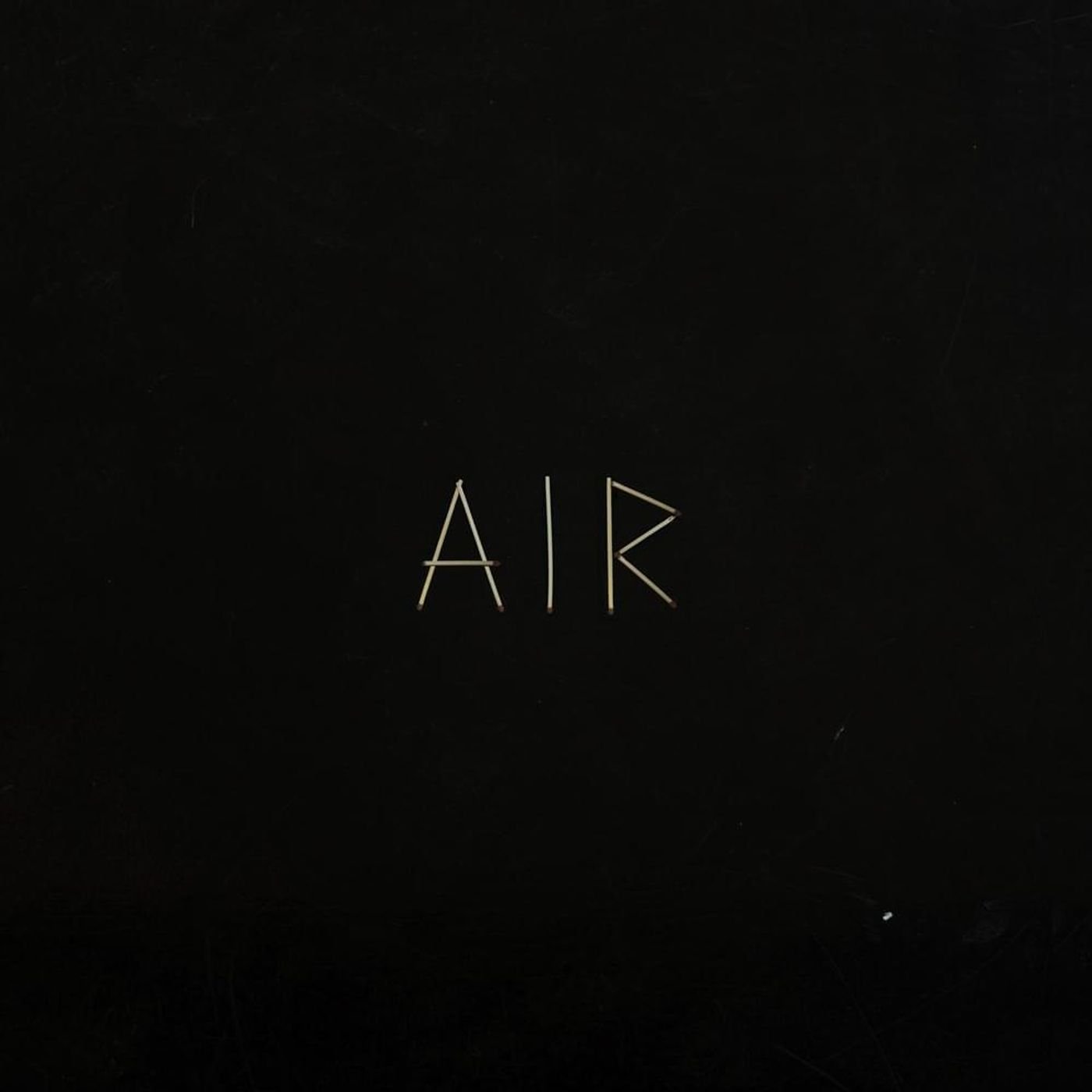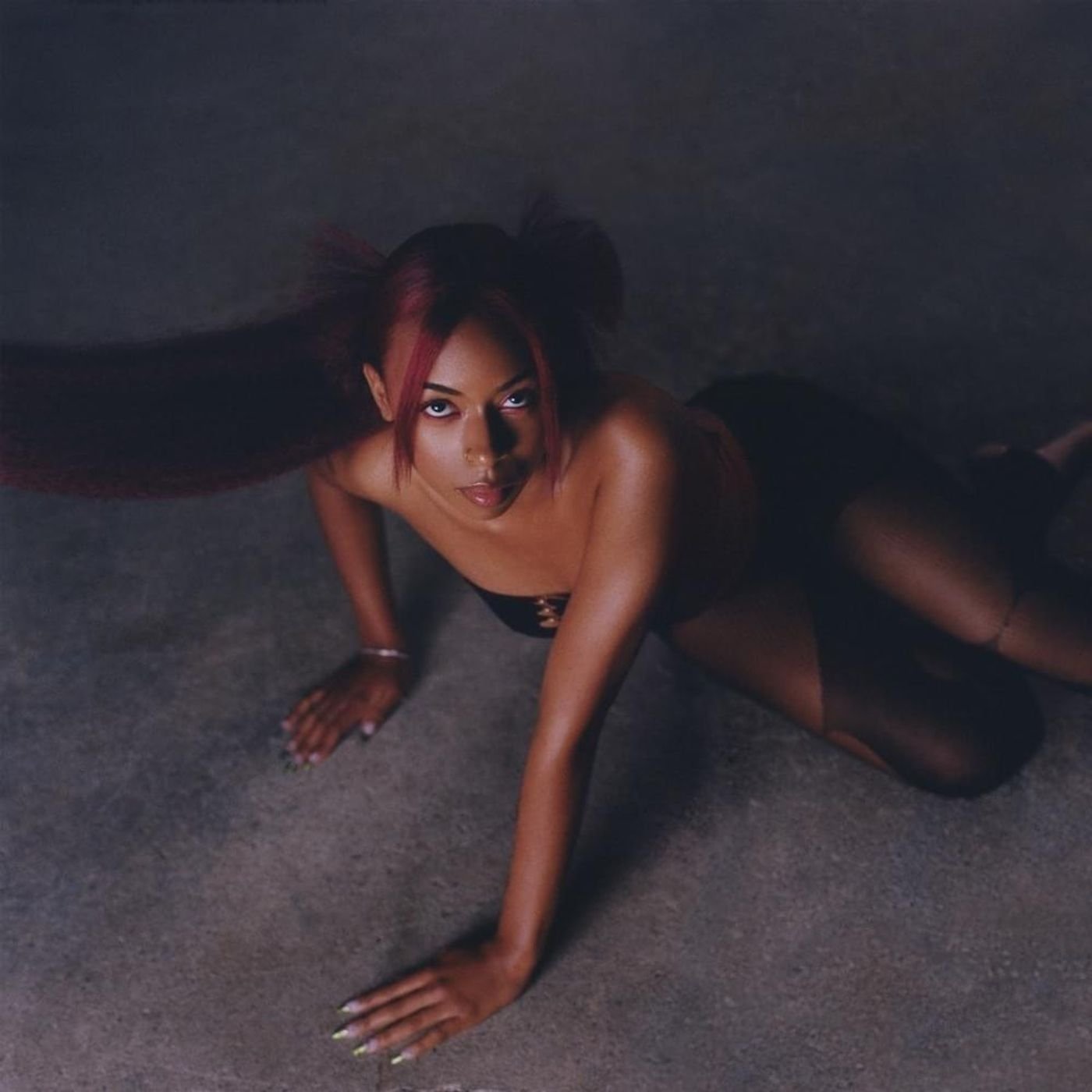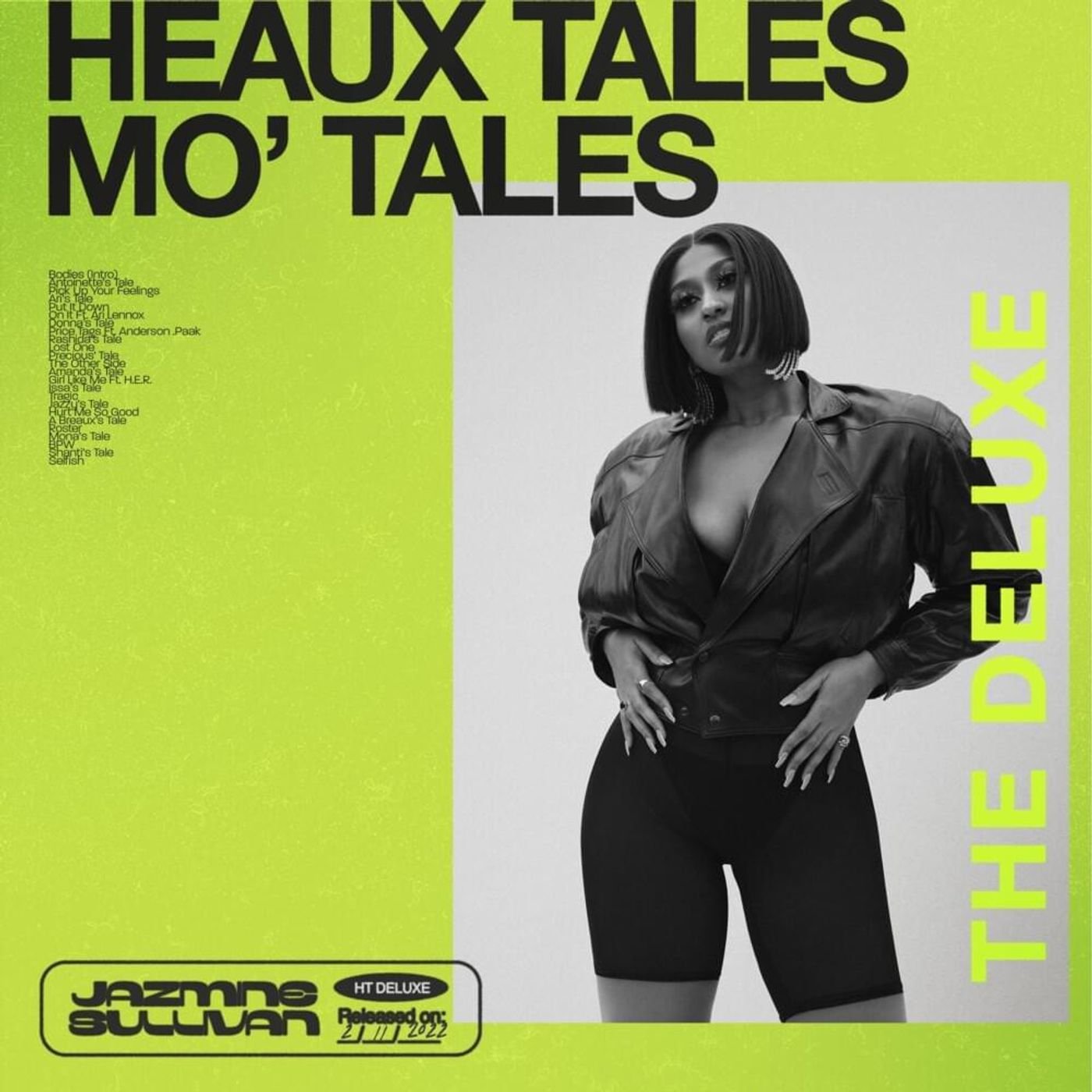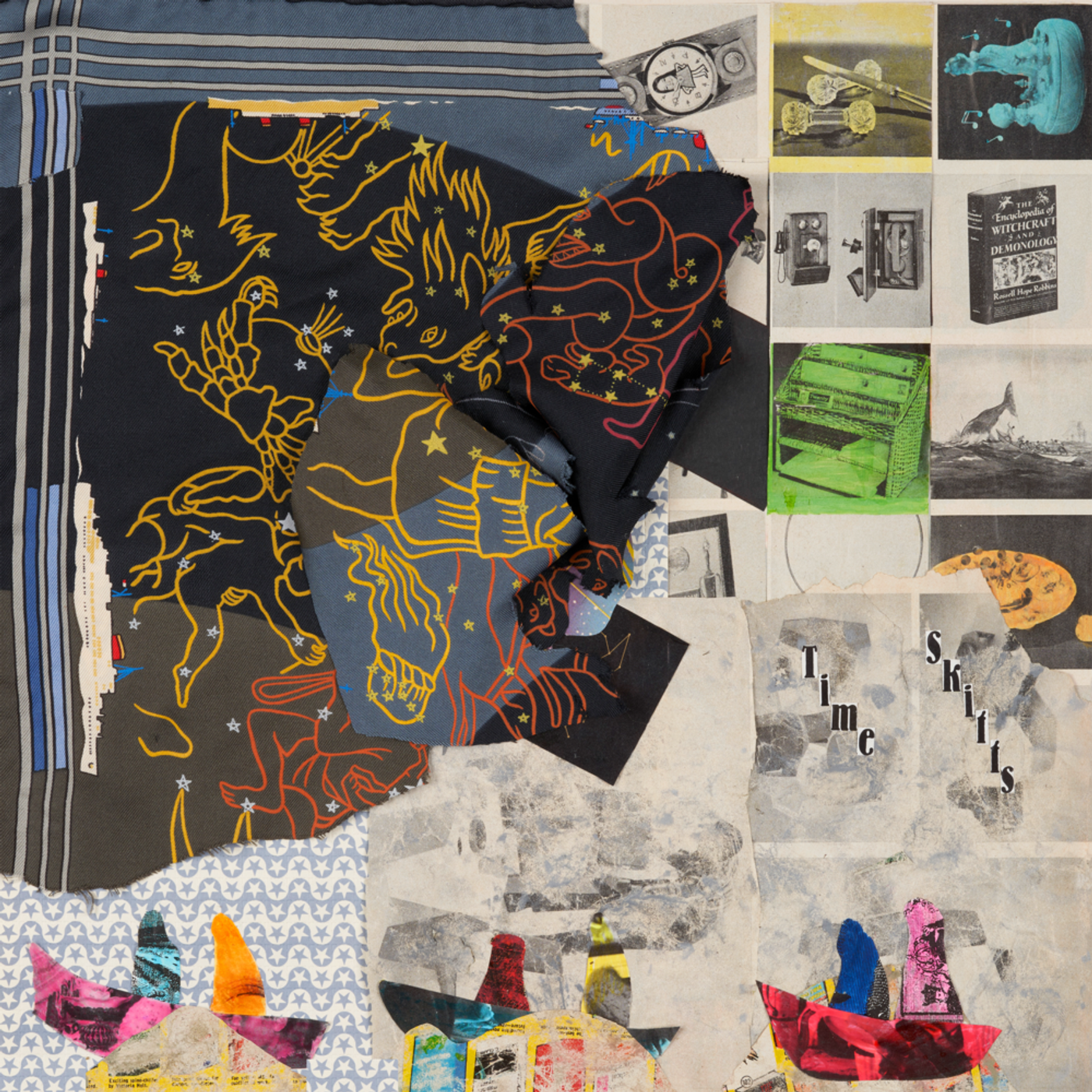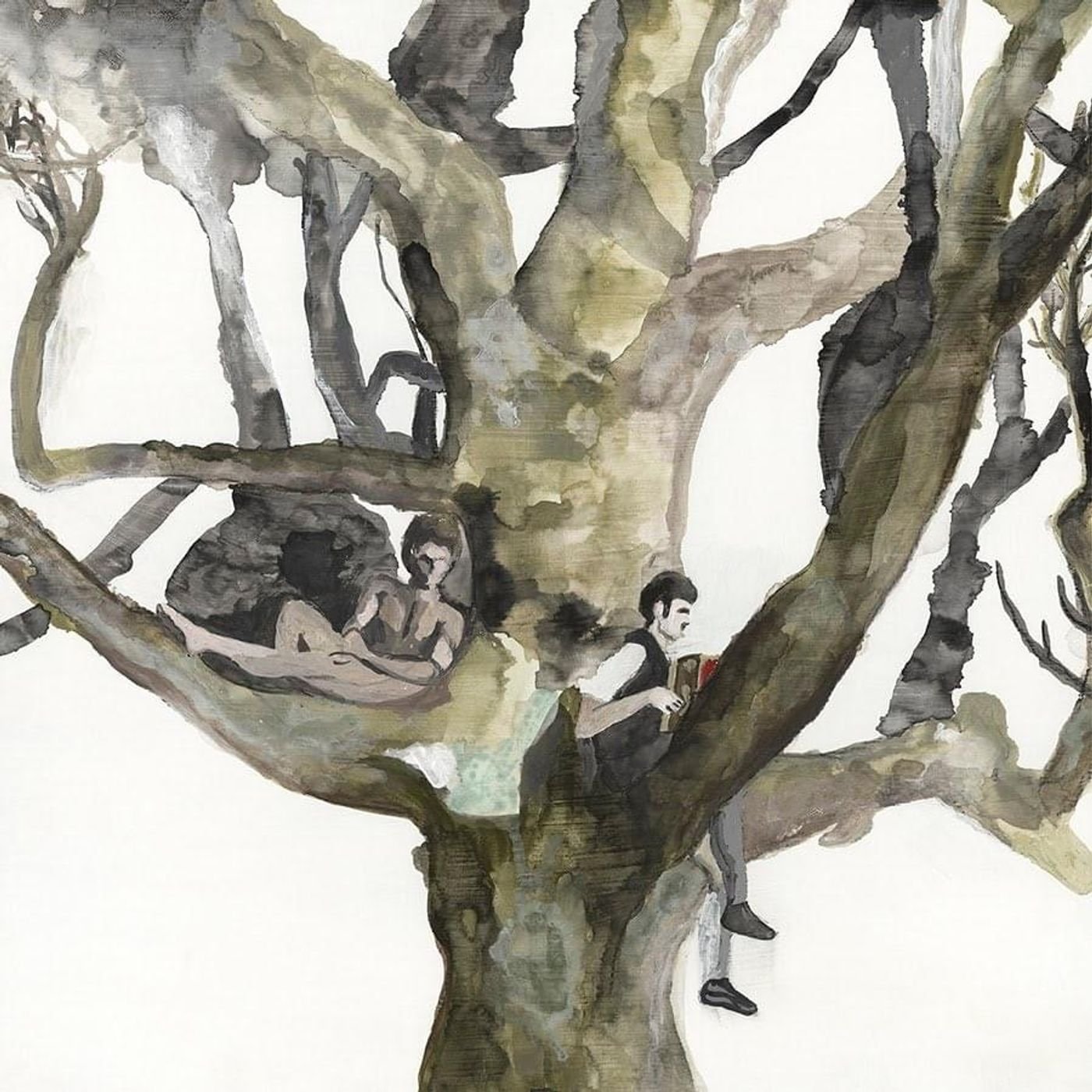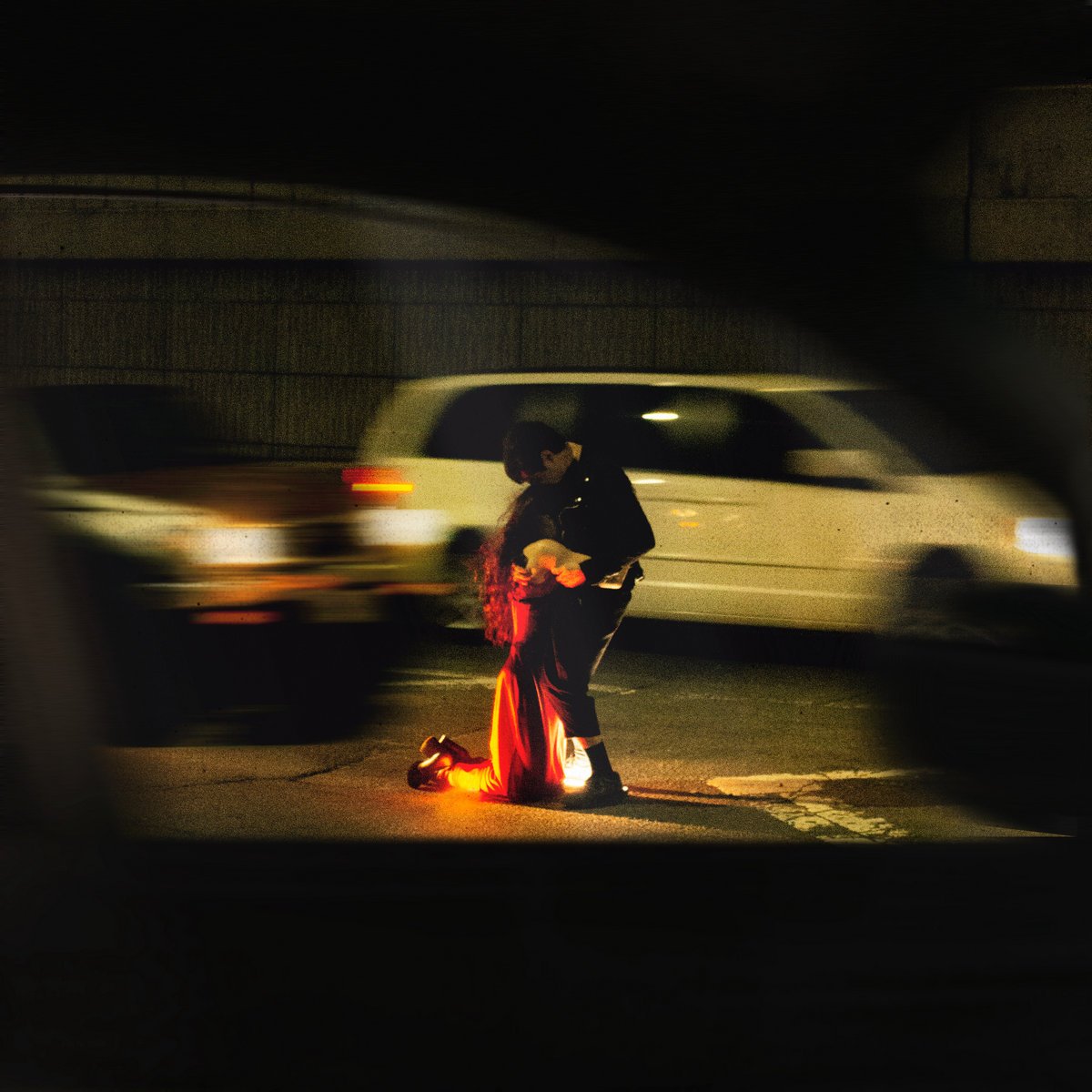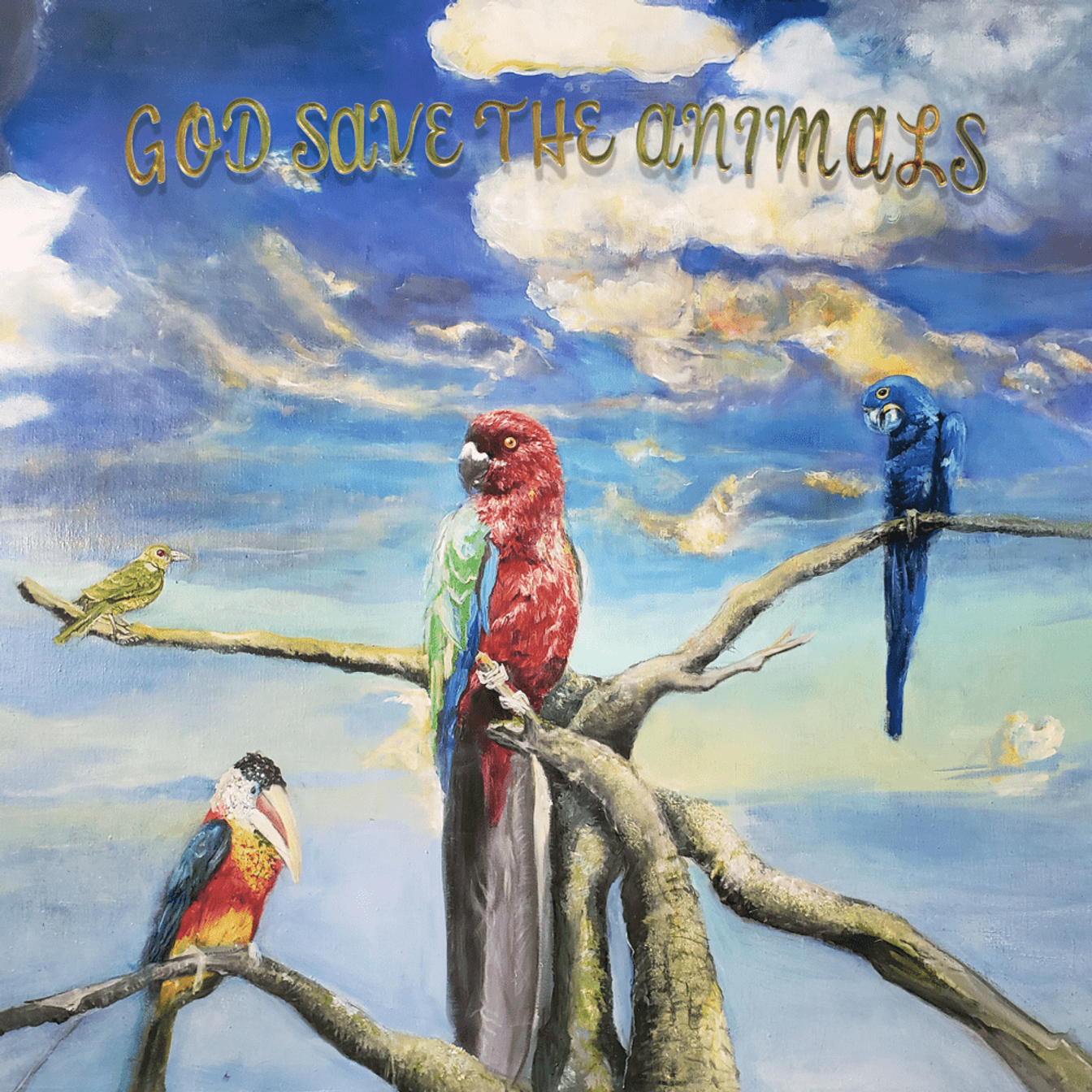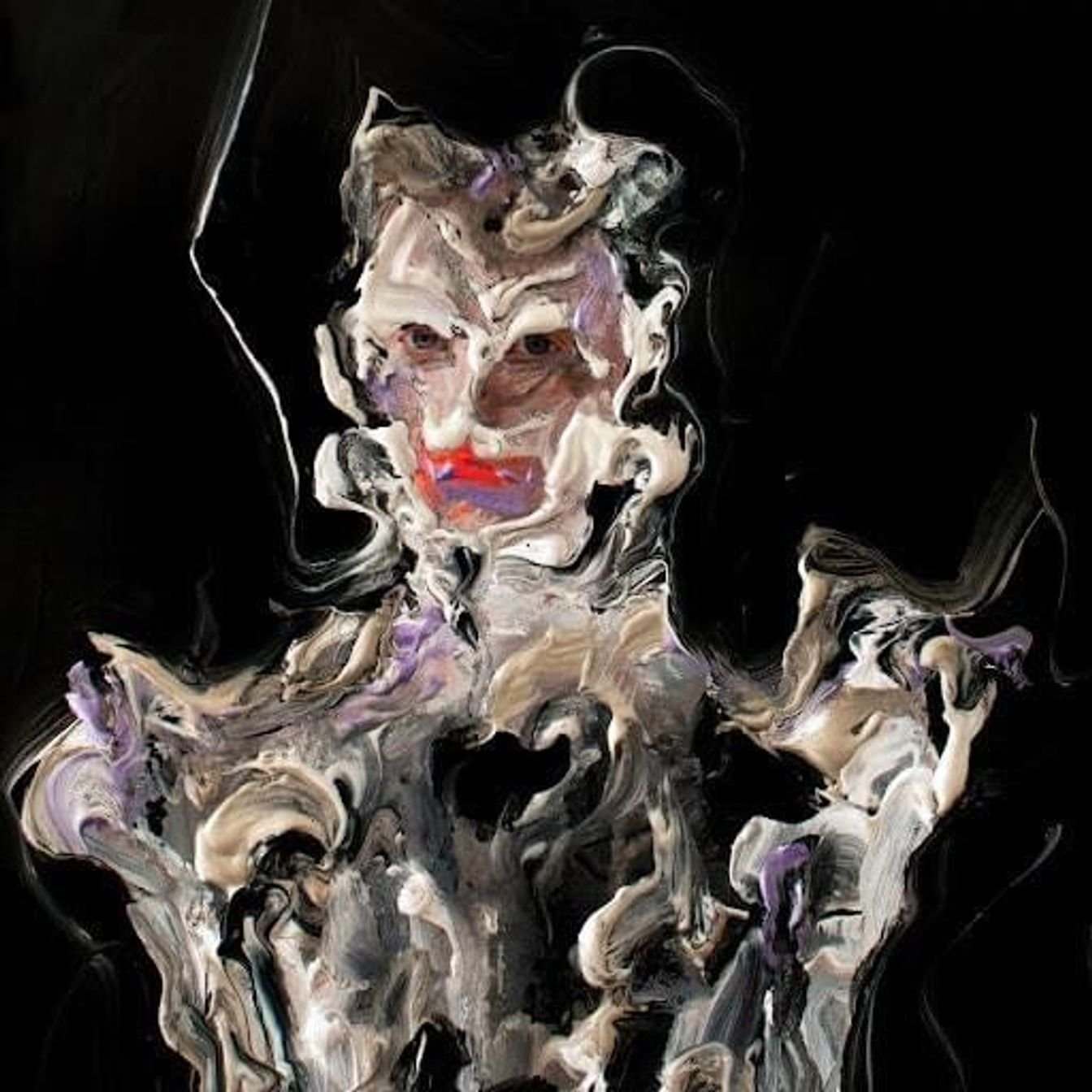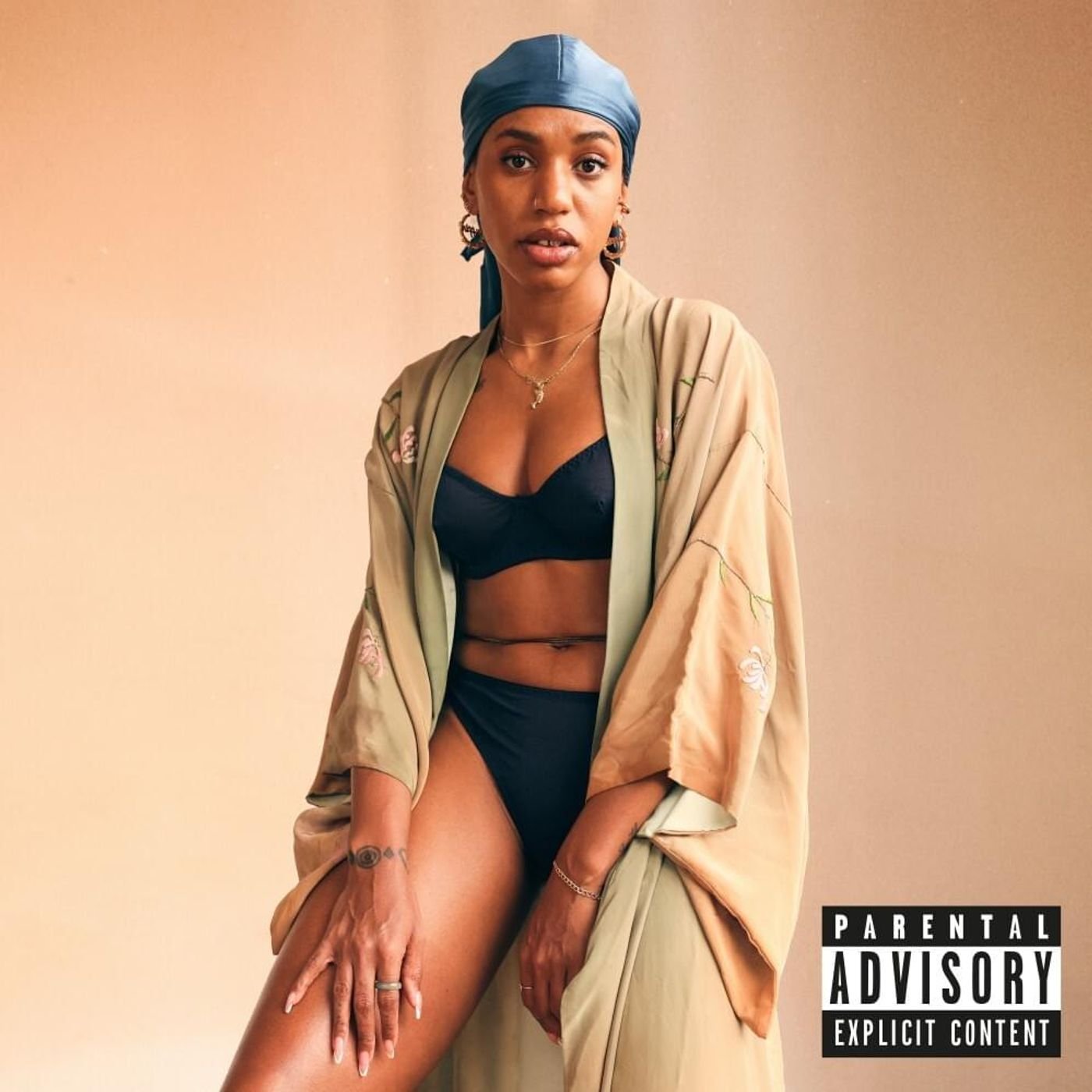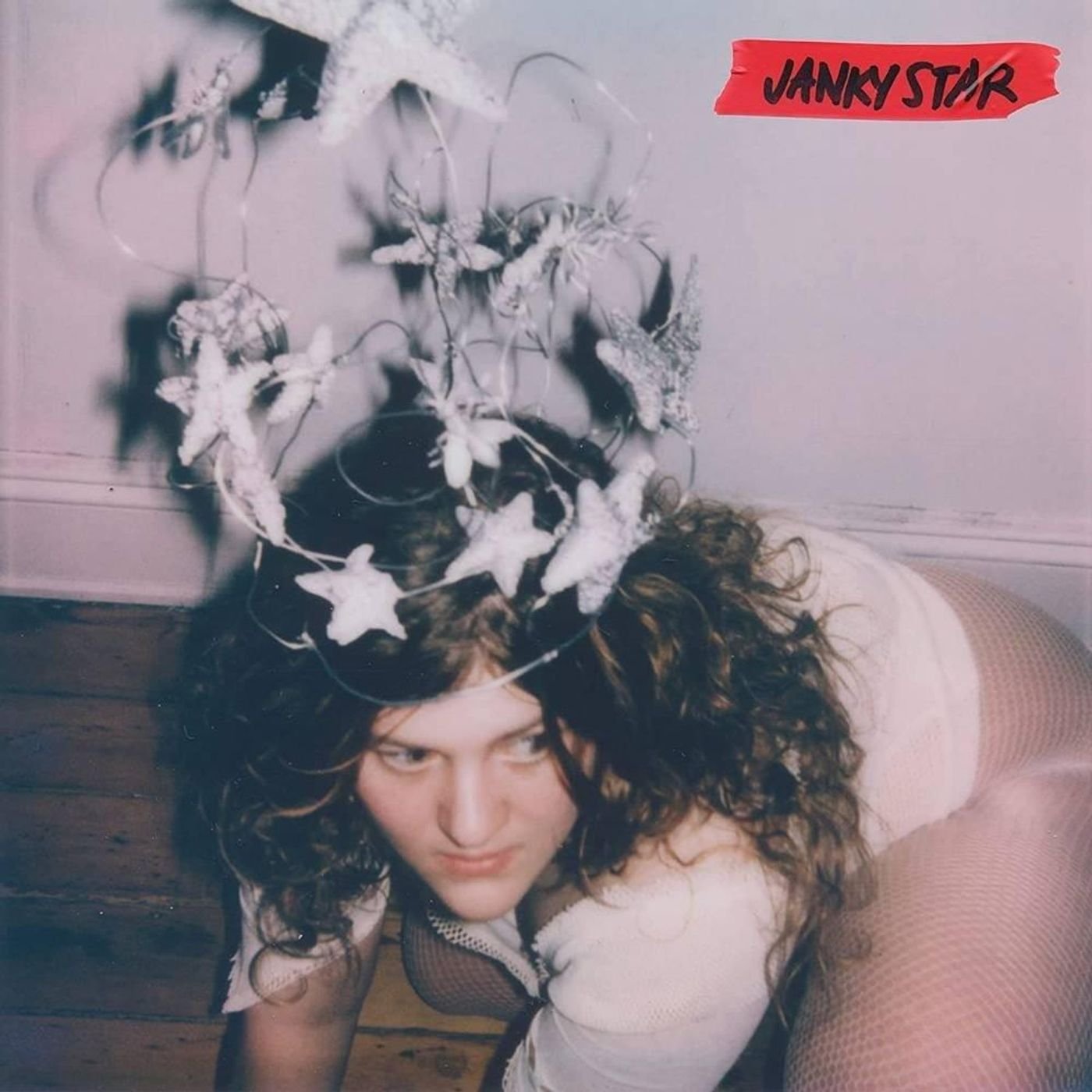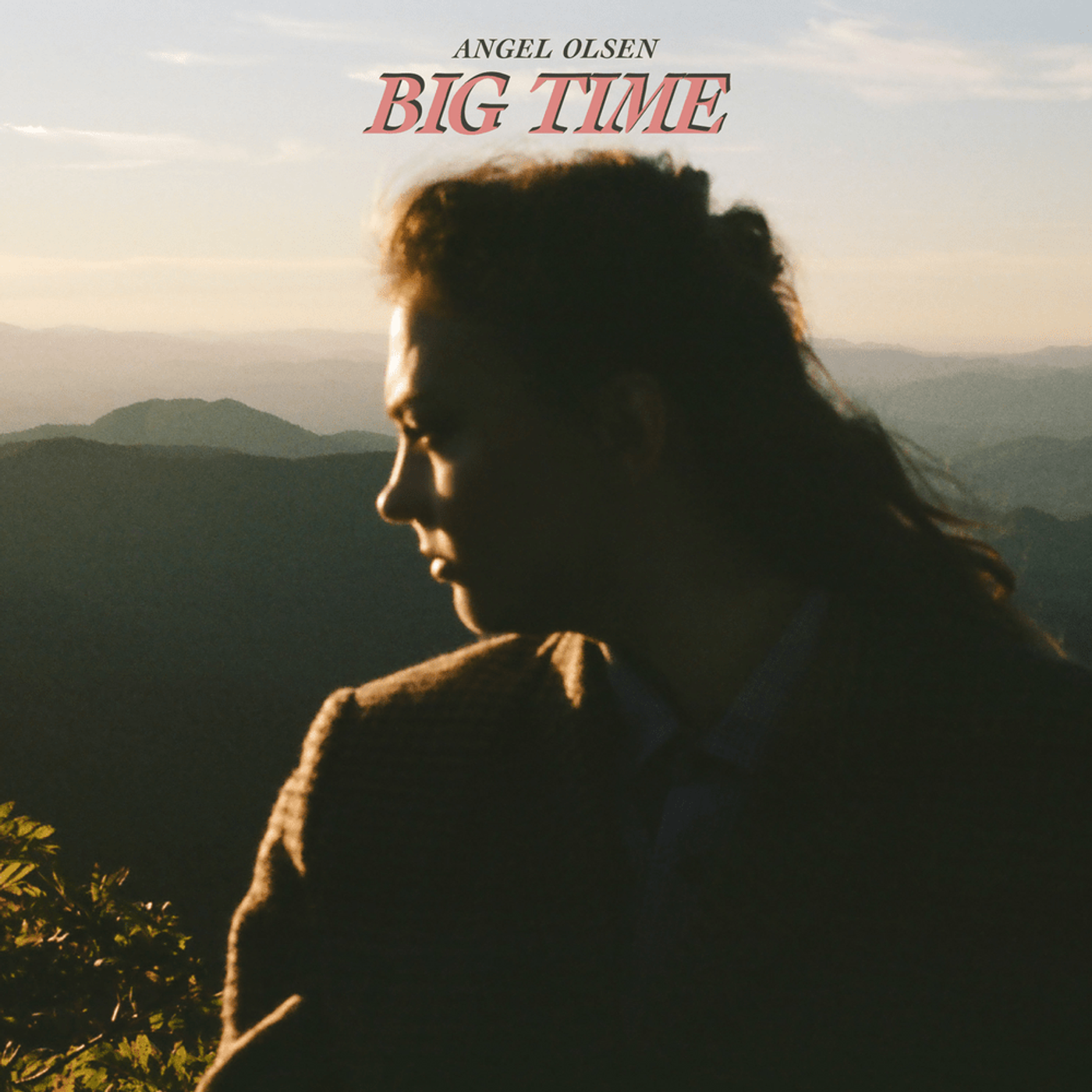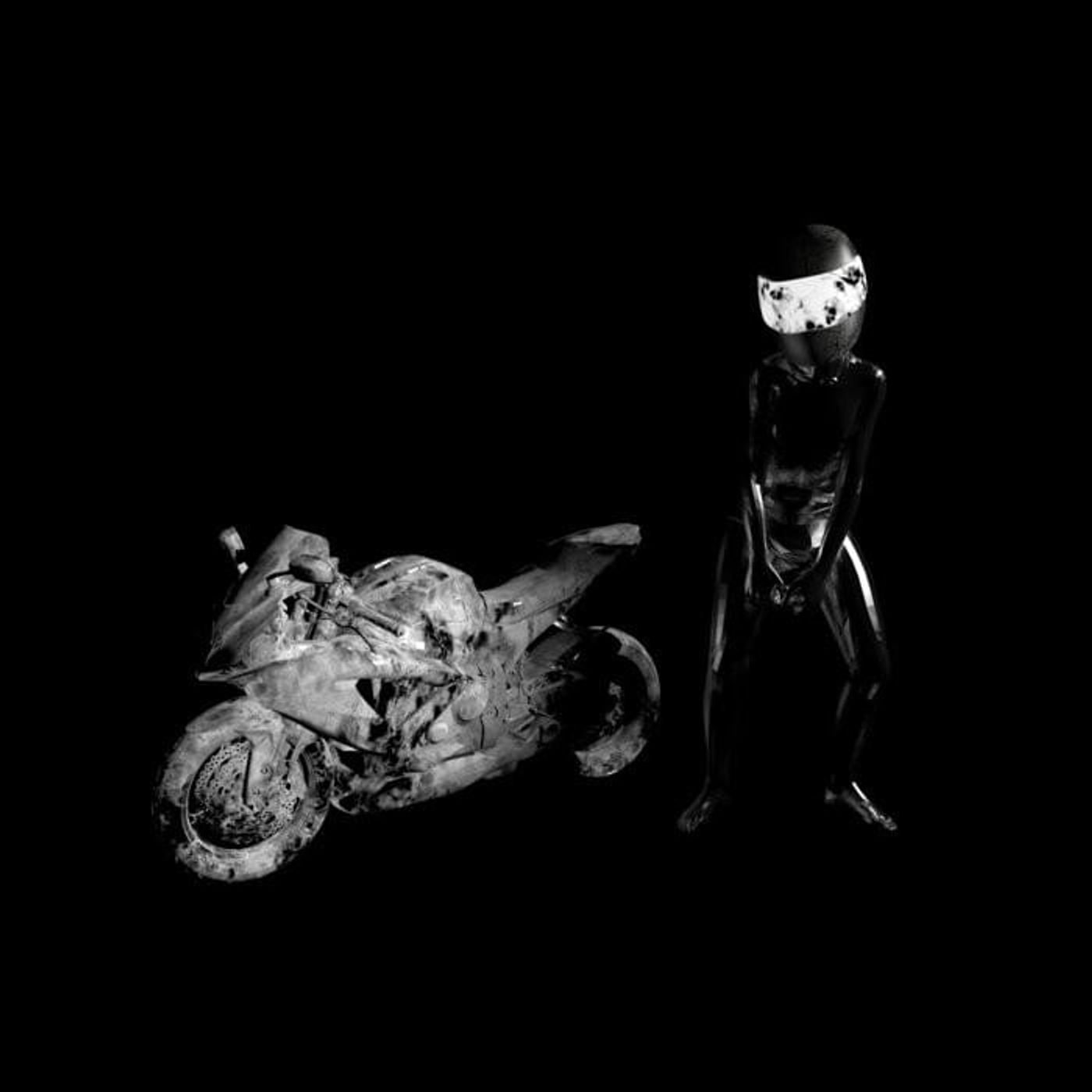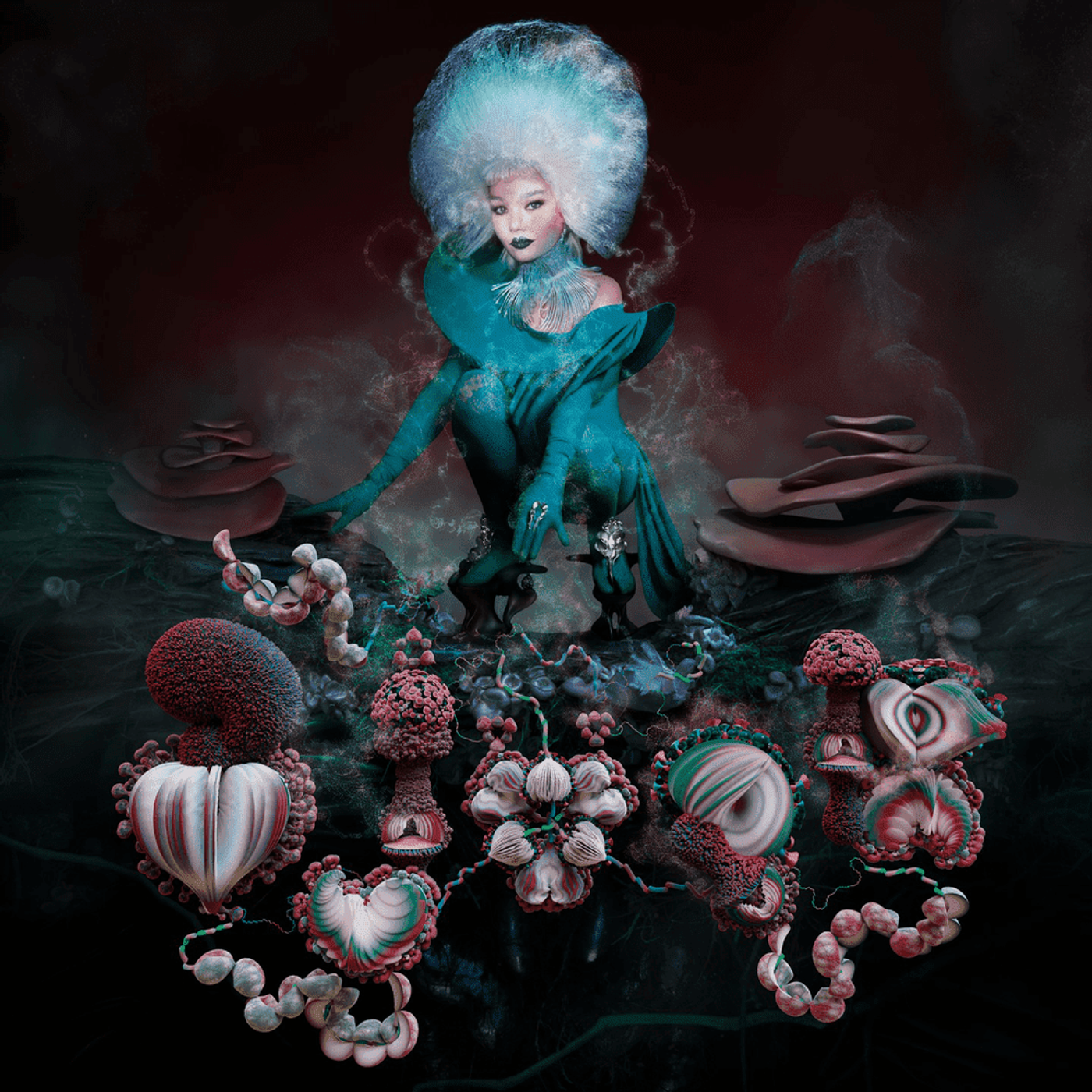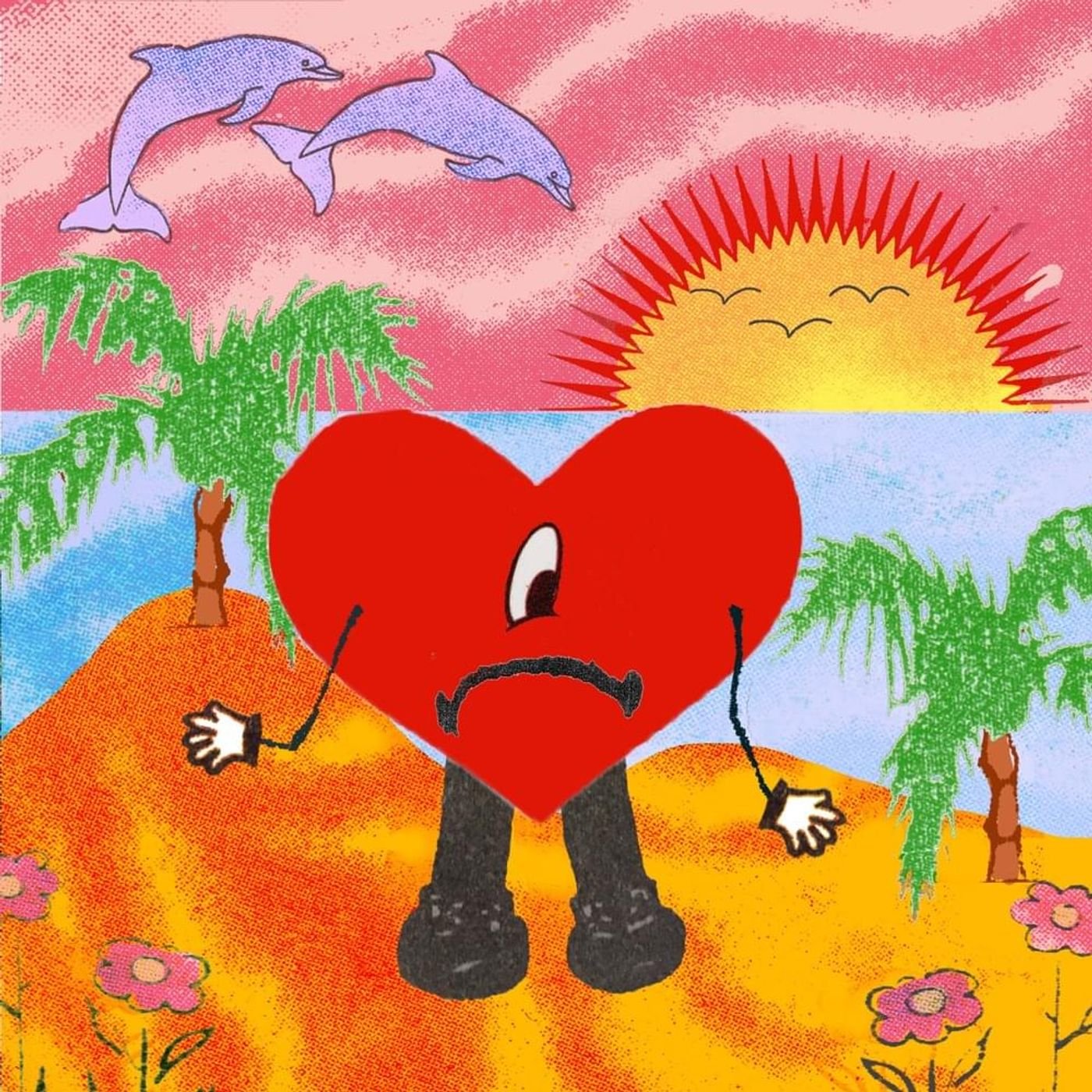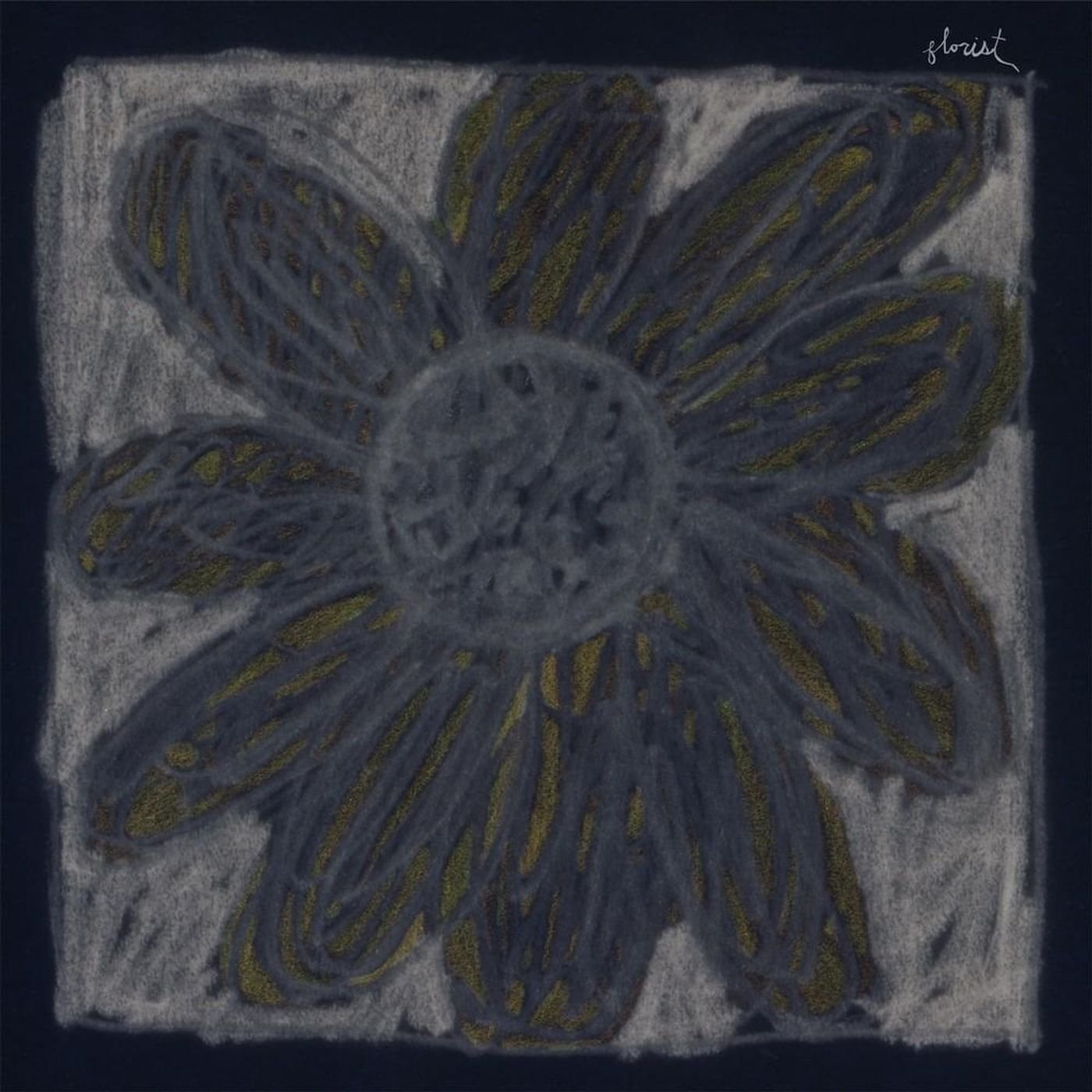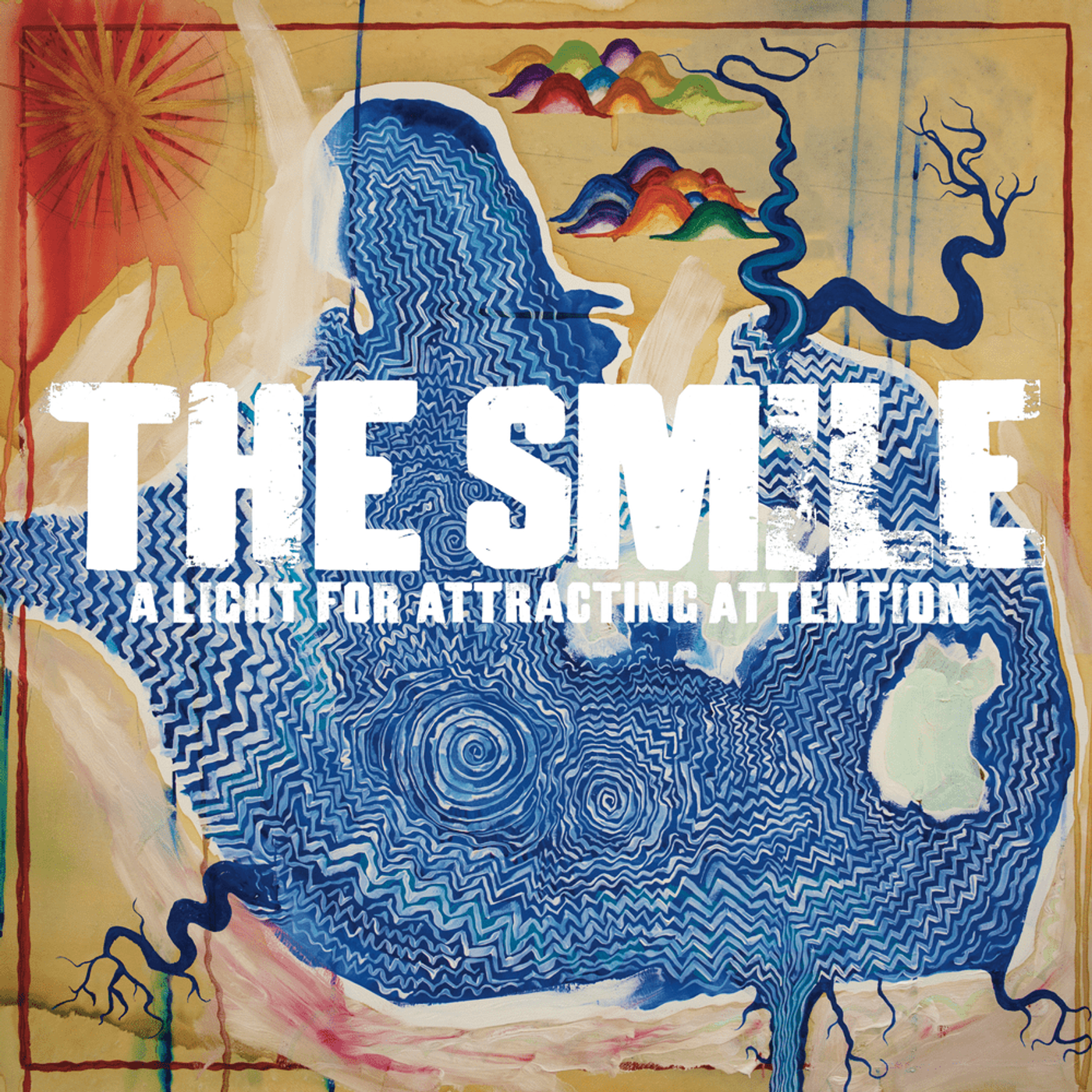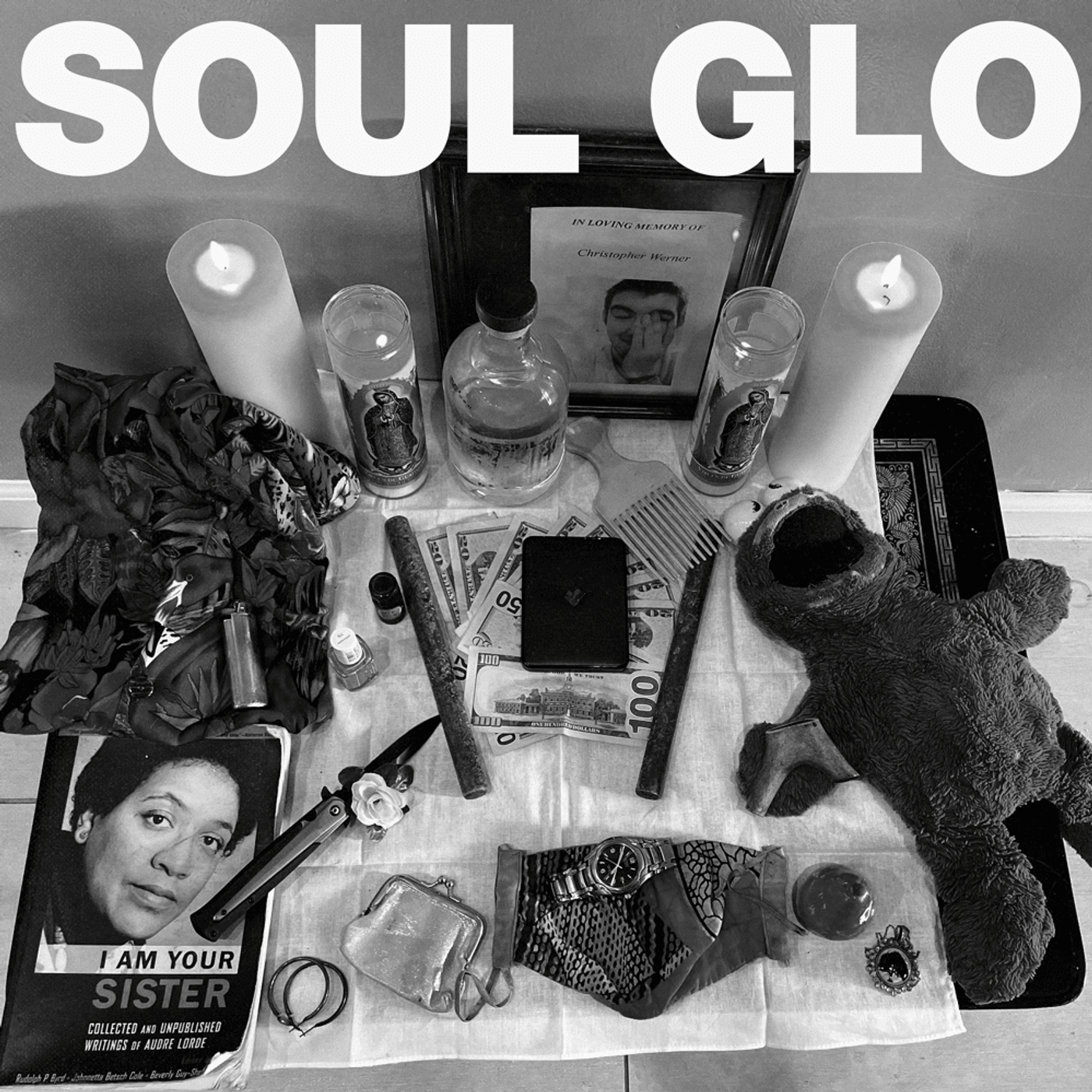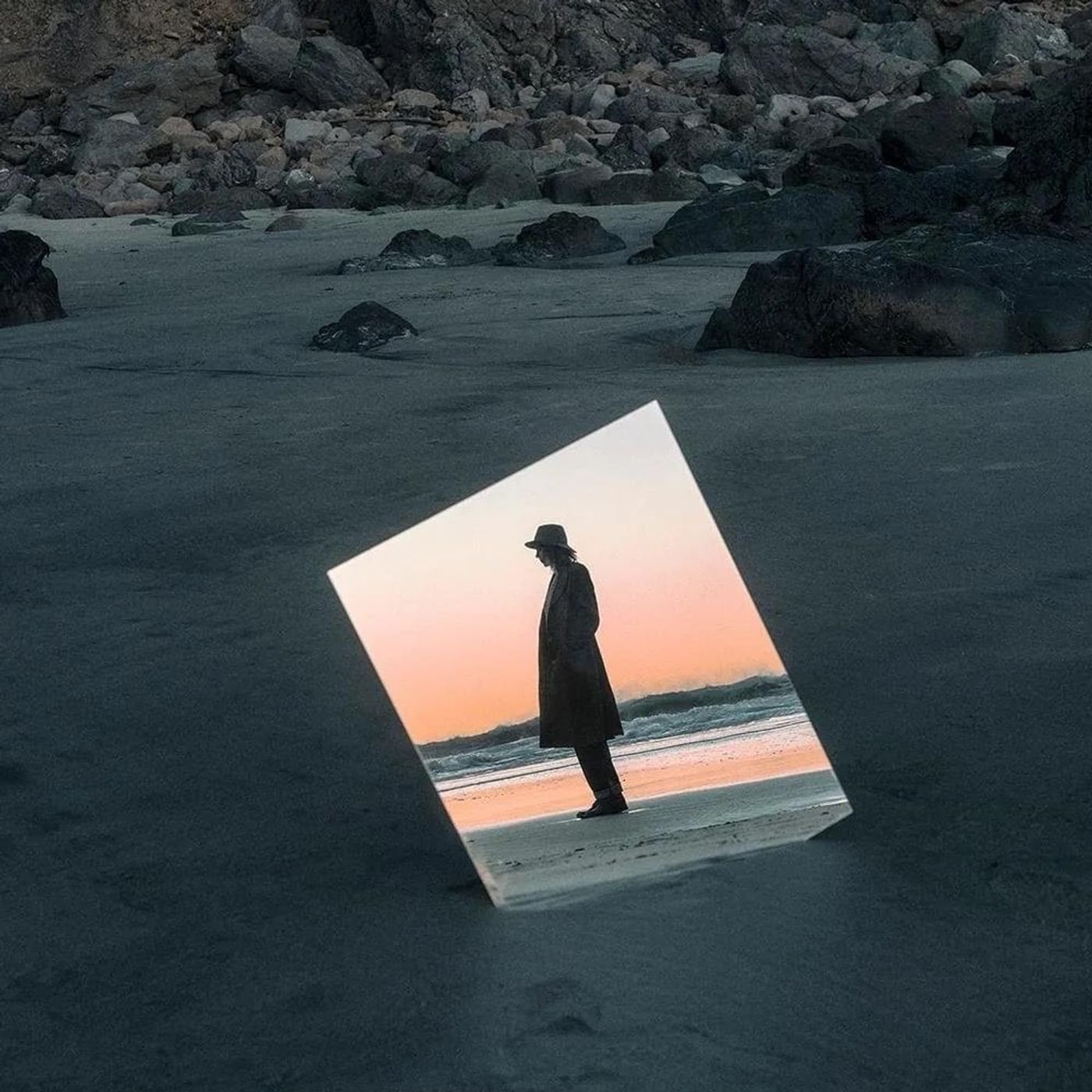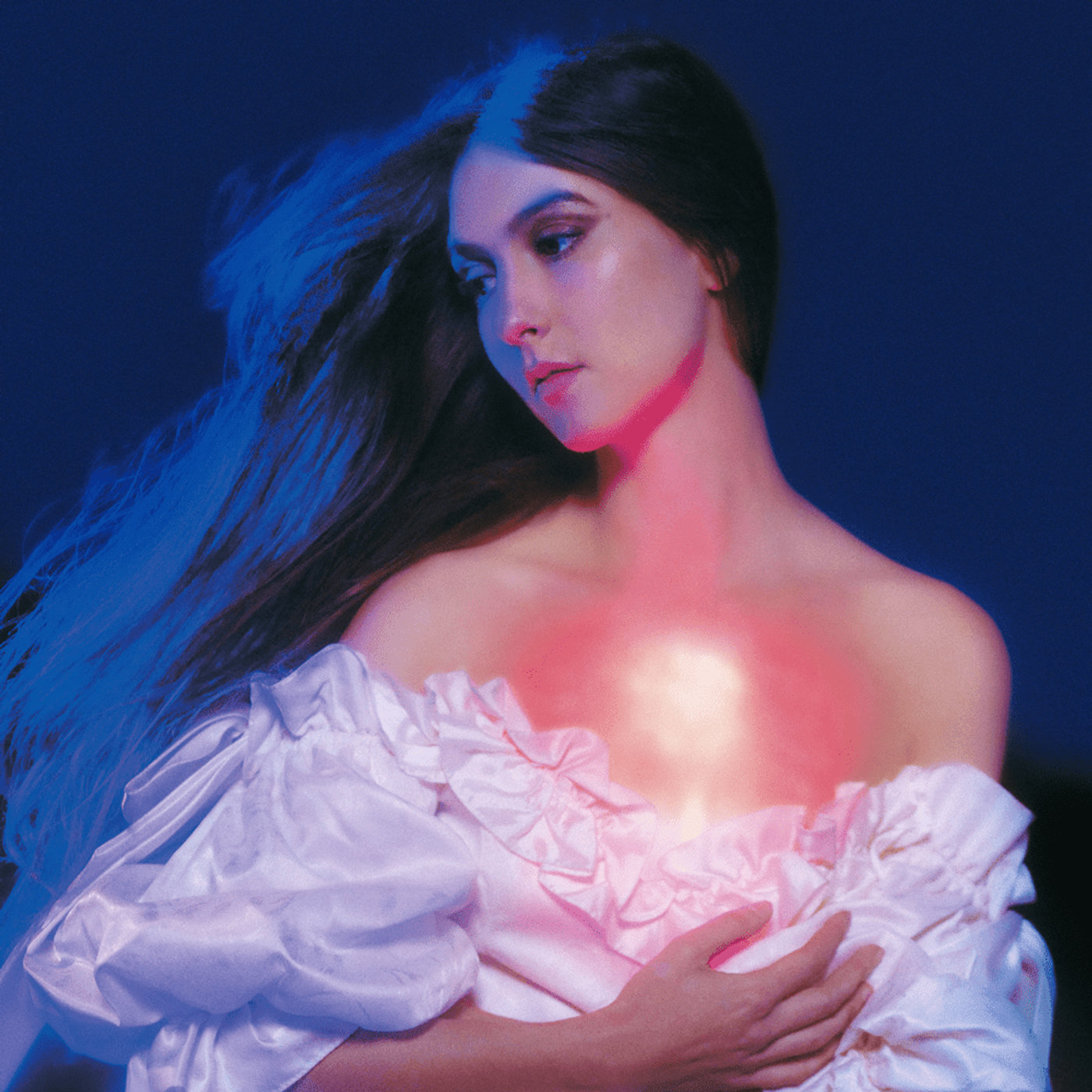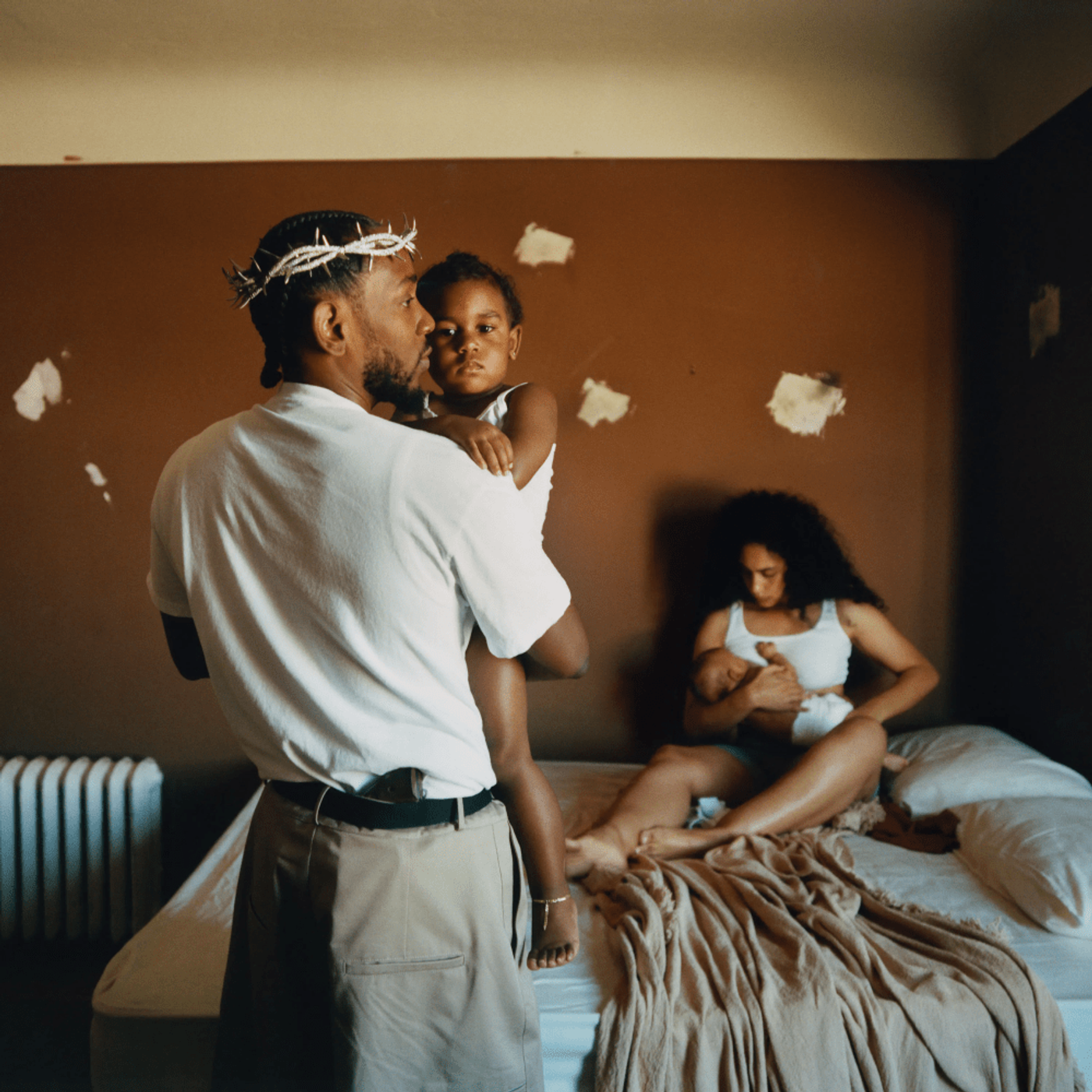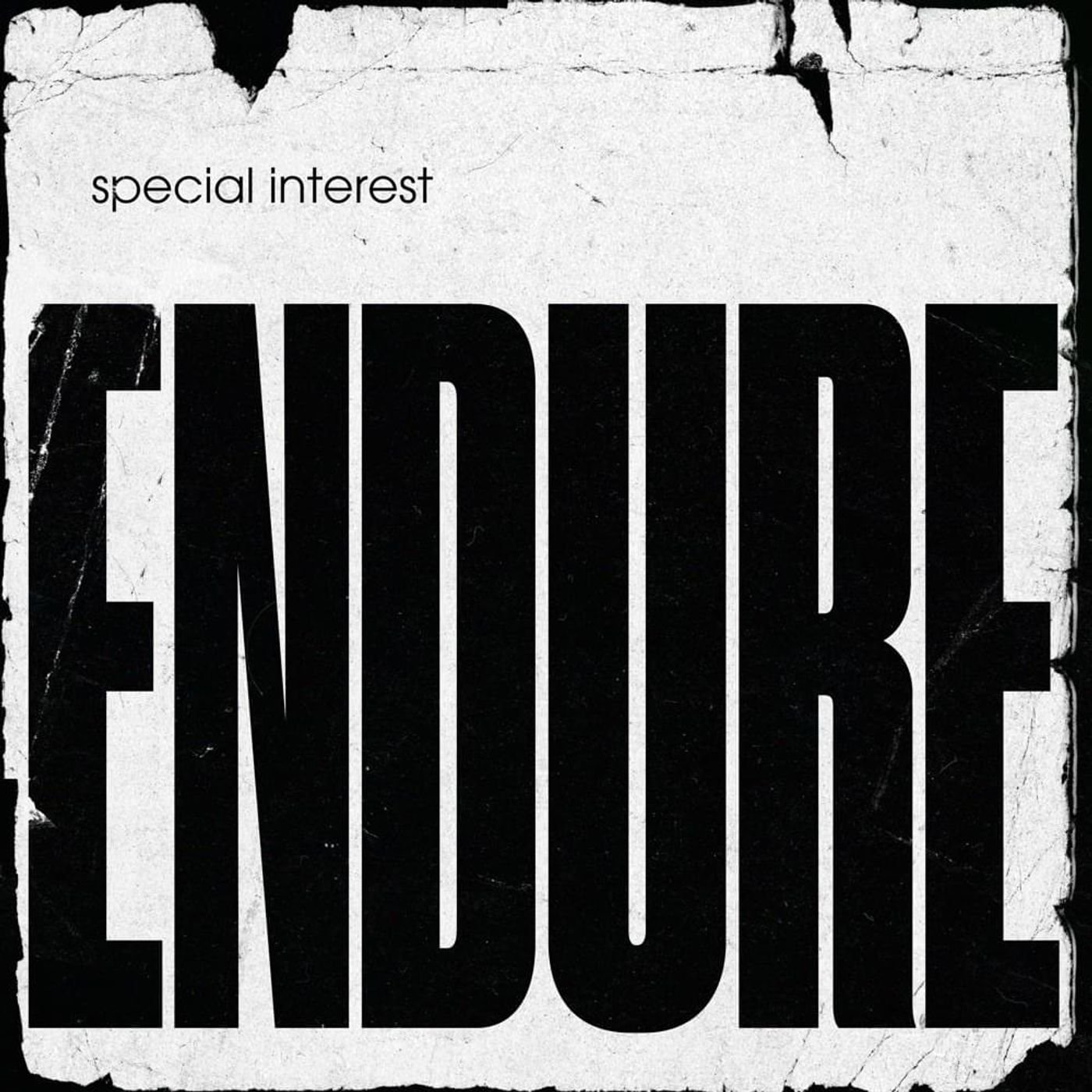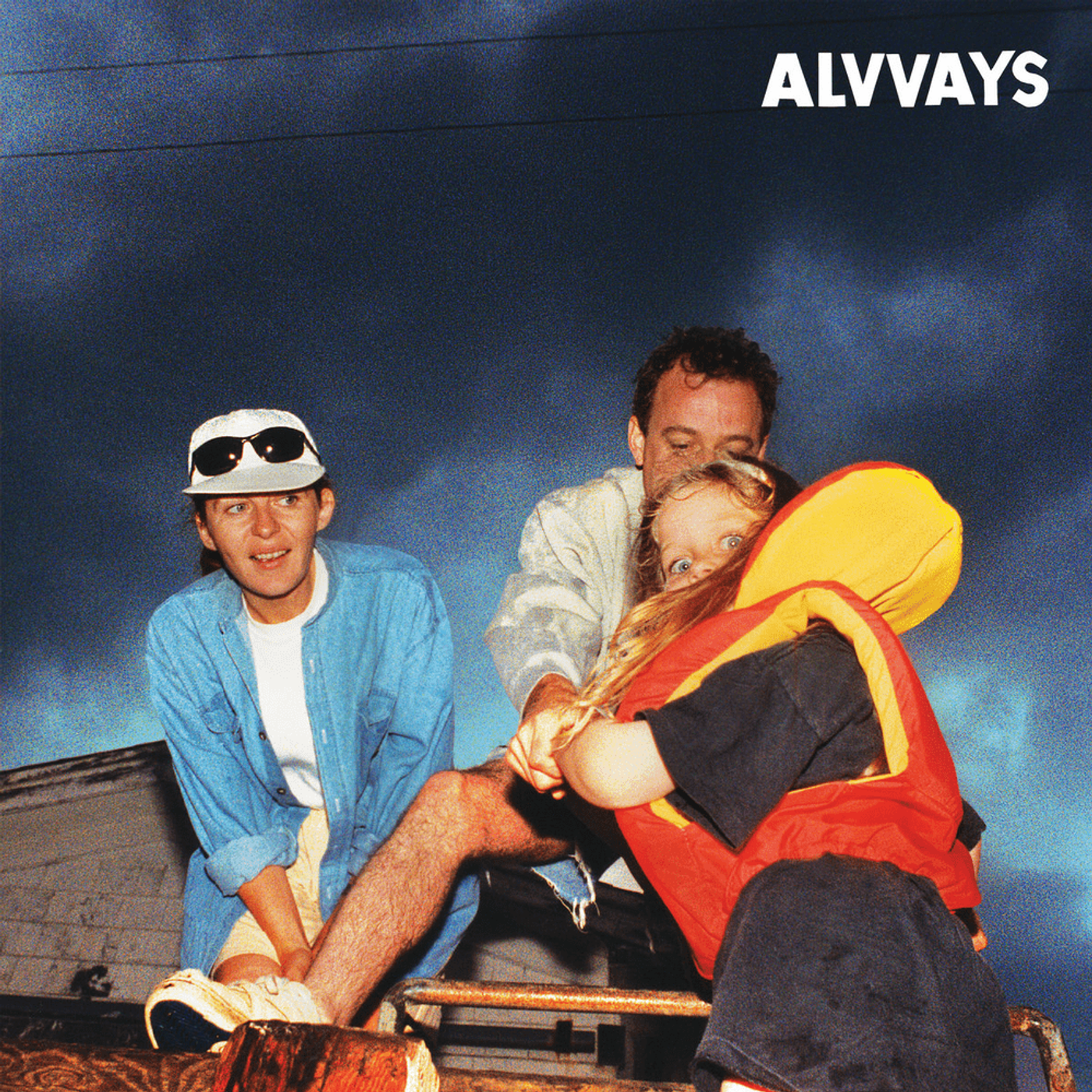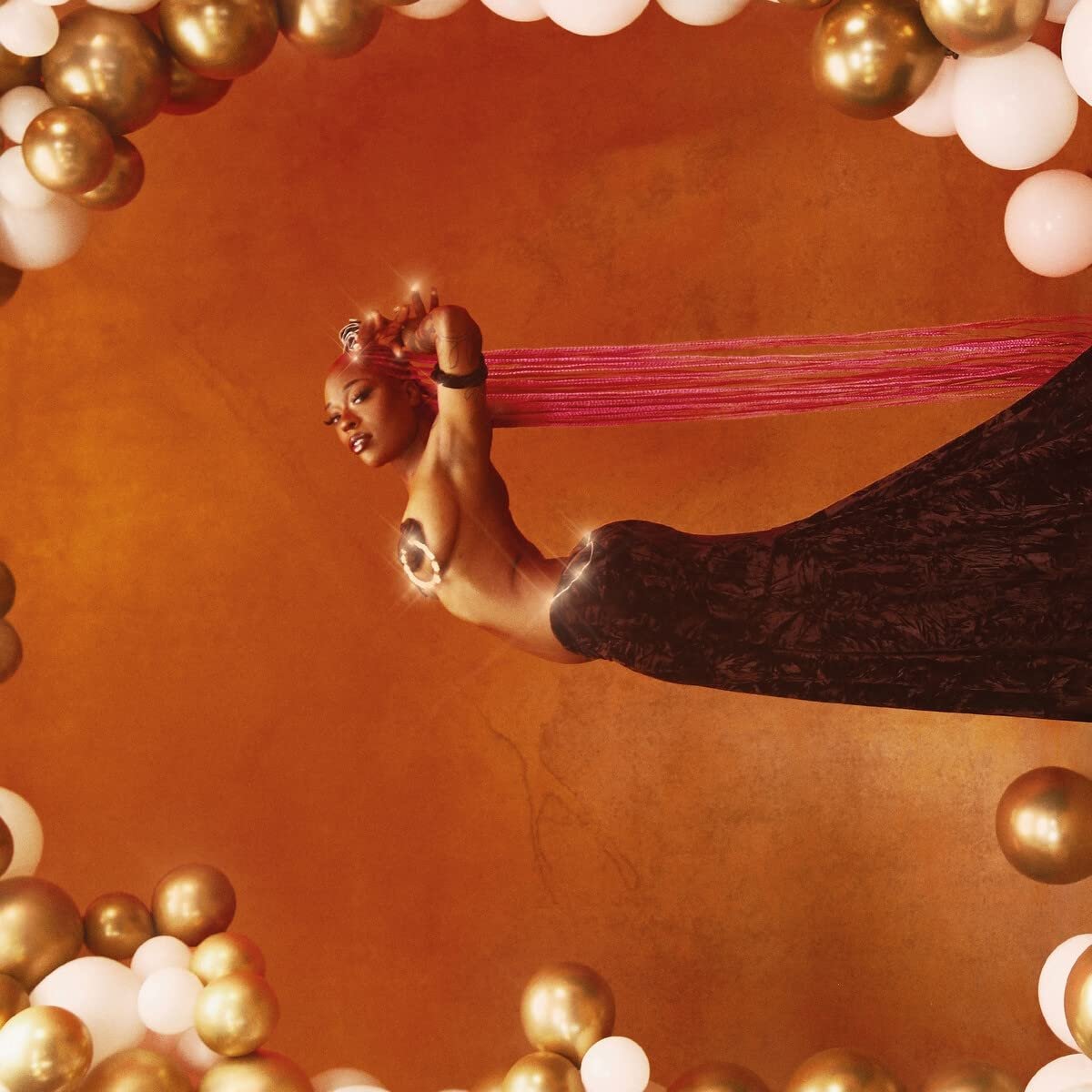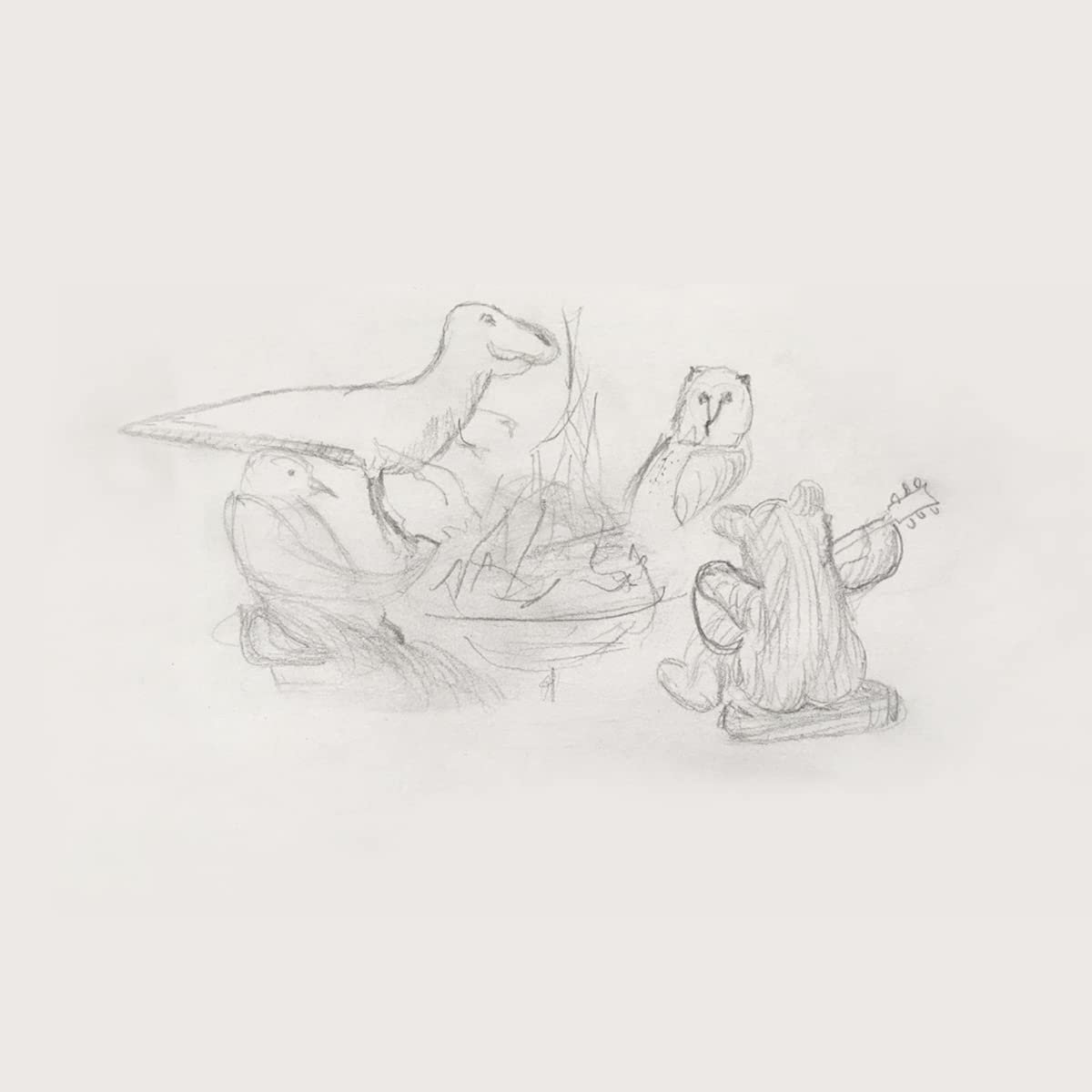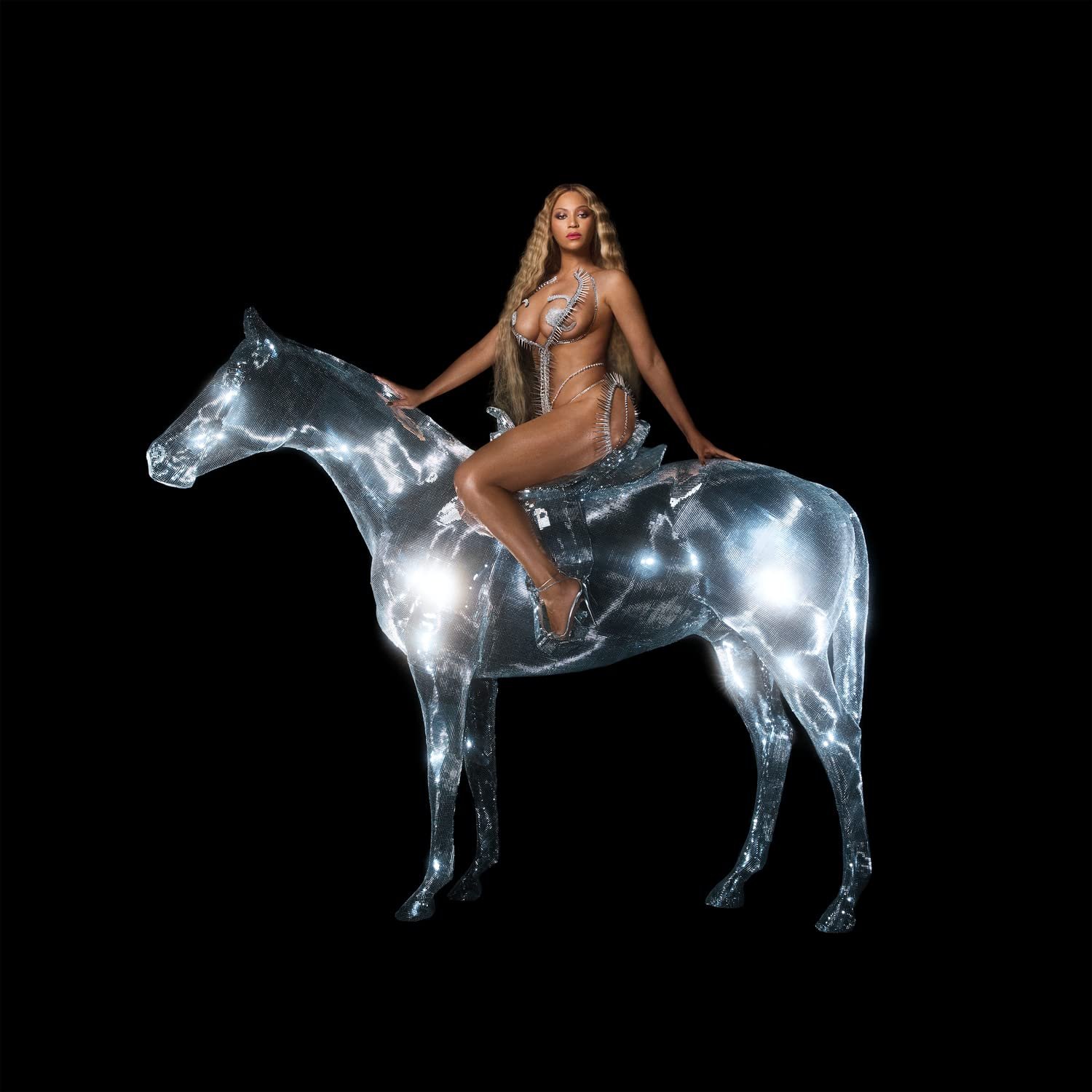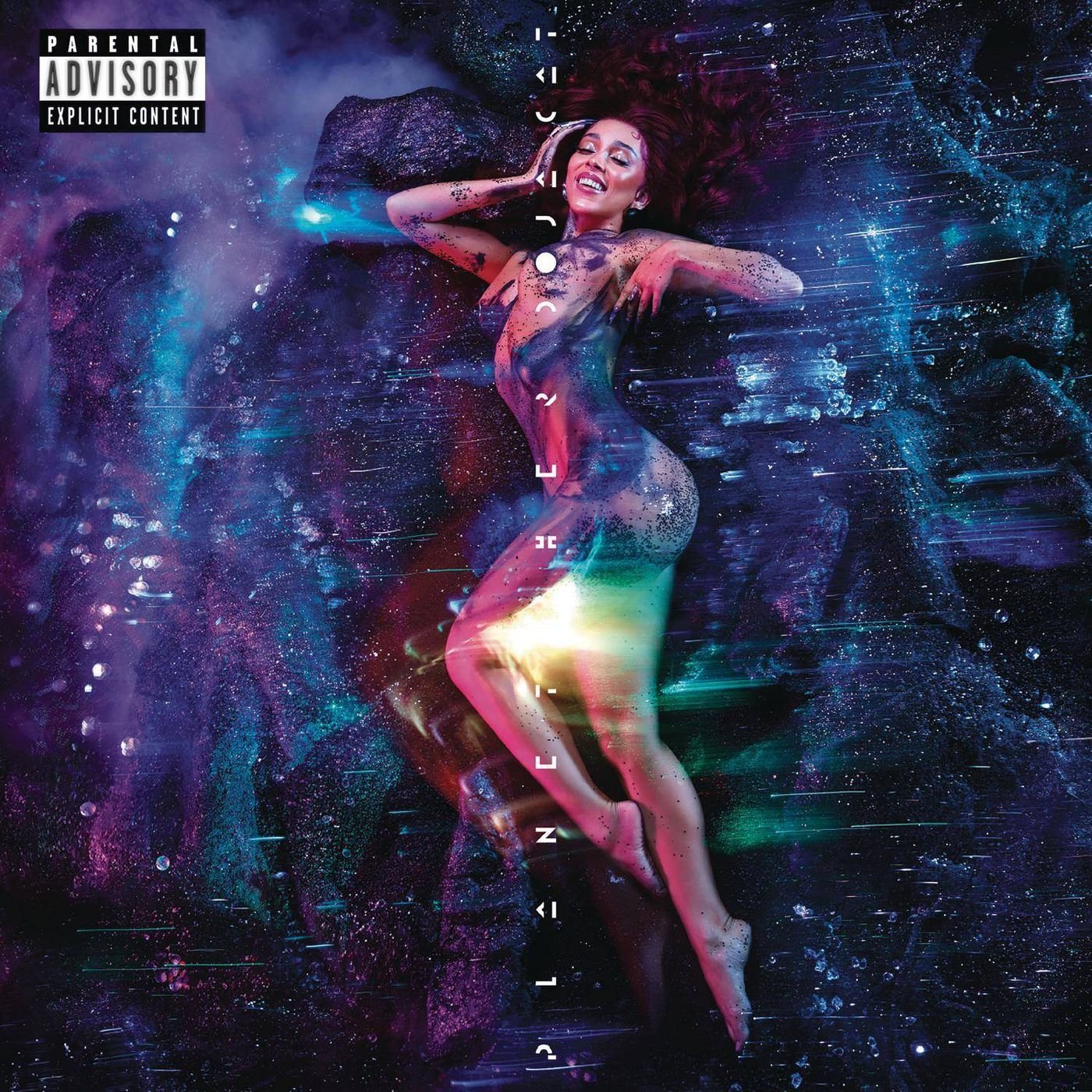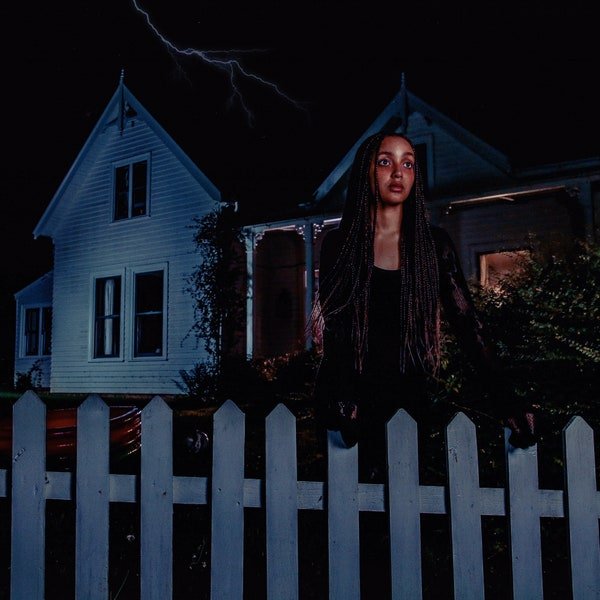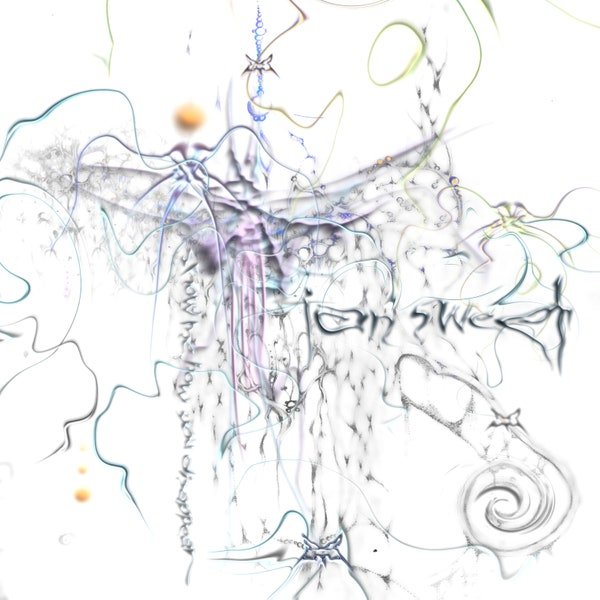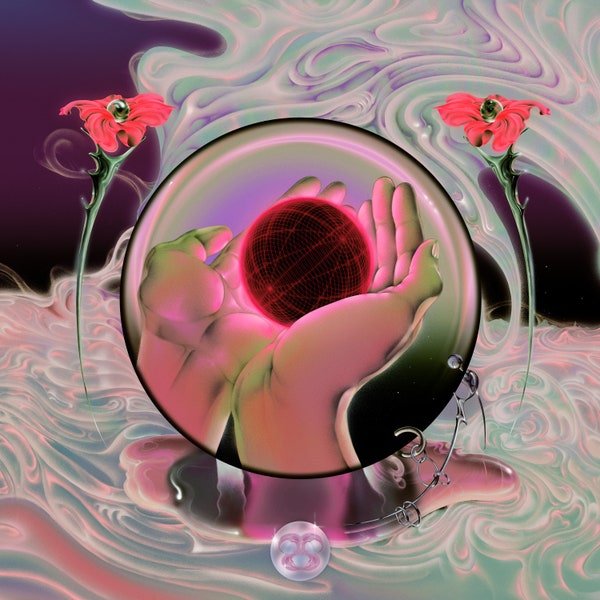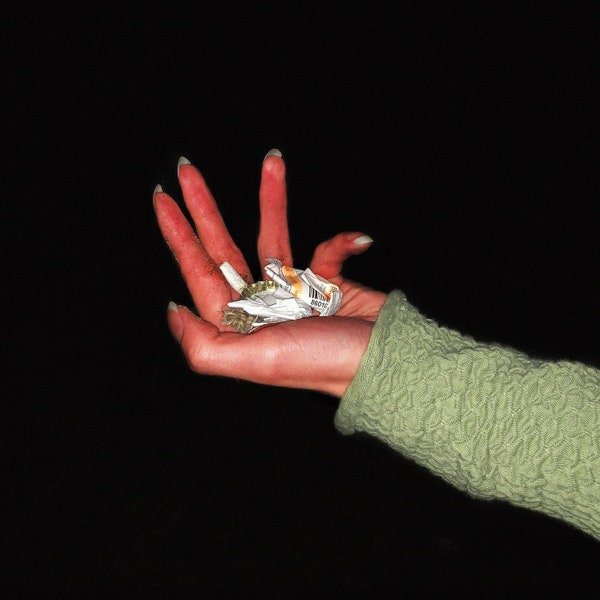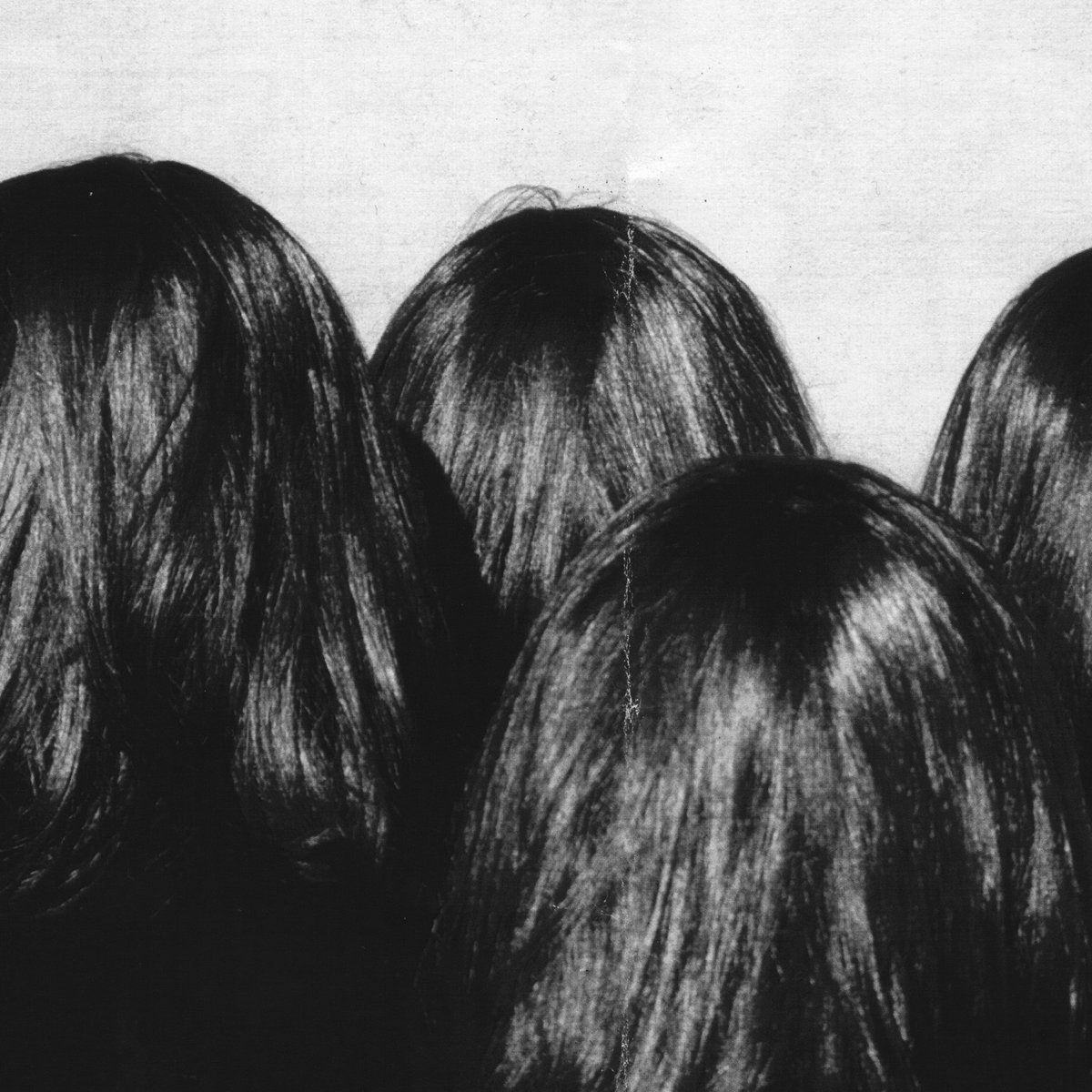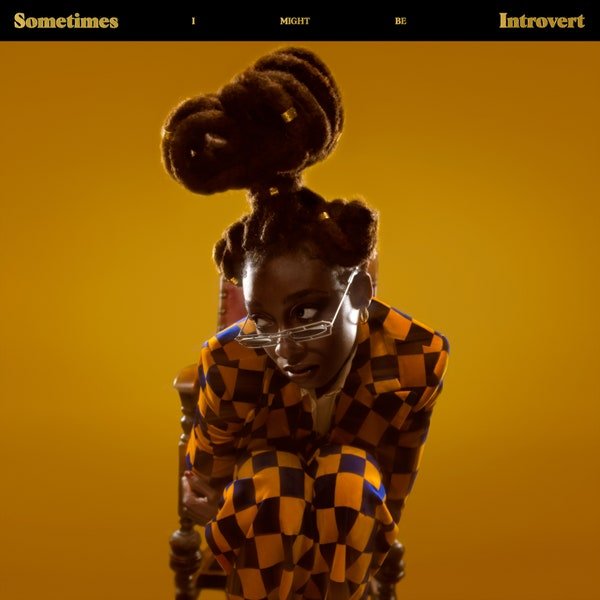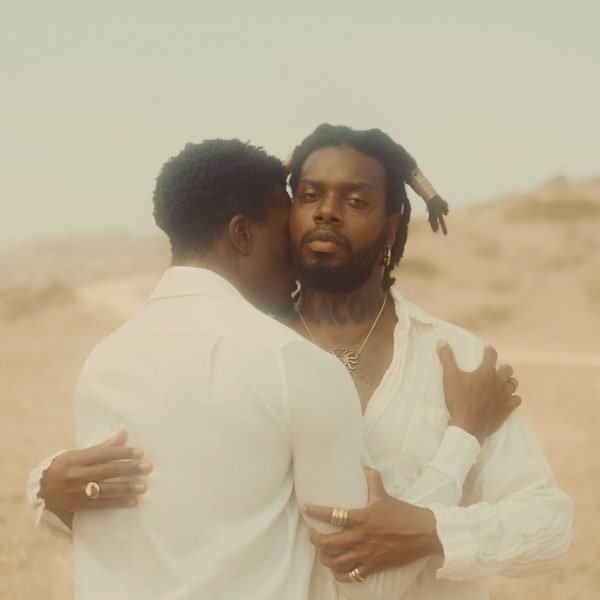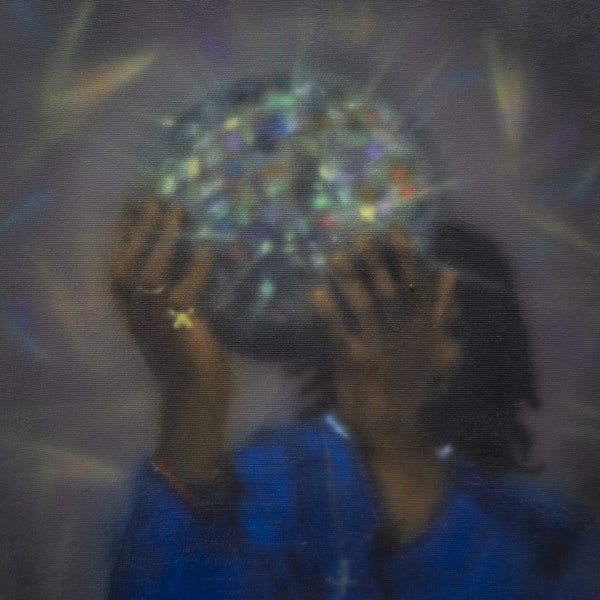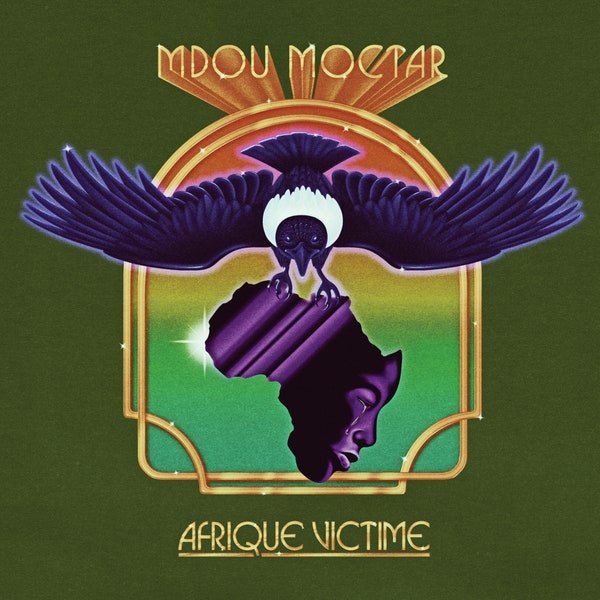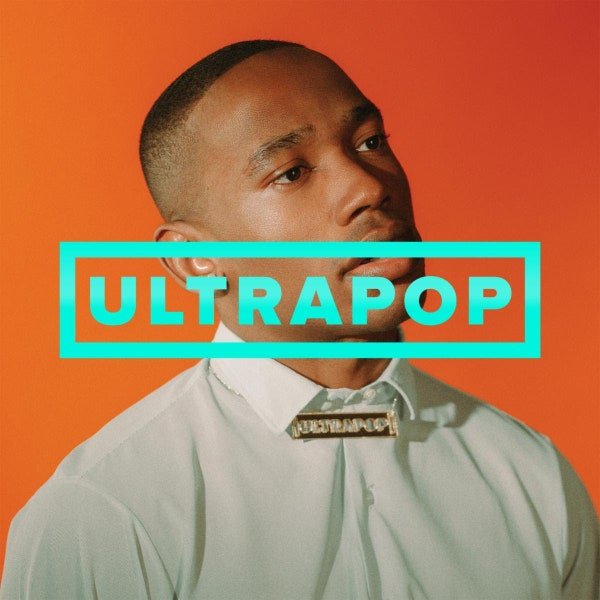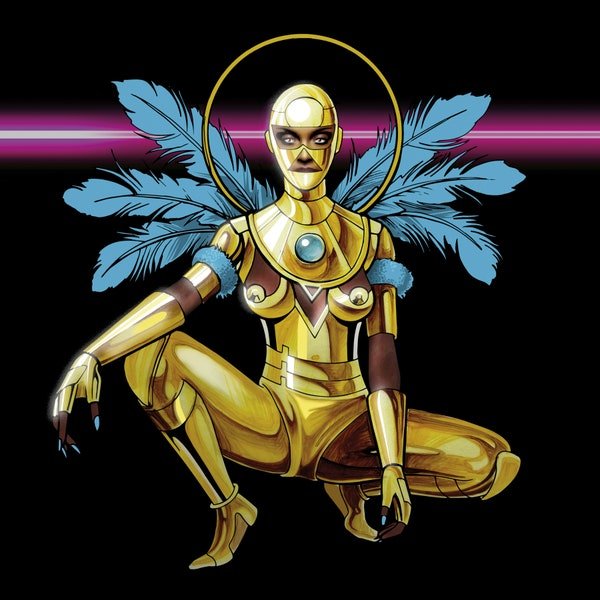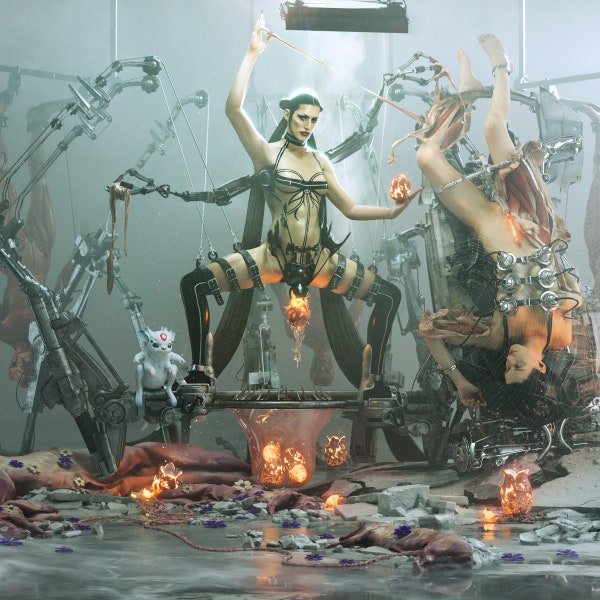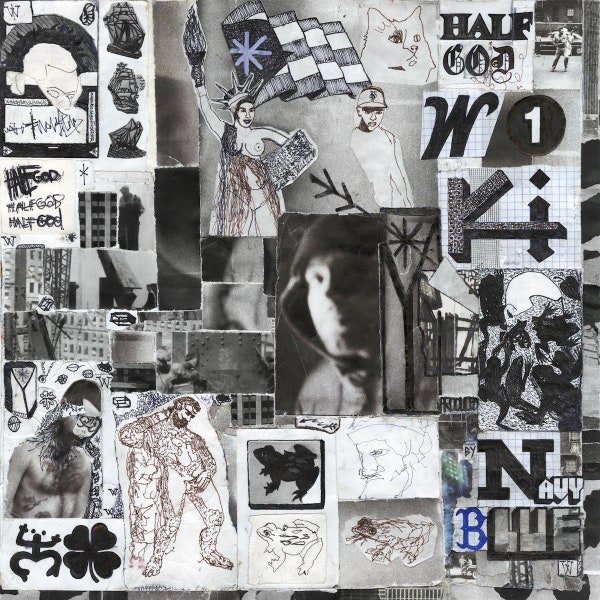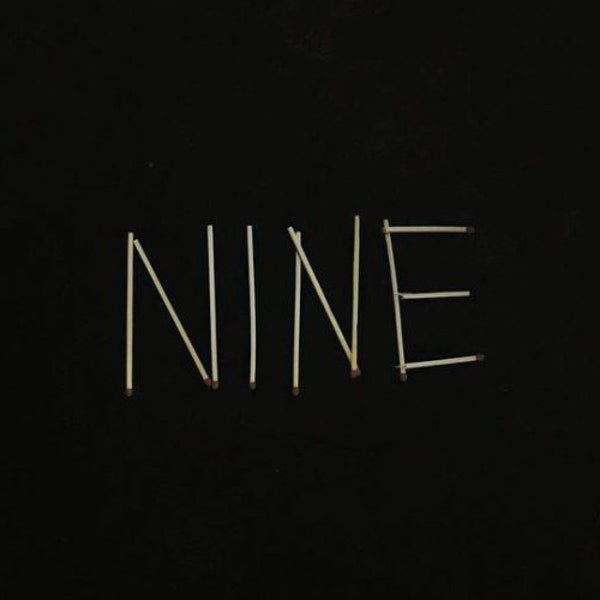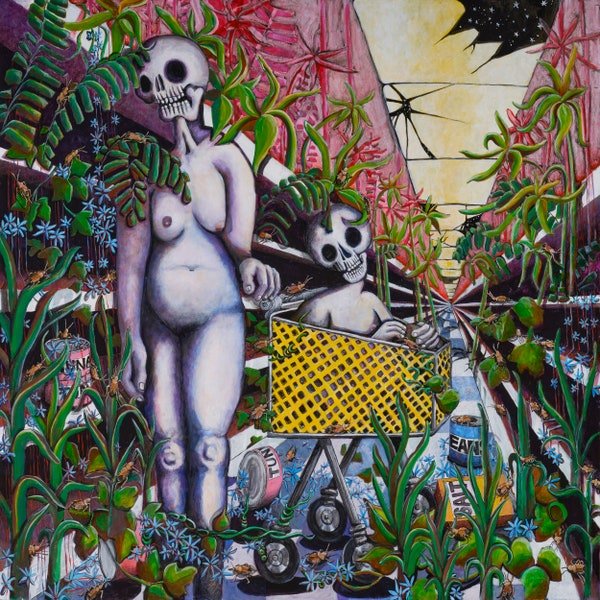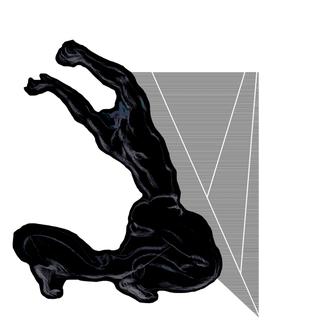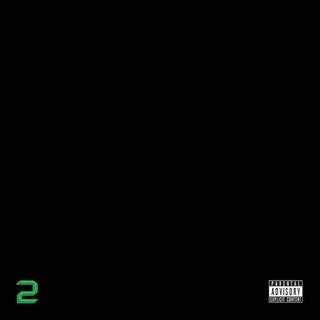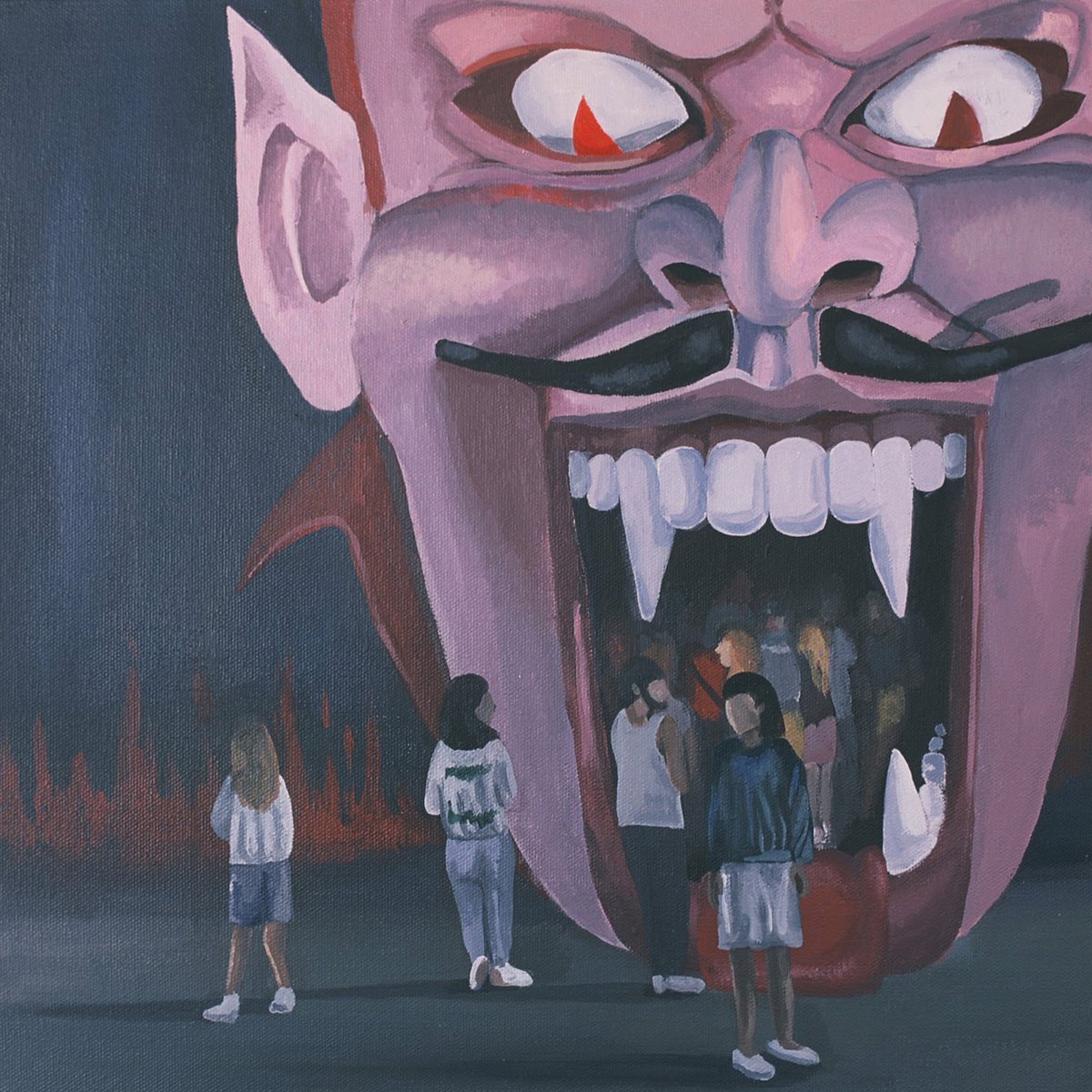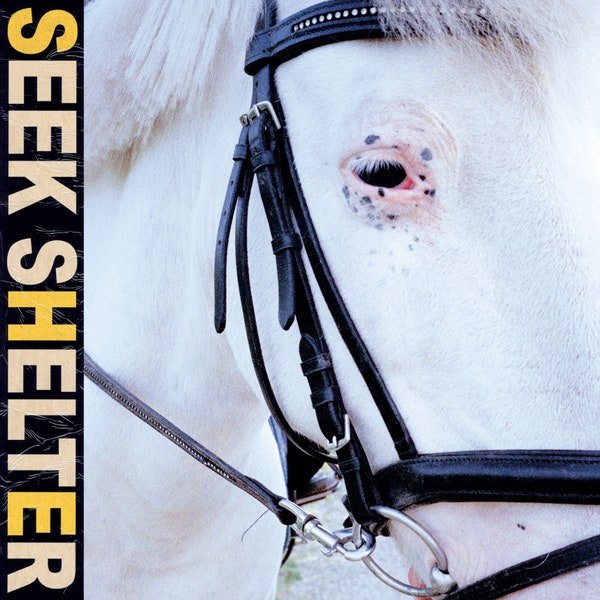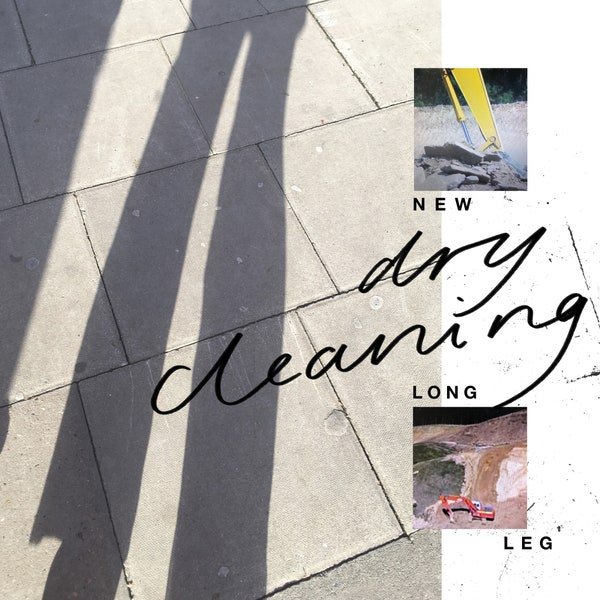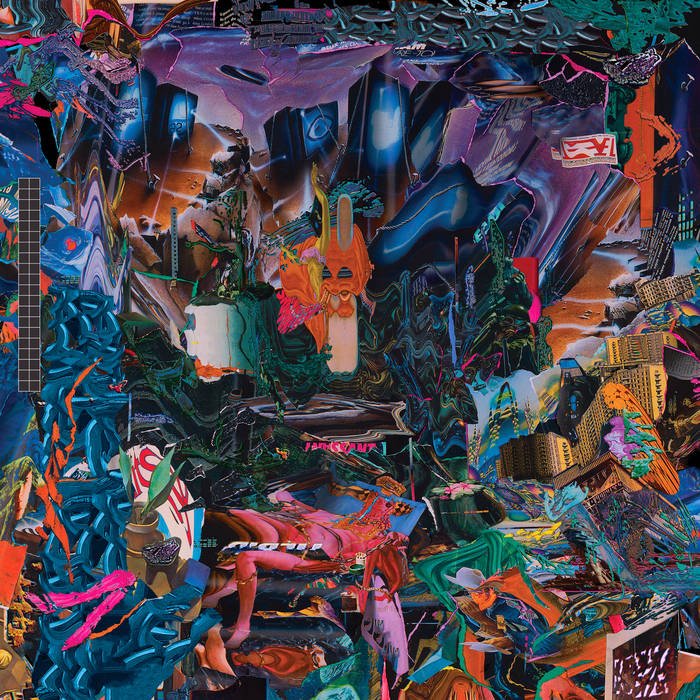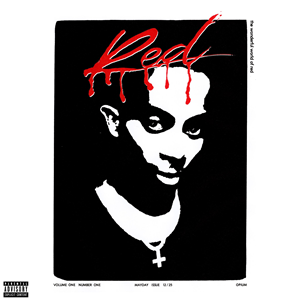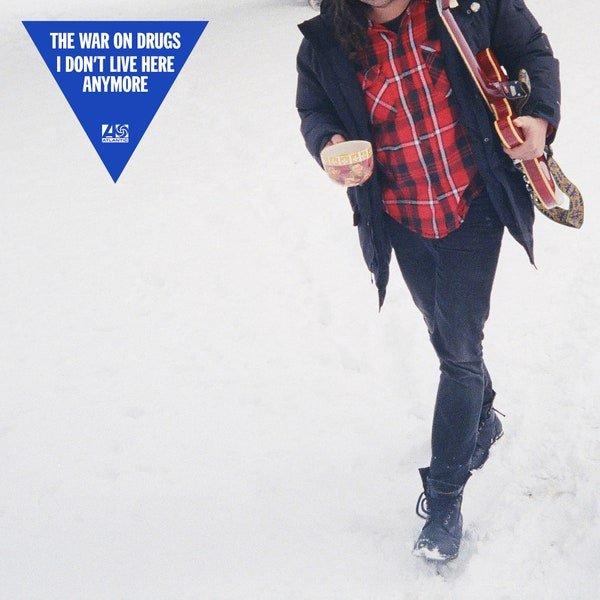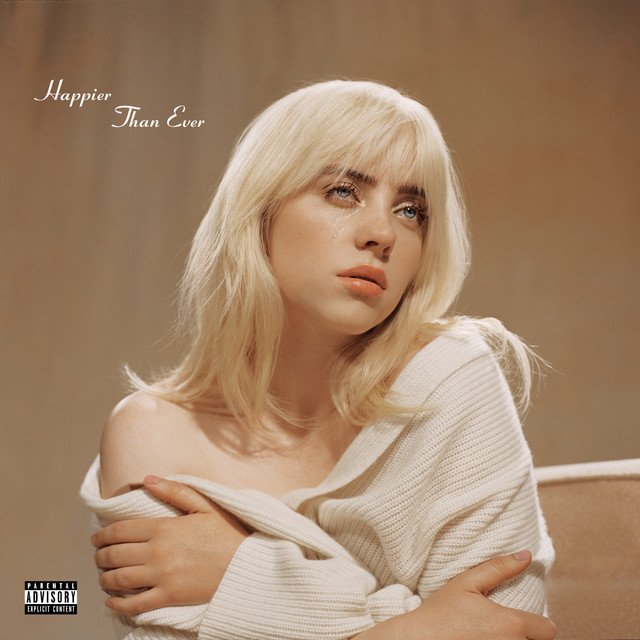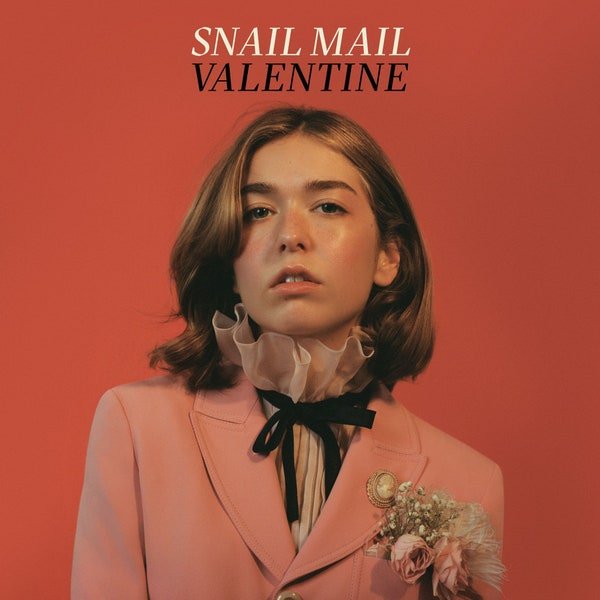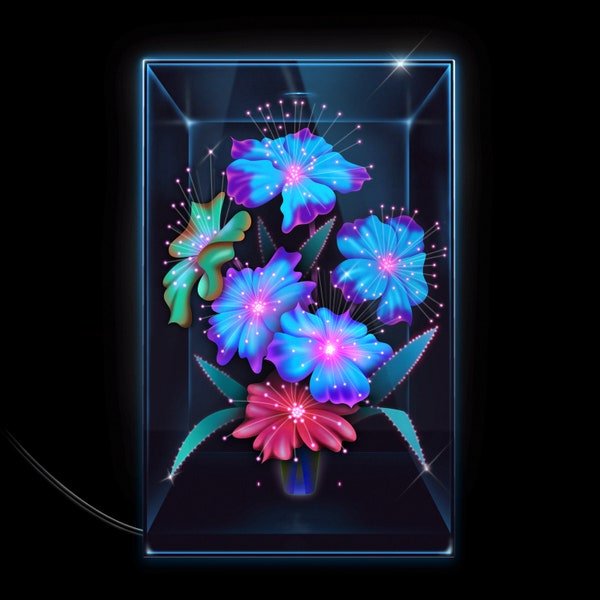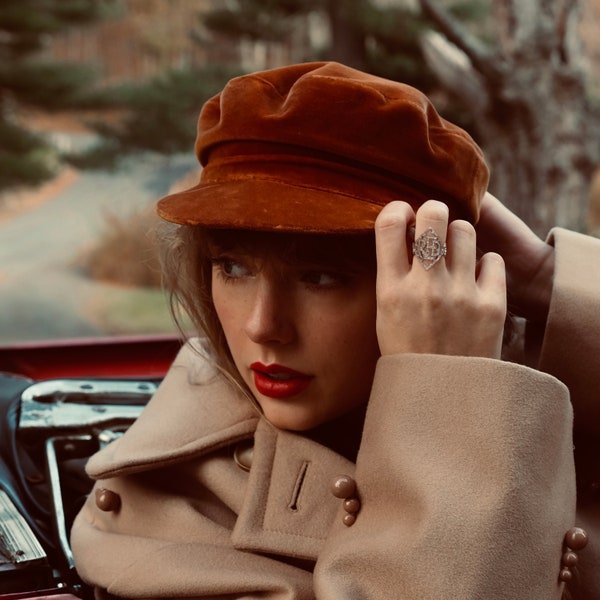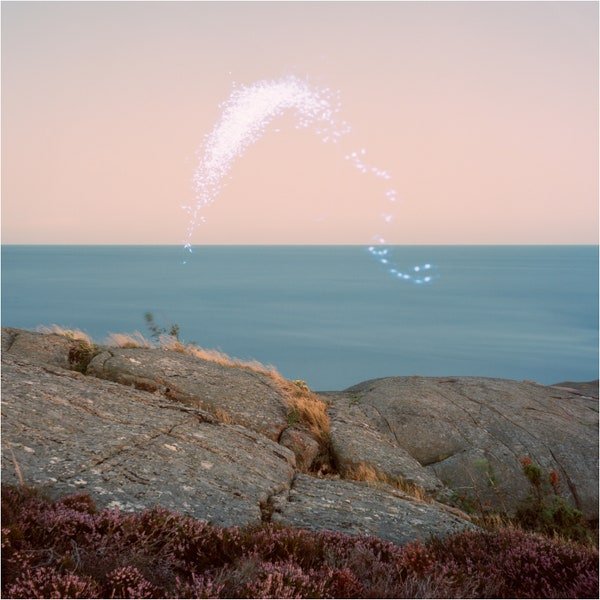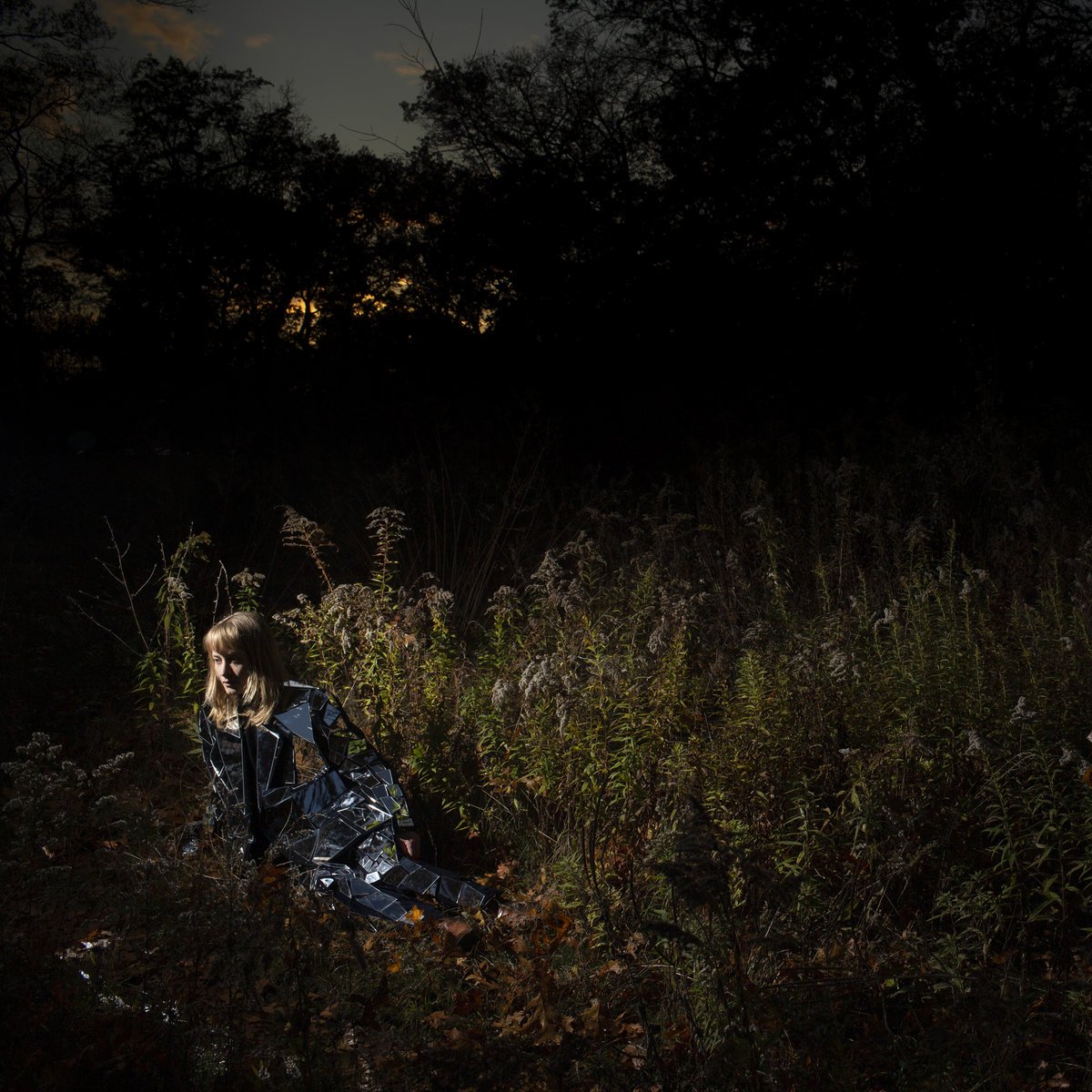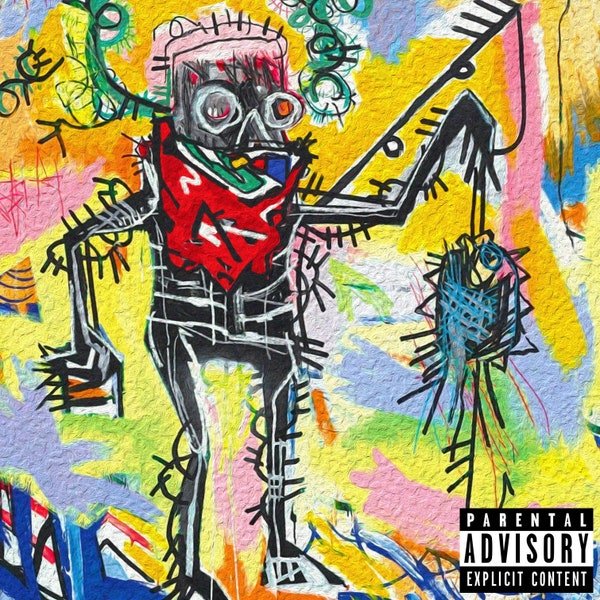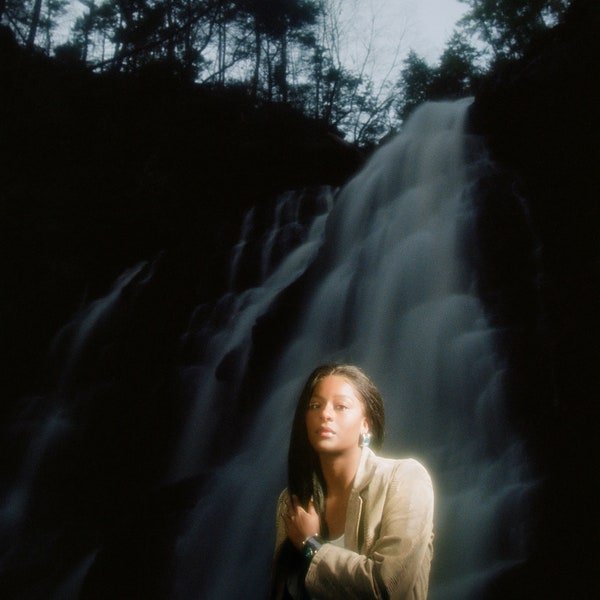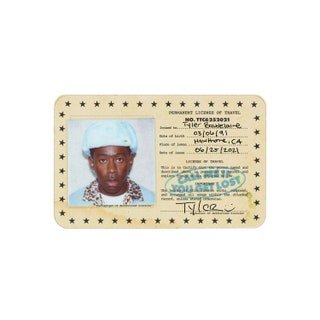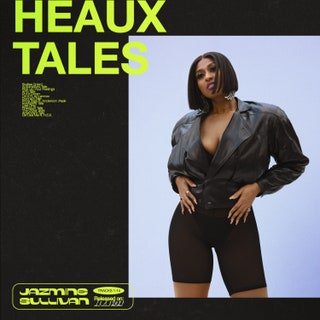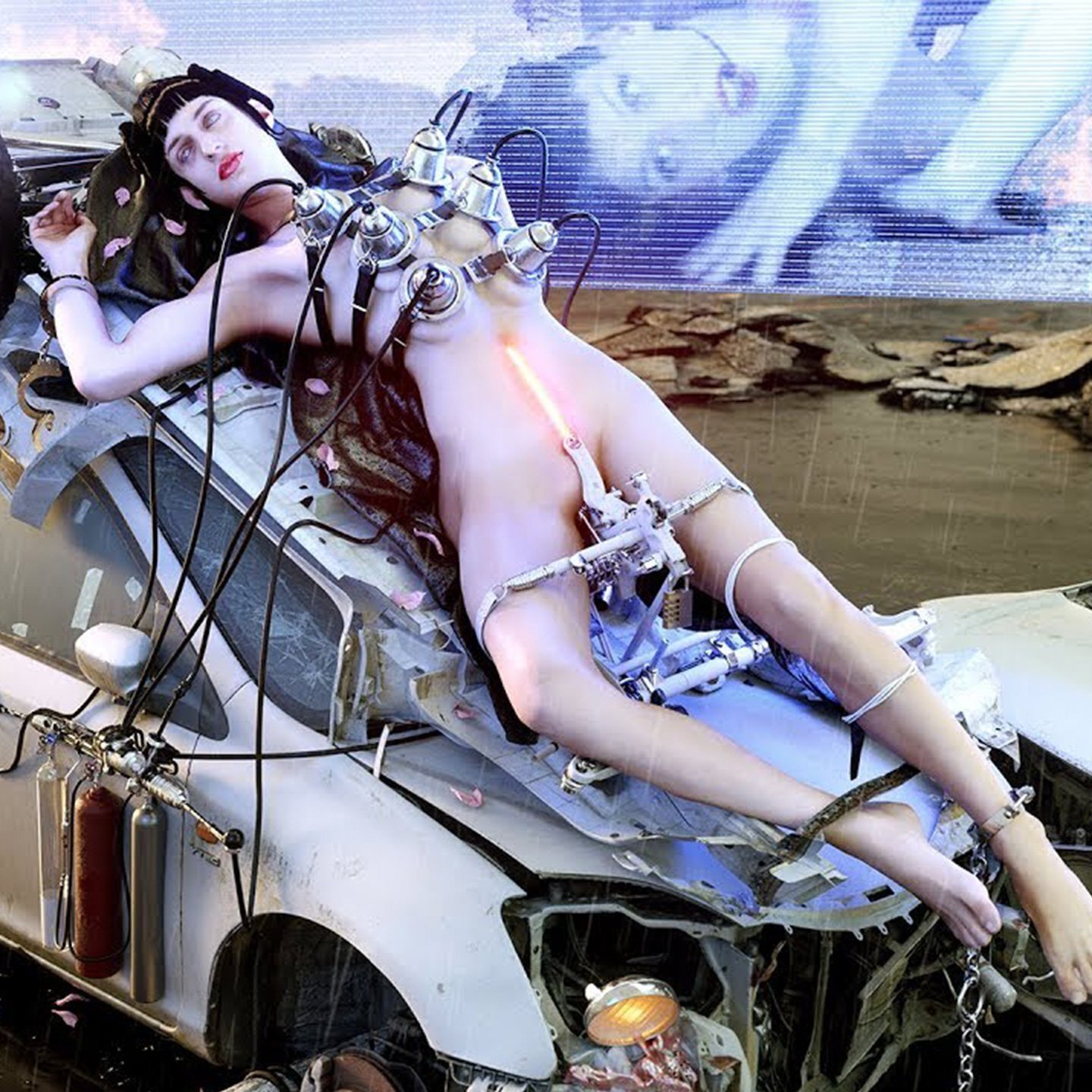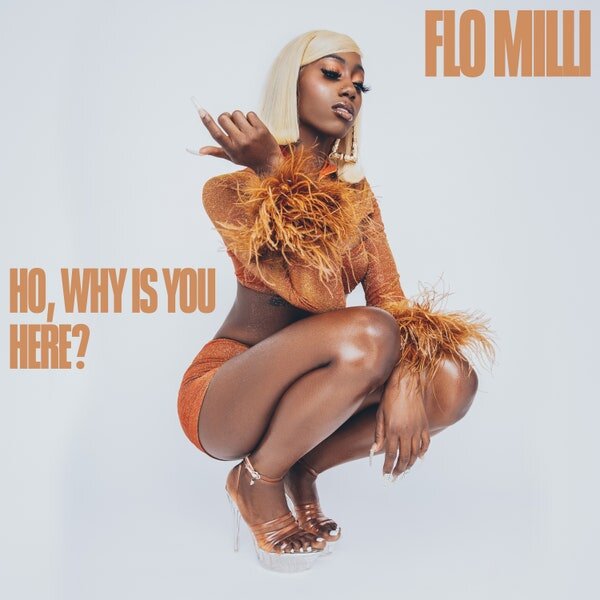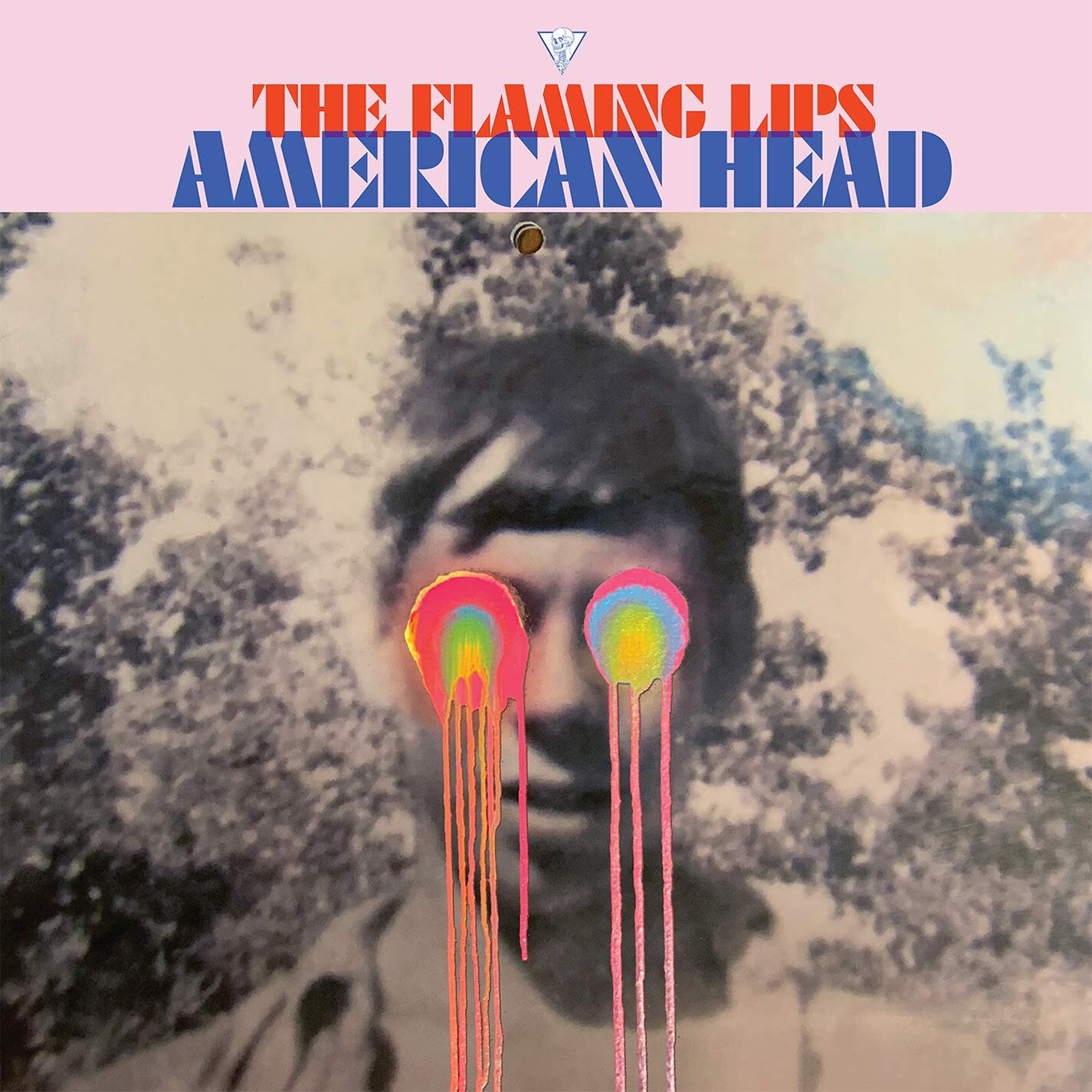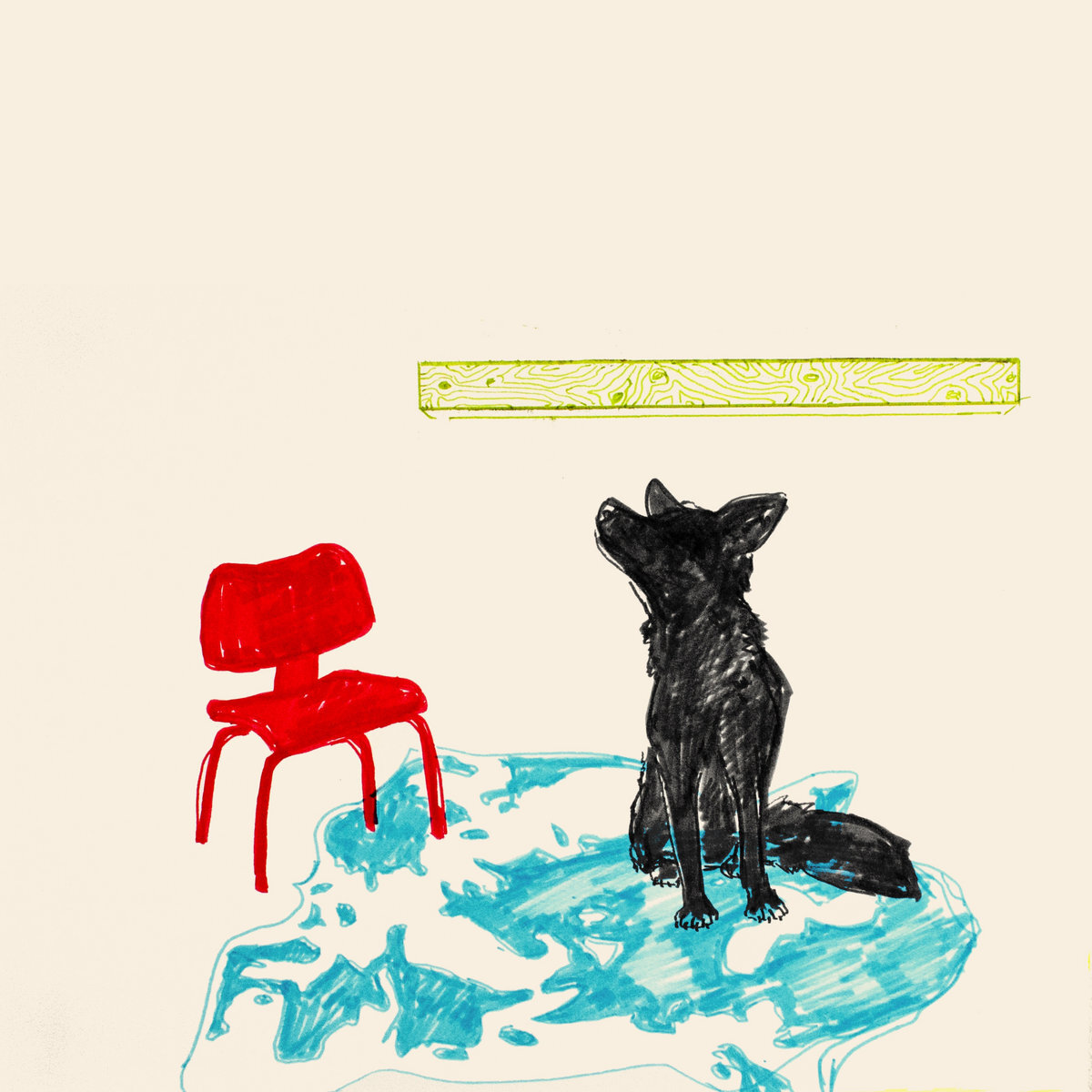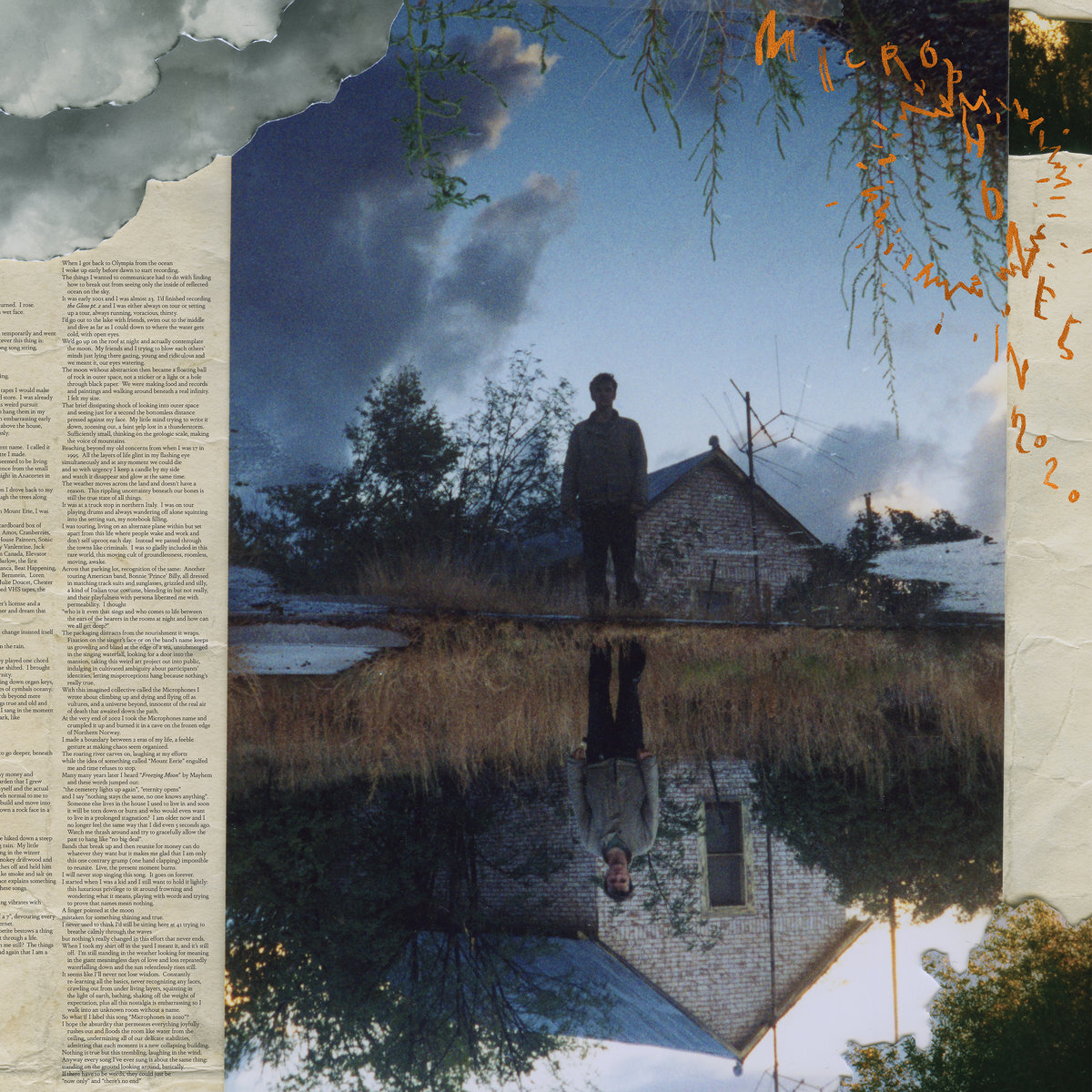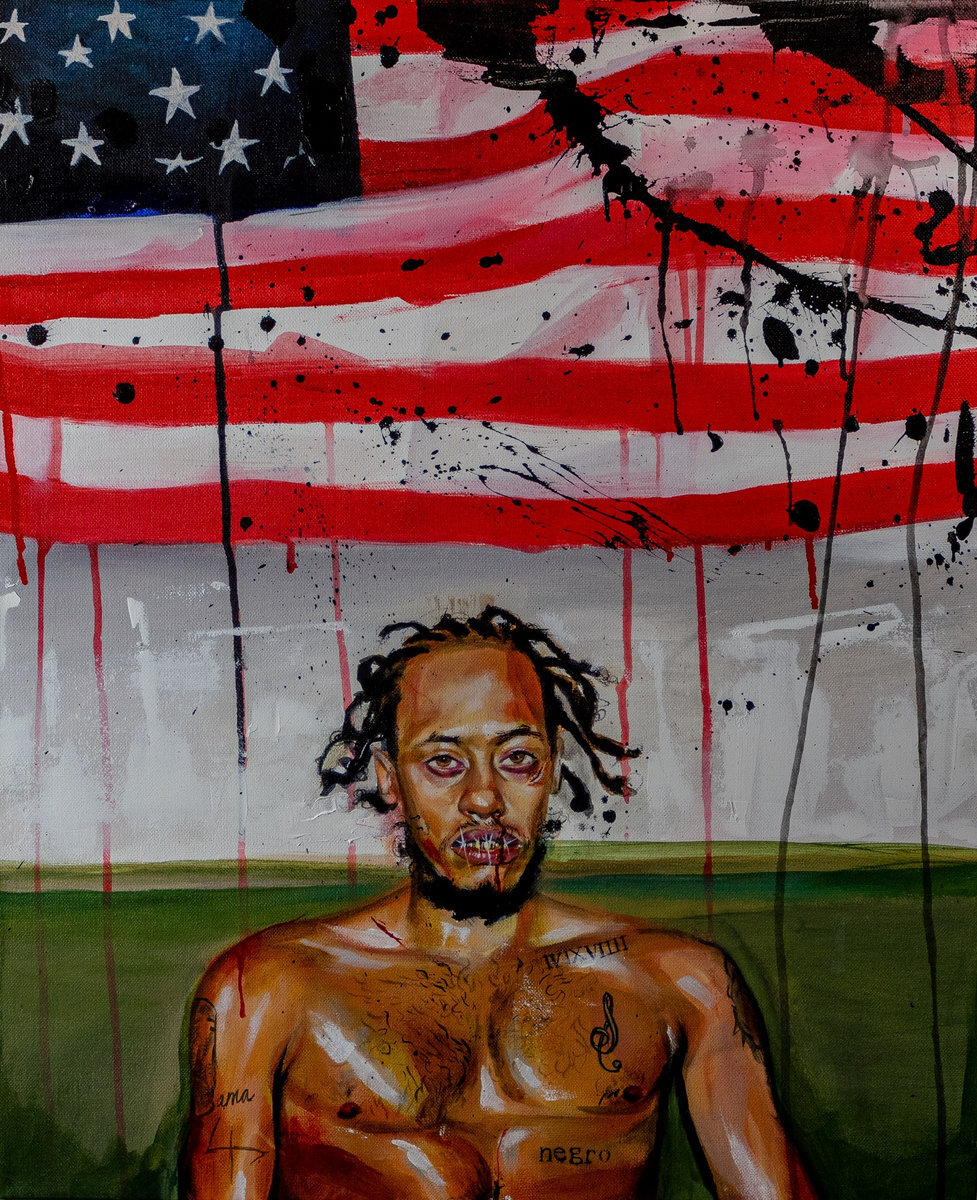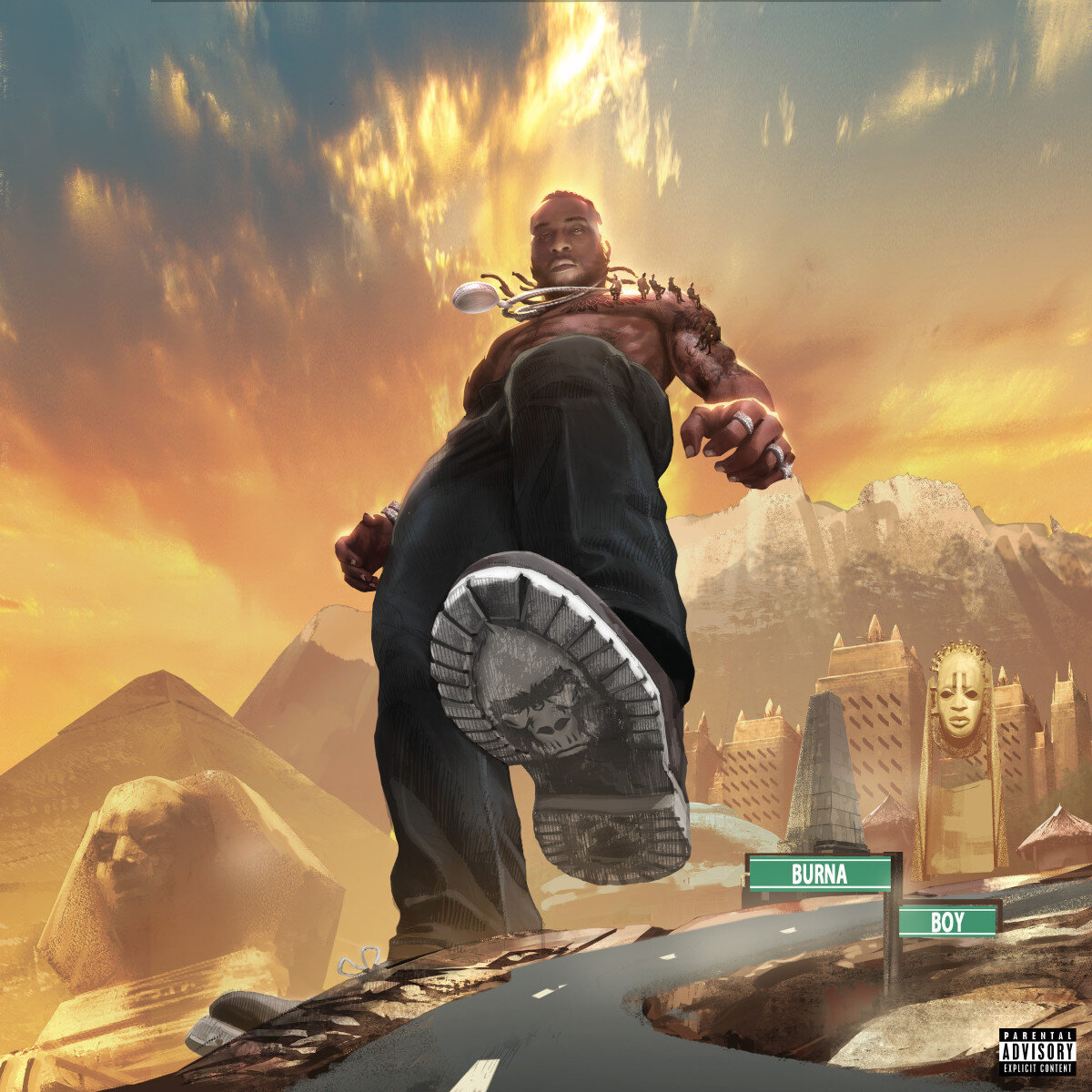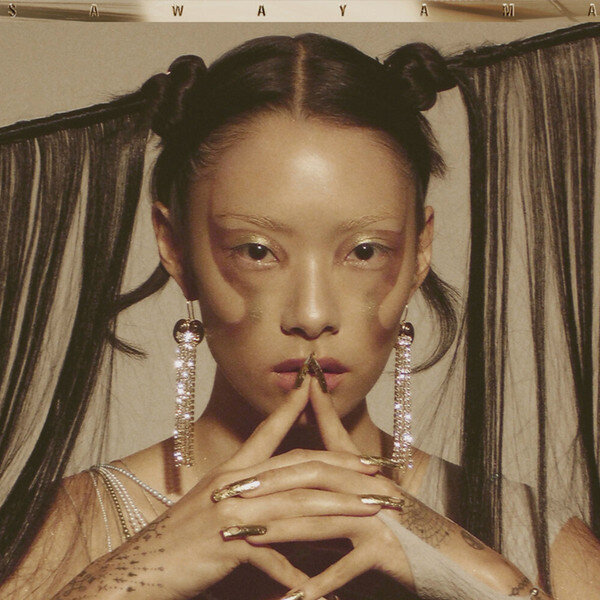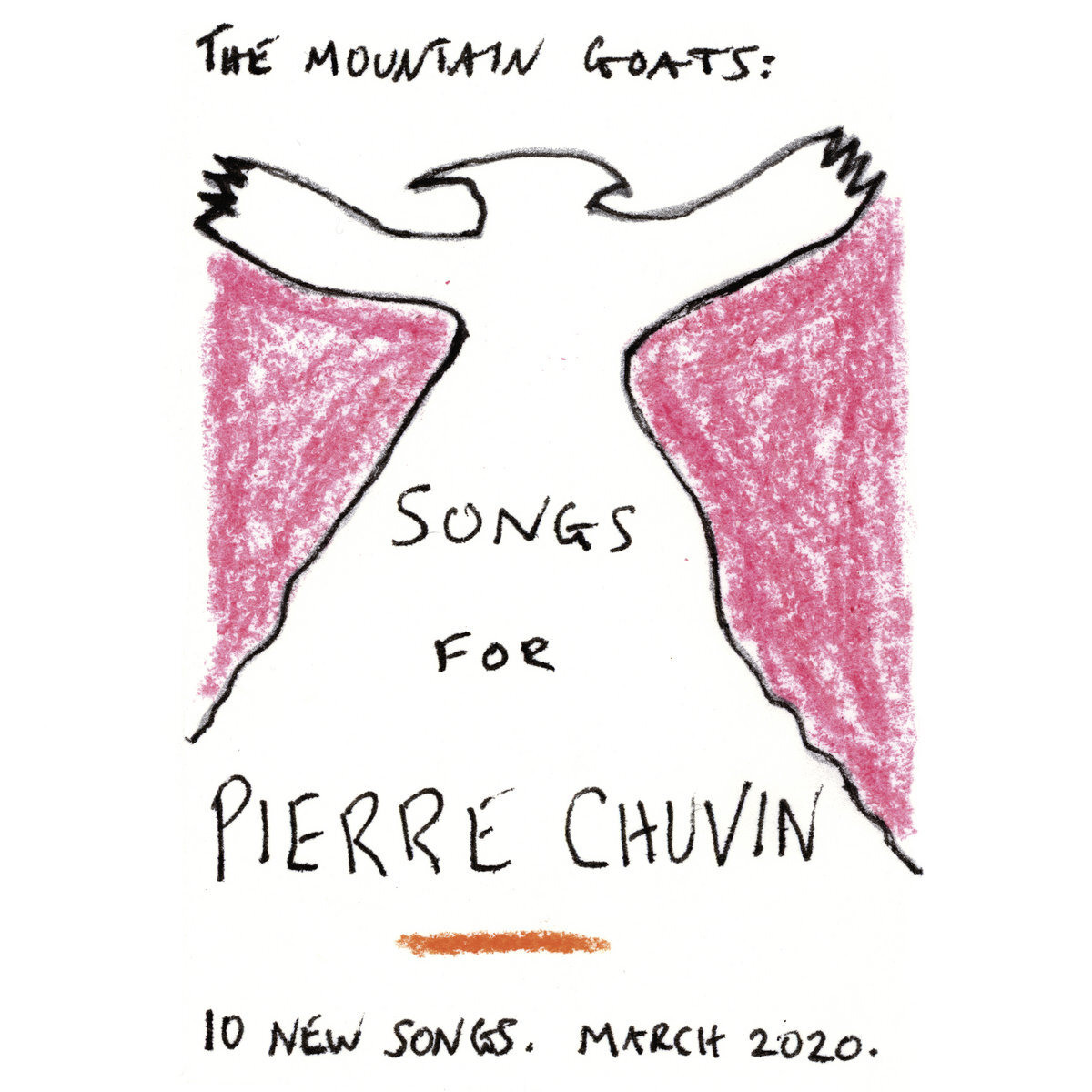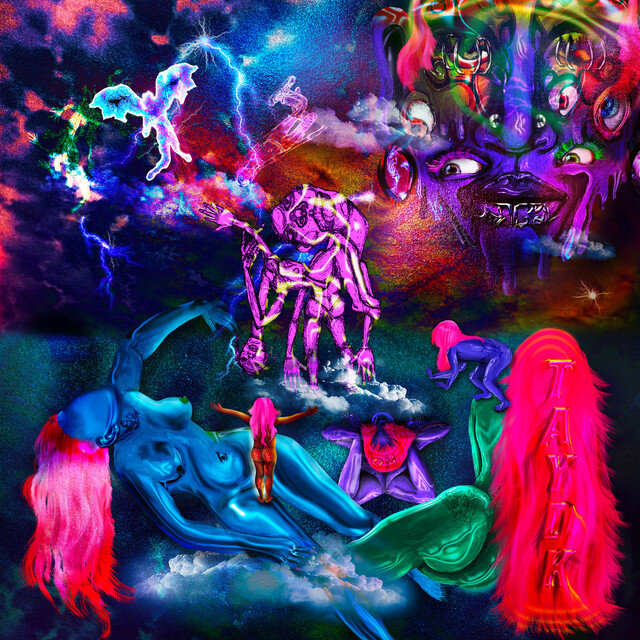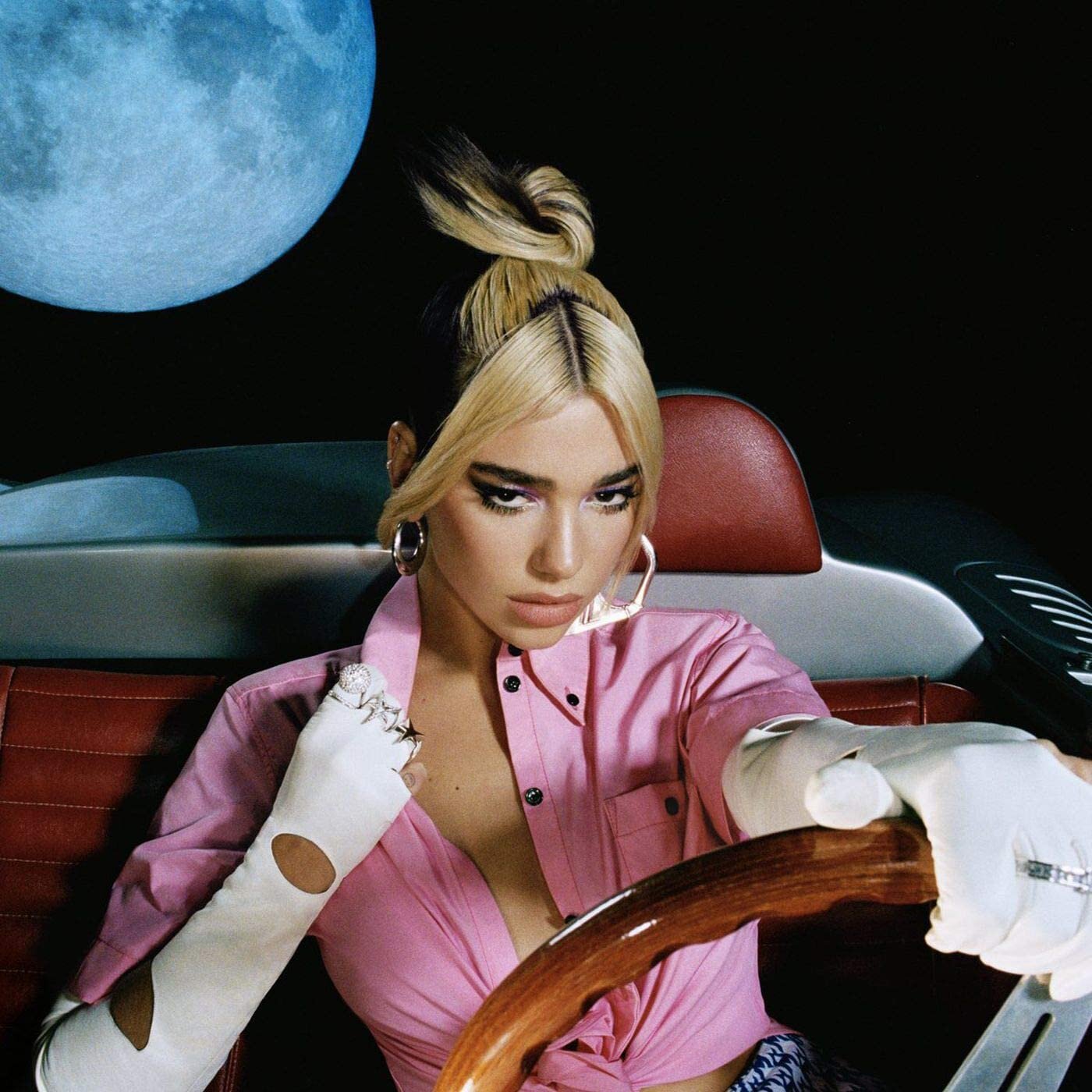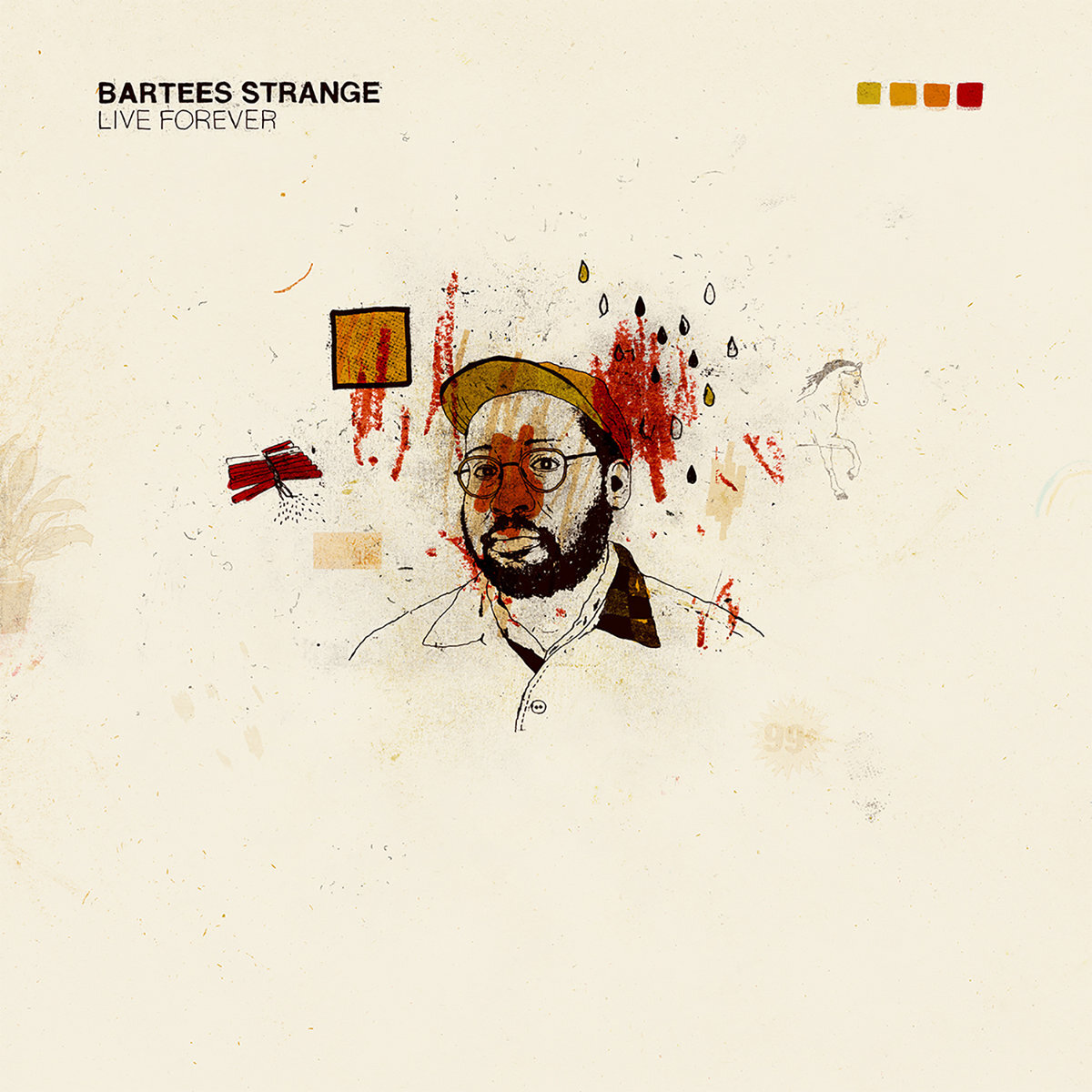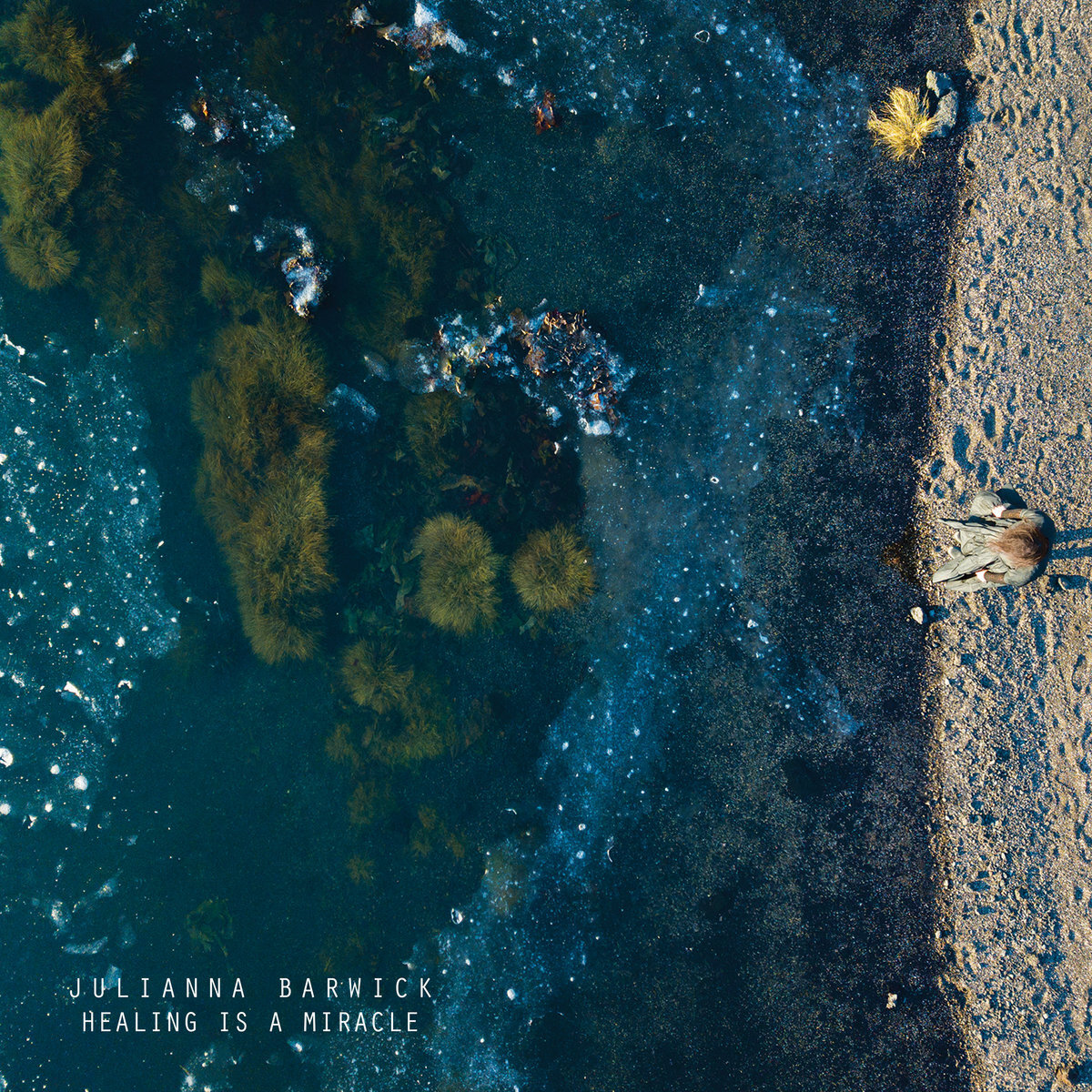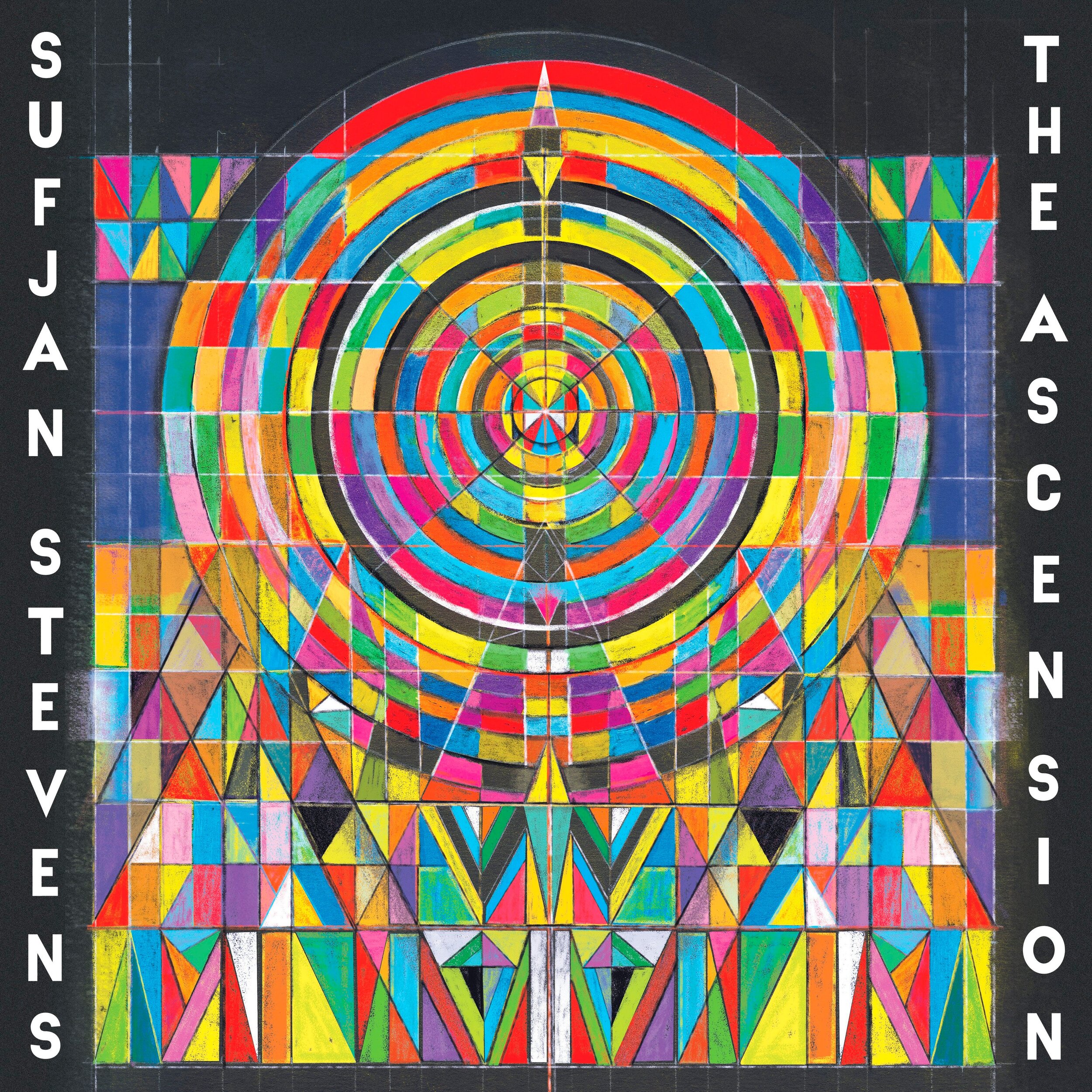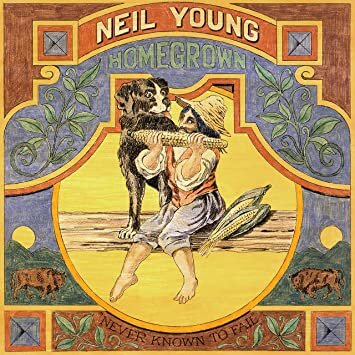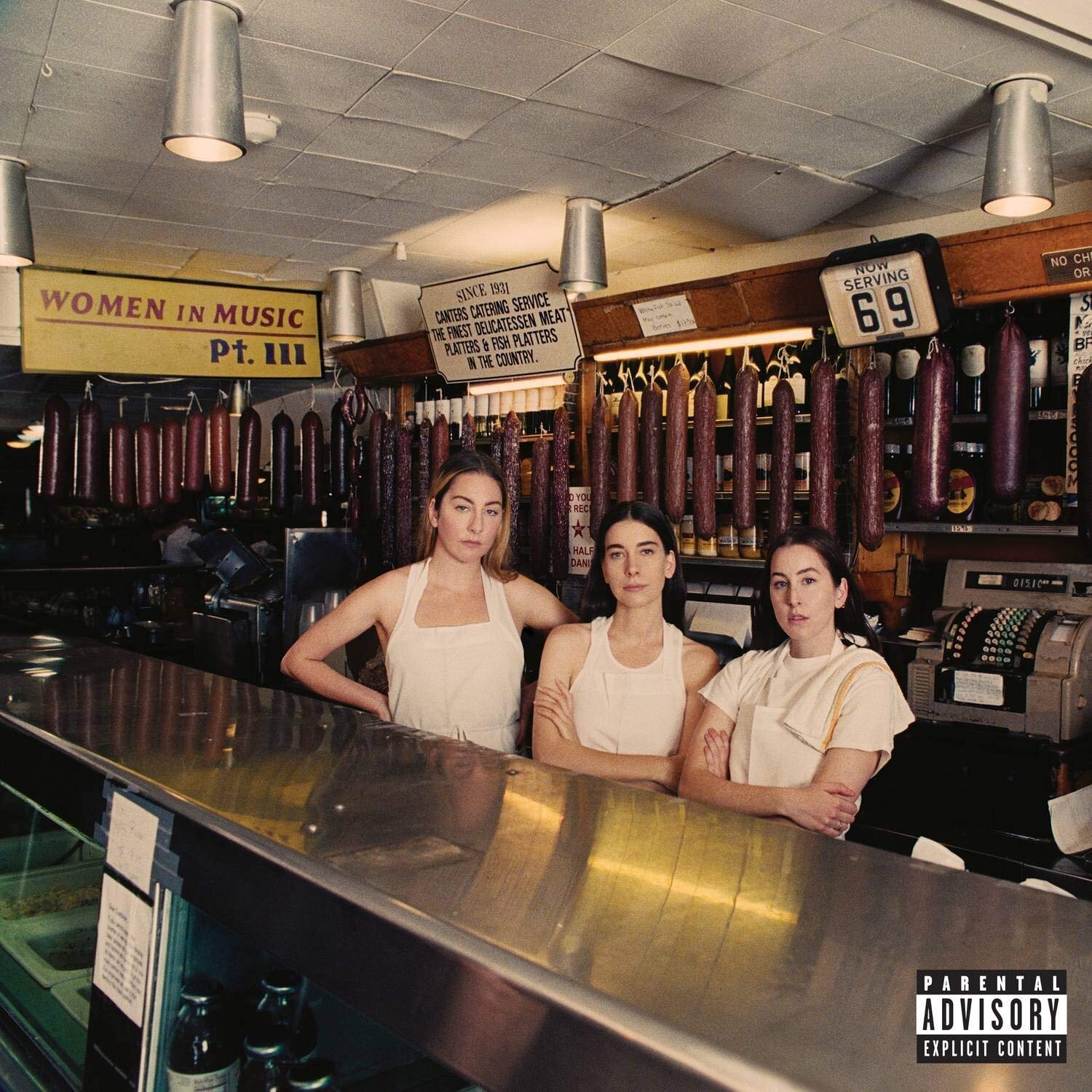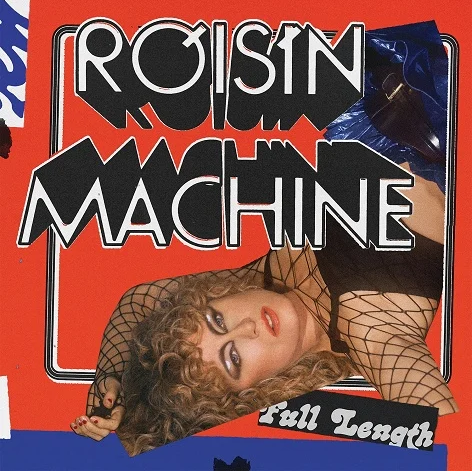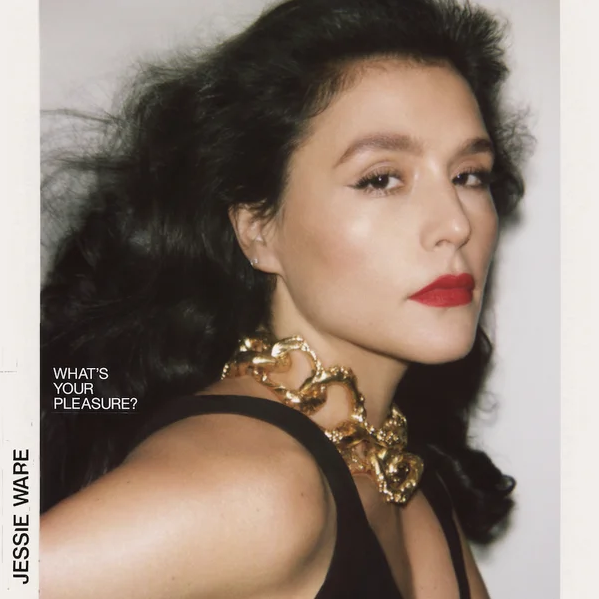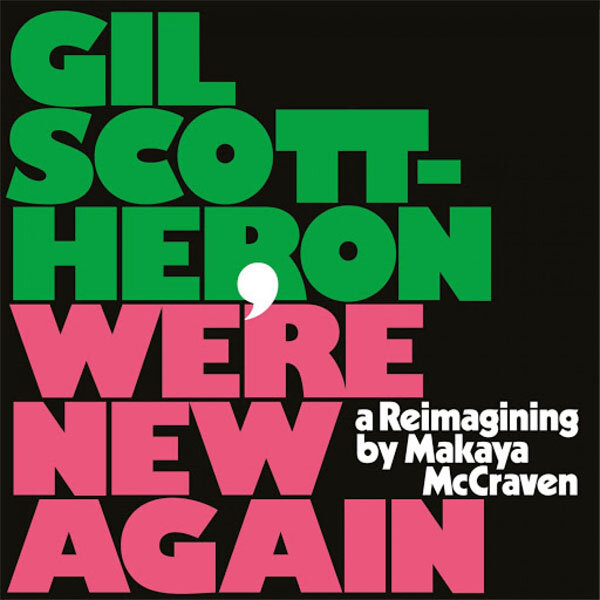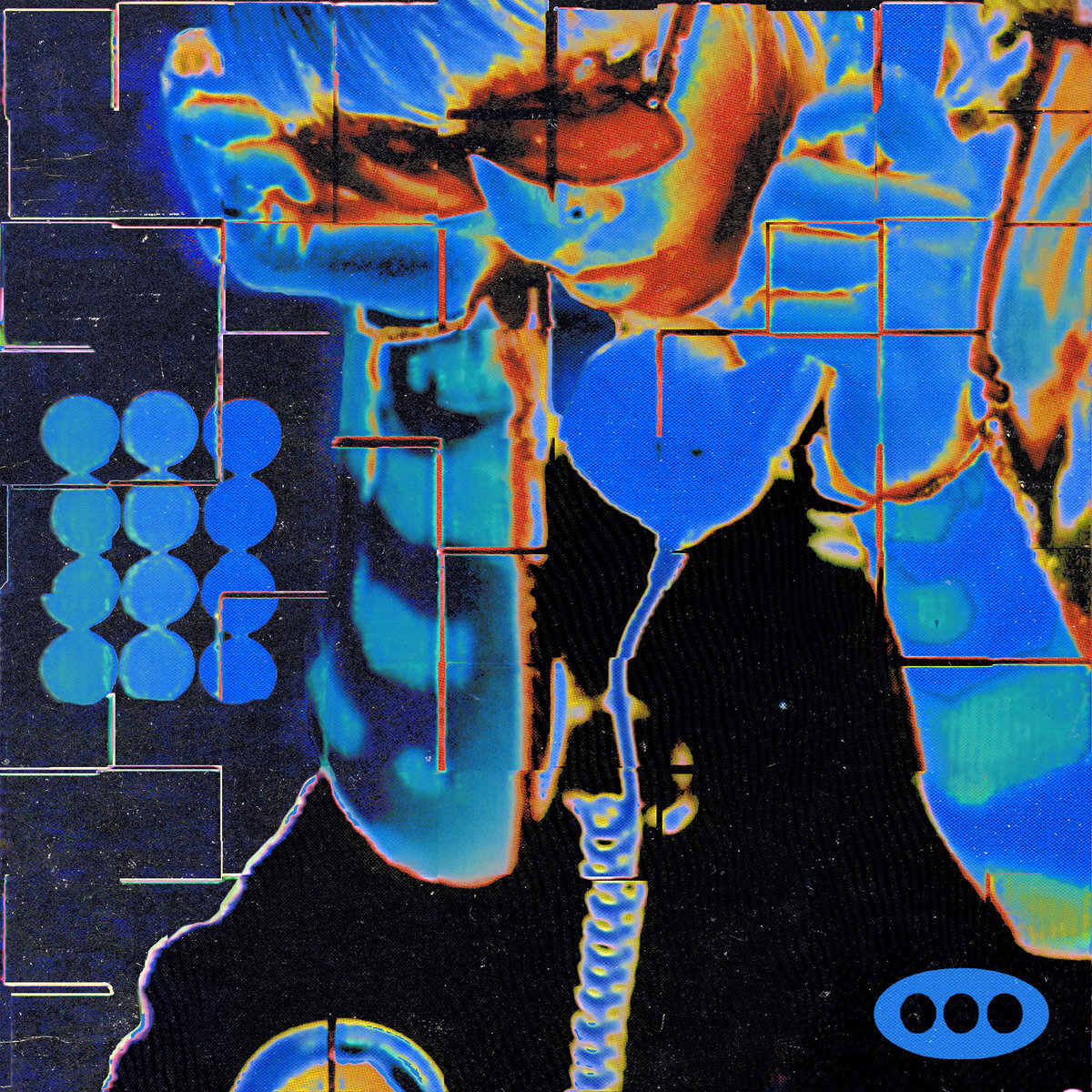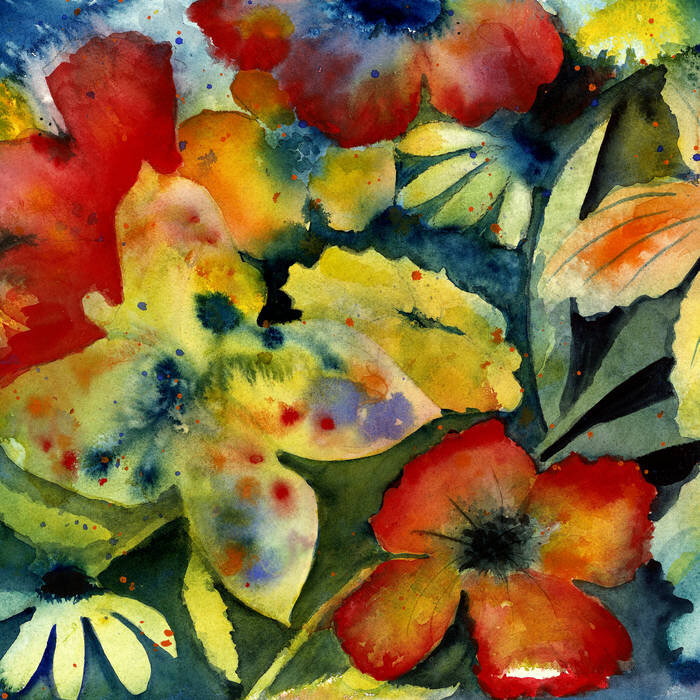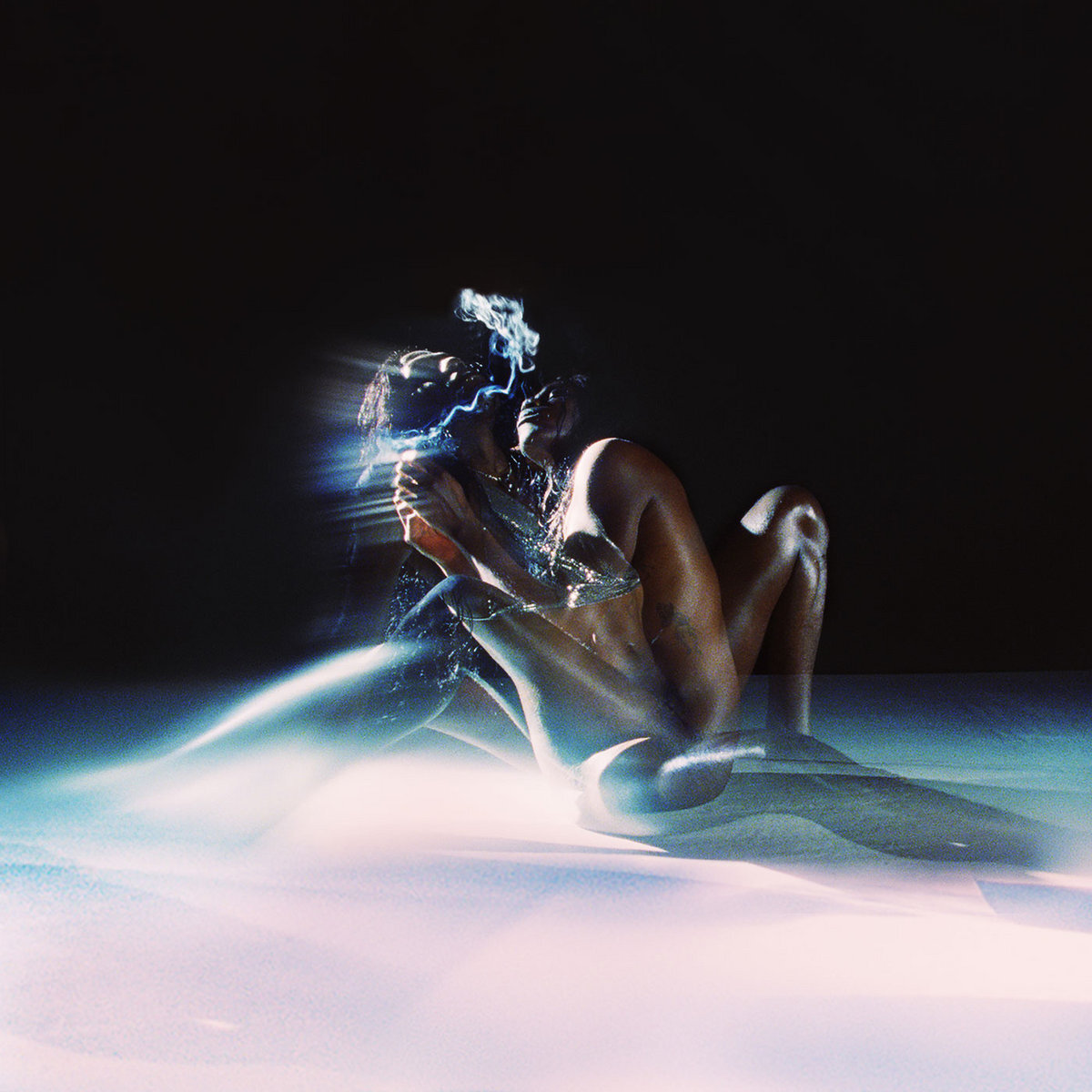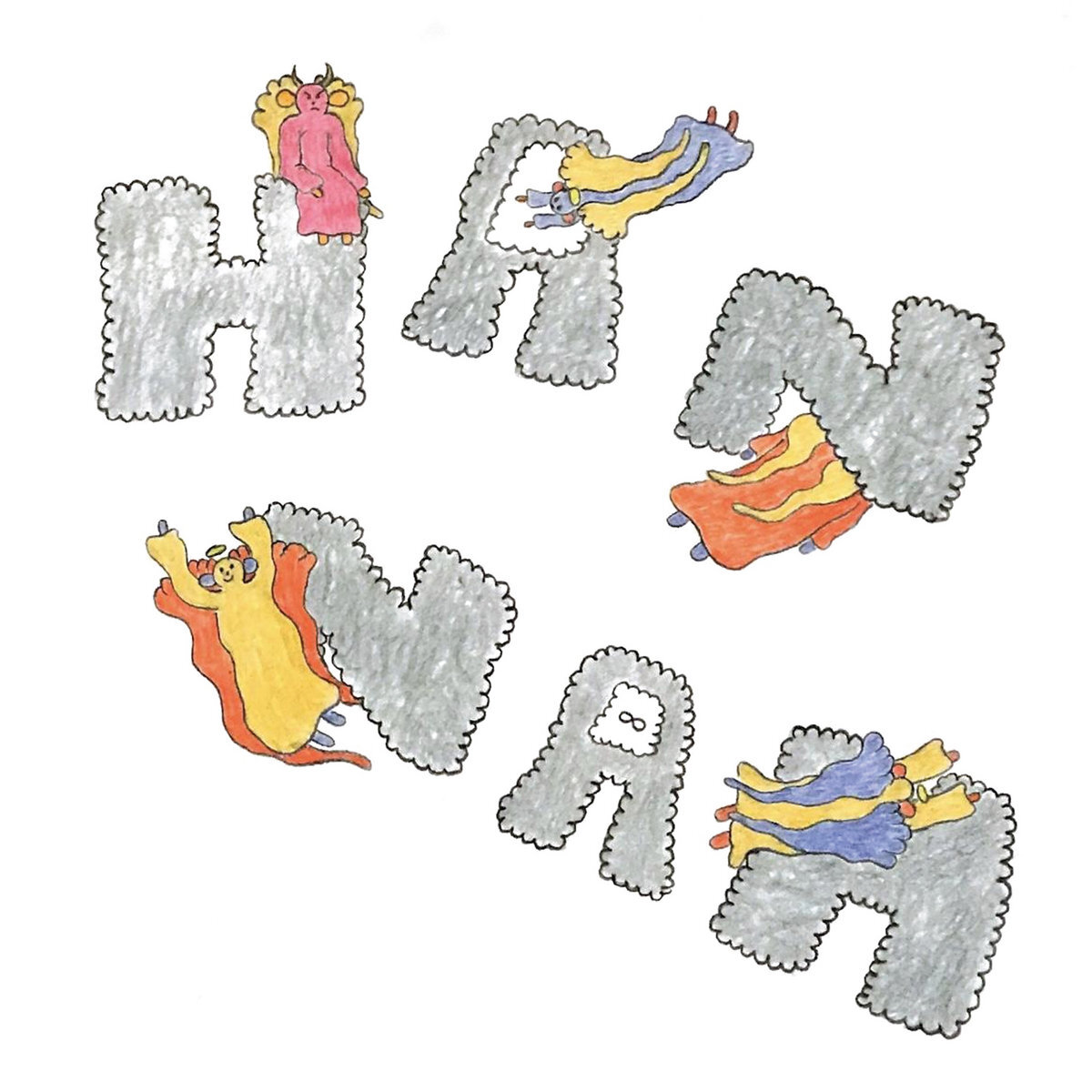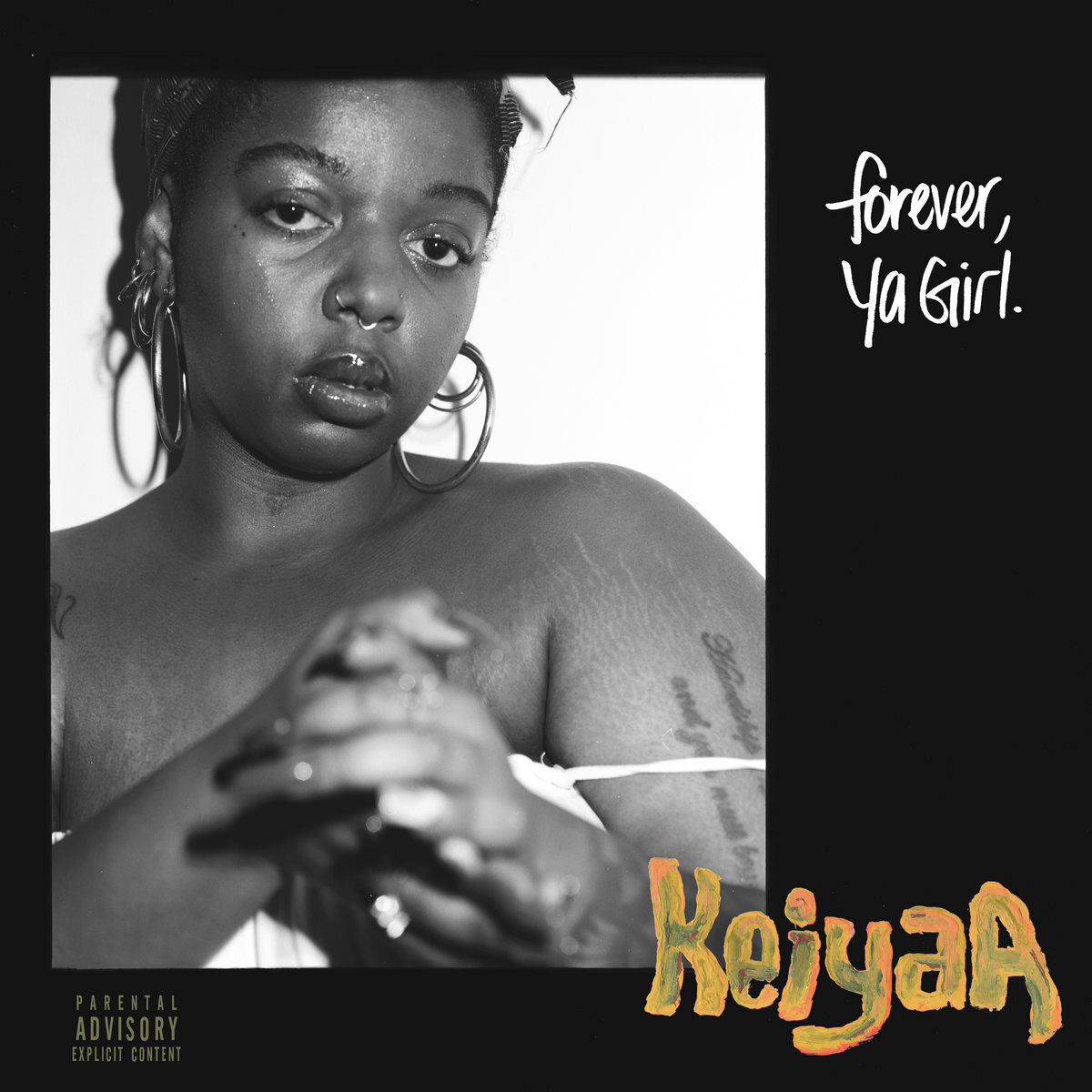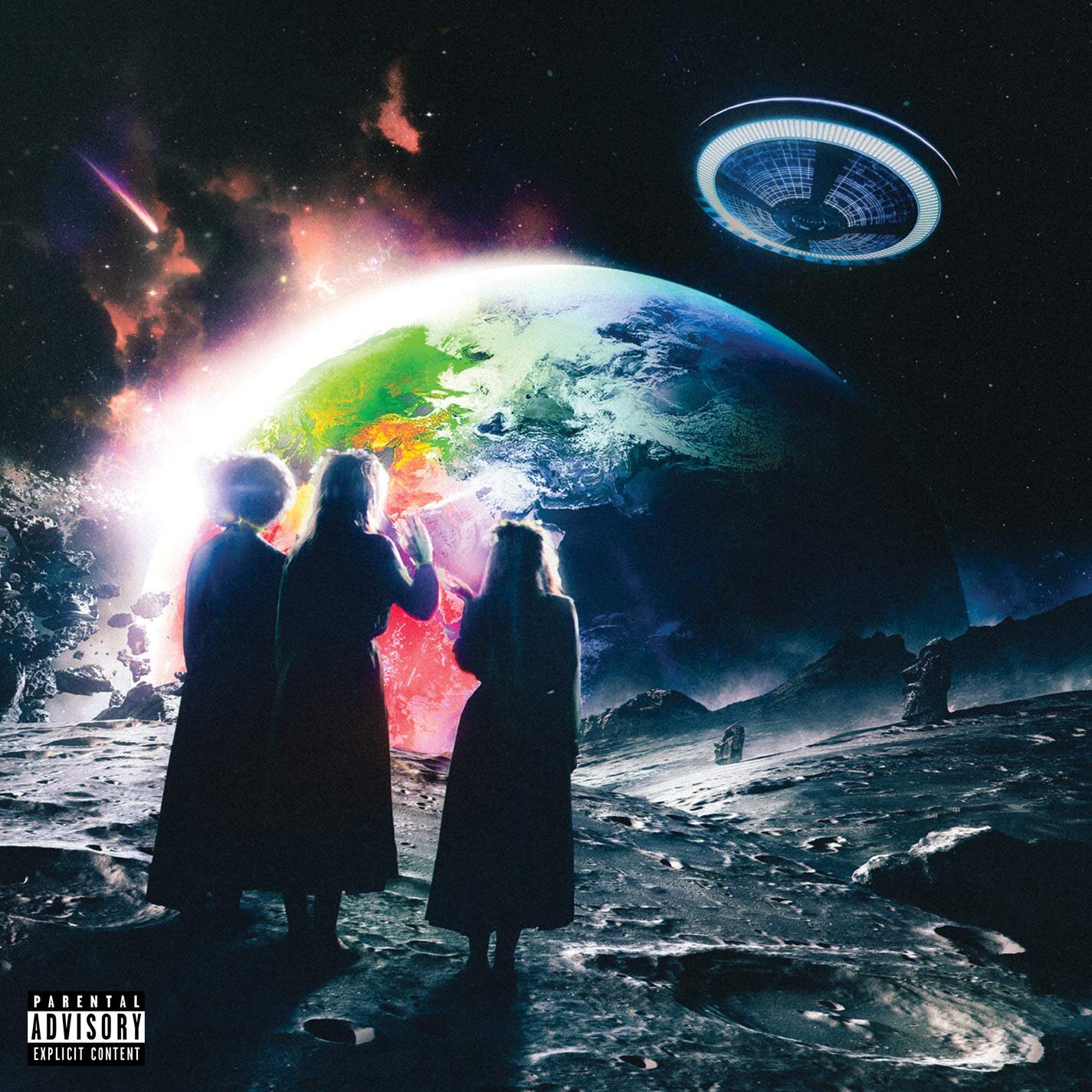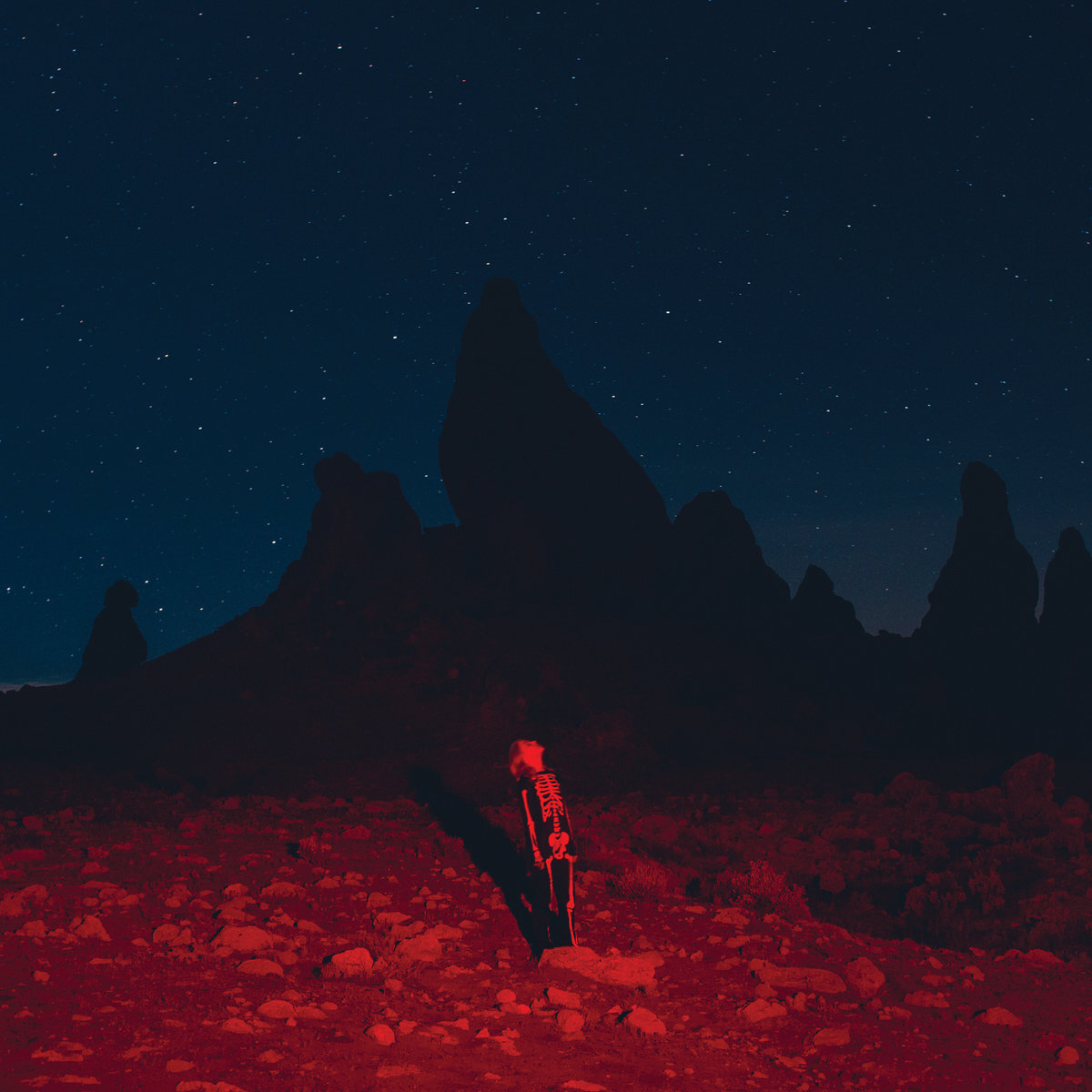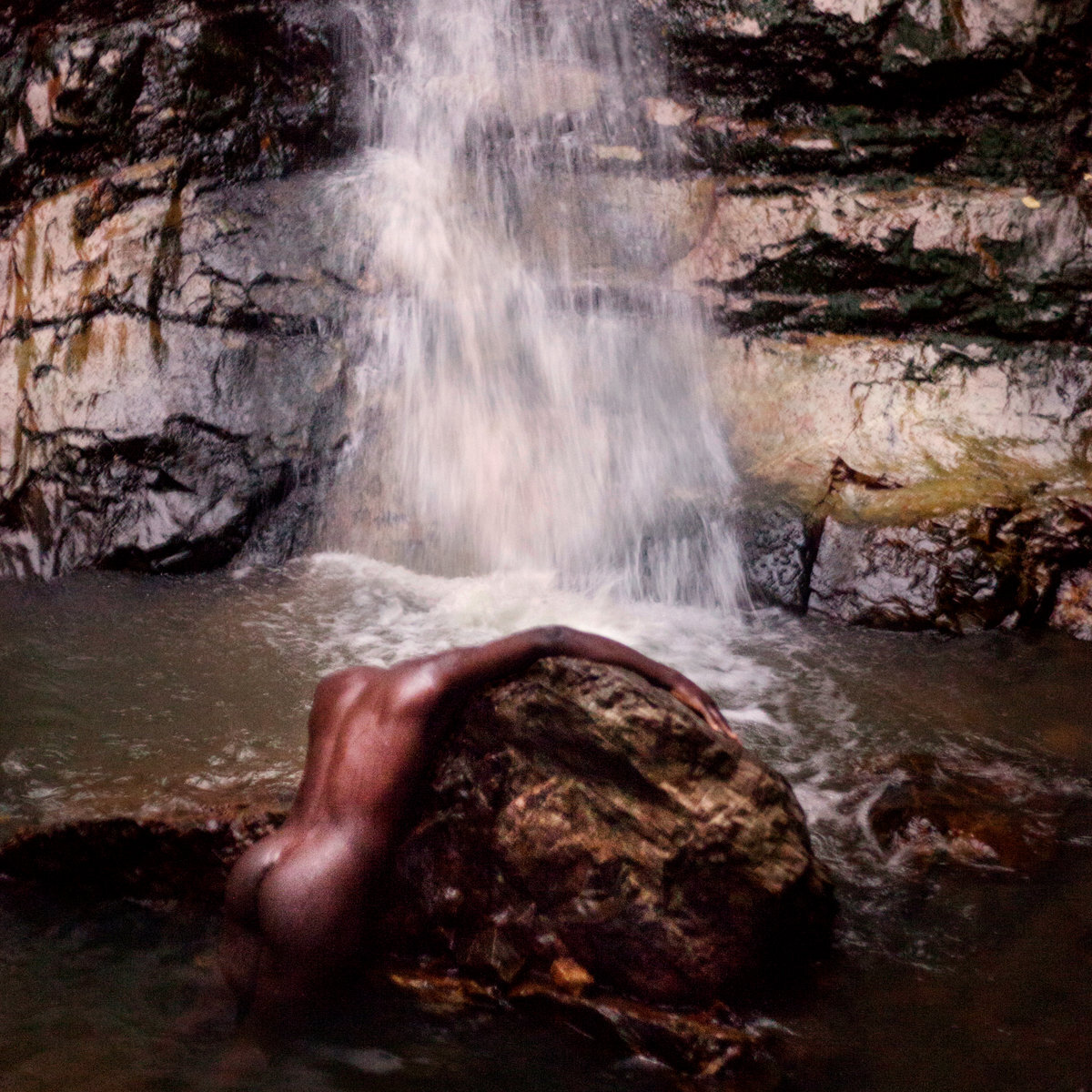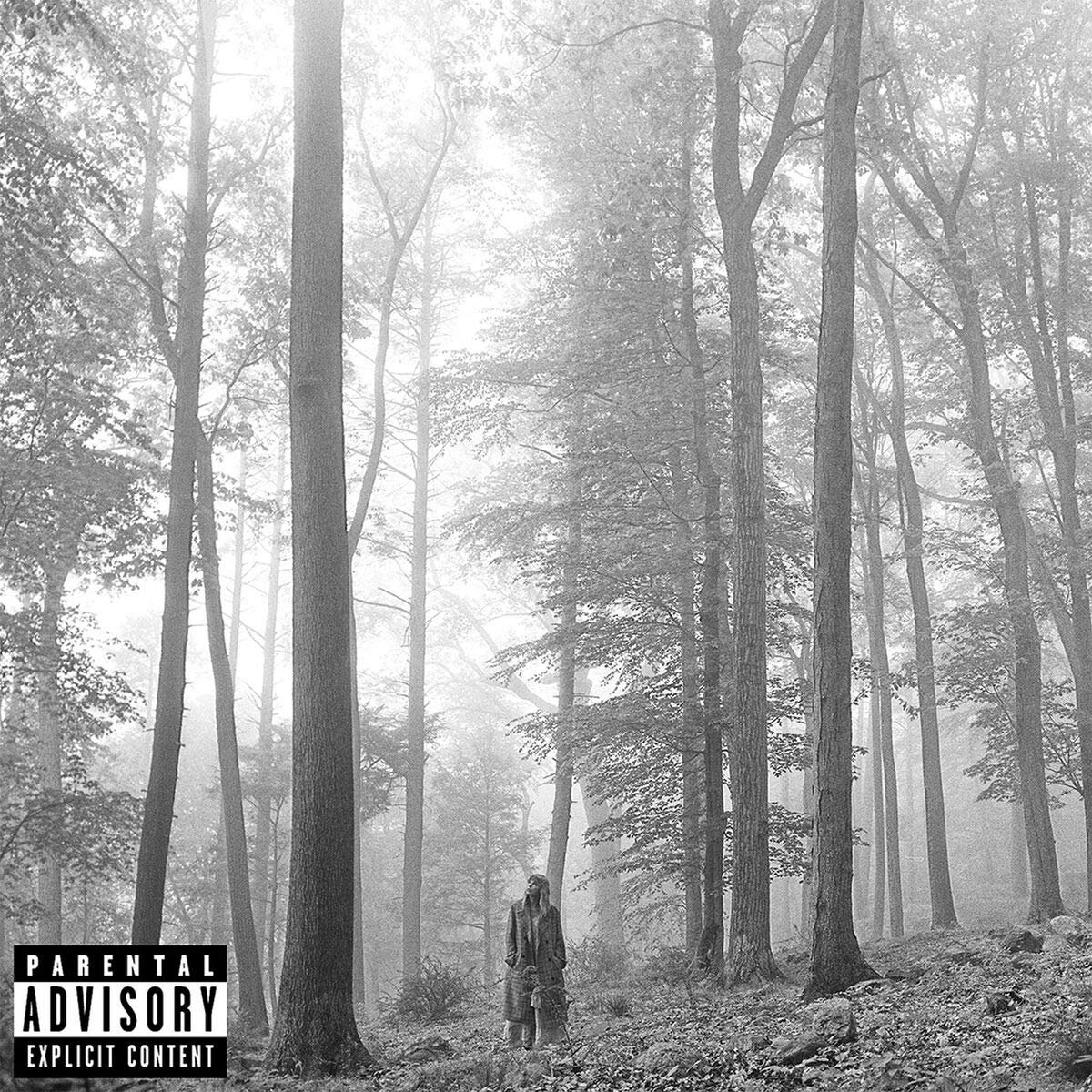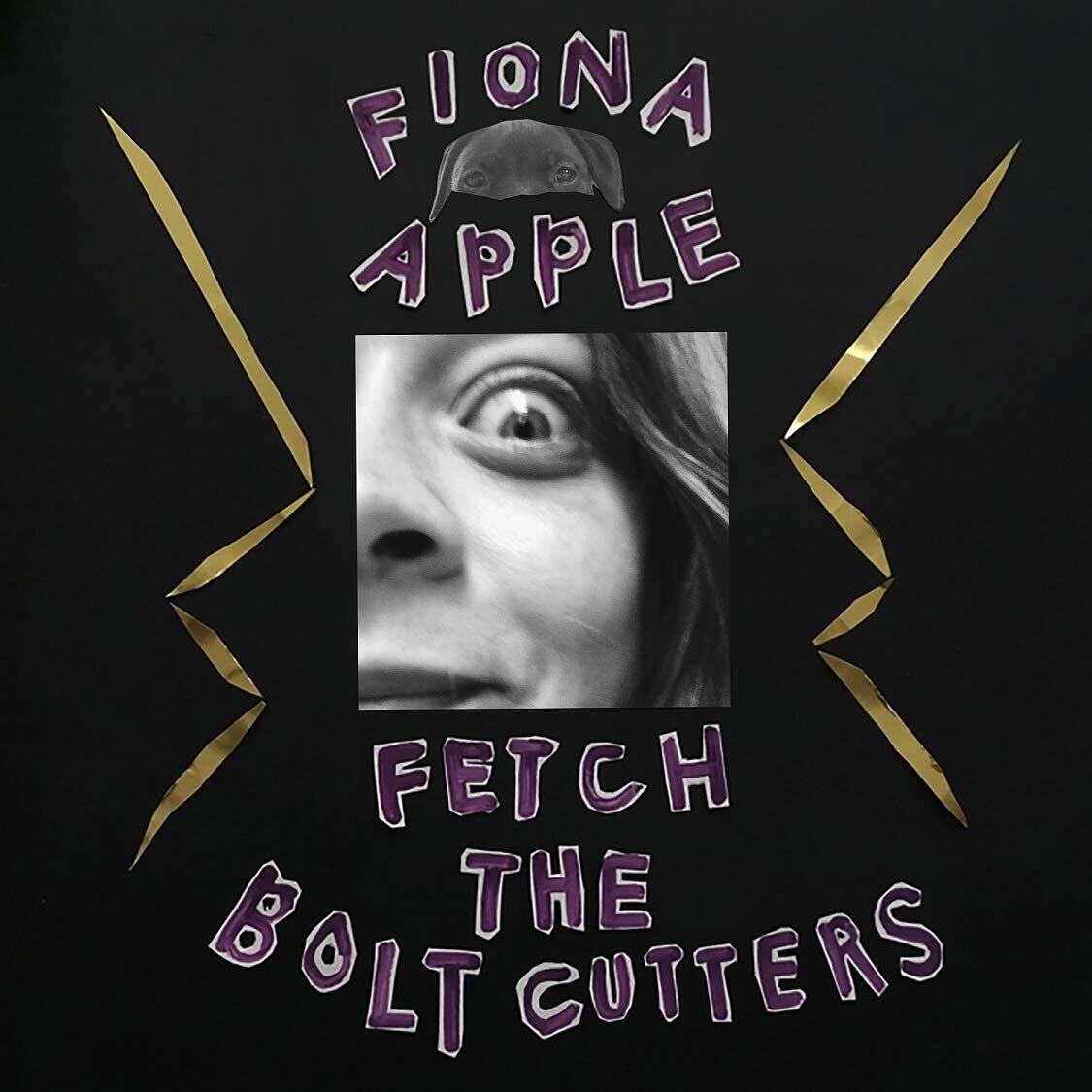This year was one of renewal, repercussion, and the peak of the Great Resignation. Here’s some of the best music 2022 had to offer.
Bayonet Records • 2022
50. yeule Glitch Princess
In essence, electronic music has always been an exploration of the ways in which machinery can amplify human feelings. During a time of dizzying technological advancement and blossoming artificial intelligence, the overlap feels especially vivid. On Glitch Princess, Singaporean musician yeule renders technology and emotion inseparable; the artificial becomes painfully human, and vice versa. The guise of artifice becomes a tool with which they can escape their body, a distinct container that allows them an outside look at gender dysphoria and dissociation. On uncanny intro “My Name is Nat Cmiel,” yeule sounds fragmented, a digitized smoke screen shrouding deep, conflicting personal truths - “I like touching myself, and I like being far away from my body,” “I like to eat, but I don’t like it when it lingers on my body.” The music reflects a similar dichotomy, straining organic sounds through writhing electronics. Highlight “Don’t Be So Hard on Your Beauty” sounds like something like Jimmy Eat World recreated through algorithm, and the stunning “Electronic” distorts yeule’s melodies into piercing, heartrending cries. The musician is assisted by Danny L Harle and Mura Masa, the latter of whom adds an effervescent sheen to the roiling violence of “Bites on My Neck.” Glitch Princess culminates in the mind-boggling “The Things They Did for Me Out of Love,” a nearly five-hour ambient piece in which yeule leans on electronics to express what they can’t put into words, a distinctive, progressive take on a storied tradition.
Domino • 2022
49. Panda Bear & Sonic Boom Reset
Animal Collective’s Noah Lennox, better known as Panda Bear, has been responsible for some of the most spellbinding music of the 21st century, not least of which is 2007’s Person Pitch, a triumphant piece of sampledelic art pop that has rippled beneath the surface of indie music since its release. On this year’s Reset, Lennox recruits Spacemen 3’s Peter Kember, or Sonic Boom, for another patchwork of woozy nostalgia, at once disorienting and immediately gratifying. Its sonic bed is comprised of loops culled from sixties soul and rock-n-roll, stacked between layers of delicate harmony and brain-eating synth arpeggios. It plays directly to both artists’ strengths; “Everyday” leans into Lennox’s noted adoration for the Beach Boys, and “Whirlpool” spotlights Kember’s cavernous space rock sensibilities. The best songs here find the pair in push-and-pull synchronization, teetering between moments of serenity and total collapse, the results like warped transmissions from a weathered intergalactic vessel. While treading familiar territory, Reset is content to display two experimental veterans operating at peak capacity.
Blacksmith, Motown • 2022
48. Vince Staples RAMONA PARK BROKE MY HEART
For over a decade, Long Beach native Vince Staples has been celebrated as one of hip hop’s great storytellers, known for his candor, dry wit, and his gritty, lived-in portrayals of inner city violence. After last year’s slight, solemn Vince Staples, his fifth album feels like a return to form; RAMONA PARK BROKE MY HEART is a thoughtful tribute to his hometown, at times meditative, mournful, and celebratory. “AYE! (FREE THE HOMIES)” is all three, a bittersweet ode to success that eulogizes those who have been left behind, caught up in the throes of incarceration. “Trying to make it to the top, we can’t take everybody with us,” Staples intones in the record’s early moments, and that sentiment’s deep sadness resonates throughout the album. Centerpiece “EAST POINT PRAYER” is a sober, reflective masterpiece that features a gut-spilling verse from Lil Baby, and closer “THE BLUES” reels in the trappings of celebrity - “what’s success but guilt and stress?” On RAMONA PARK, Staples paints fame as a bittersweet victory, a rose barbed with sacrifice and regret. “Money ain’t make me,” he raps, a promise to stay true to his roots, “still thuggin’ ‘til the feds come take me.”
Merge • 2022
47. Dawn Richard & Spencer Zahn Pigments
As one of the most consistent and progressive voices in contemporary music, Dawn Richard has set a rigorous standard for herself, folding new dimensions into her artistry with each release, refusing to be restrained by the boundaries of genre. On Pigments, her collaboration with multi-instrumentalist Spencer Zahn, the singer joins a tapestry of strings, synths, and saxophone in a gorgeous, searching, eleven-part suite. The movements are named after richer, less conspicuous shades on the color wheel (“Coral,” “Opal”), a representation of the more complex feelings hidden within the emotional spectrum. Accordingly, Richard follows her heart through peaks and valleys, spanning her internal oeuvre with grace and understated sincerity. “Dreamer, I want to love like you,” she begins on “Sandstone,” her voice cutting through the scenery like a chilly ray of light, “If I could be more… more through you.” Her lyrics here exist in fragments, almost afterthoughts in the conveyance of unfiltered emotion. Zahn mirrors her intensity, and the two lock into sync on moments like the flooring climax of “Cerulean,” in which the arrangement collapses around her, a moment of unmitigated catharsis - “are you hurting like you hurt me?” The movement that follows is still, serene, the calm after the storm, Dawn retreating into herself. The finest moments here occur in the third act, a grounded, percussive counterpoint to Pigments’ largely freeform structure. As the album nears its close, Richard reaches a moment of acceptance and resolution, all of her selves reconnecting in transcendent bliss: “I feel like love, I feel like faith, I feel like God.” As Zahn’s accompaniment stretches into a warm, all-encompassing force, it’s hard not to feel the same.
Because Music • 2022
46. Shygirl Nymph
Judging from her first two EPs, Shygirl’s brand of filthy, sex-centric electro-rap doesn’t seem like it would lend itself to a long play effort. Her best music exists in brief explosions, rushes of dopamine that evaporate as soon as they’re through. She defies expectation with her first full-length album, Nymph, a dynamic, expansive collection of surging hip house and forward-thinking synth-pop that widens her scope without making any concessions. The title itself is a transposition, slicing the term “nympho” into something softer, more innocent. Of course, this is largely a farce; standouts ”Nike” and “Shlut” are two of the nastiest, over-the-top sex jams in her catalogue. But it’s the subtler, more melodic moments that make Nymph a triumph. Shygirl sings more than she raps here, her voice cool and malleable, infusing her sound with a previously unexplored sensitivity. She’s bugged-out and obsessive on “Firefly” and “Wildfire,” and unabashedly lovesick on the pristine “Heaven.” She strikes a perfect balance on songs like “Coochie (a bedtime story),” a sparkling ode to genitalia that is at once sensual and side-splittingly funny (“so does that mean… somewhere out there… there’s a coochie waiting for me?”) There’s an inherent ridiculousness to Shygirl’s music, and on Nymph, there’s a whole lot of beauty too.
Atlantic • 2022
45. Charli XCX CRASH
In preparation for the release of “Good Ones,” the lead single from Charli XCX’s fifth studio album, the British superstar offered a cryptic portent via Instagram: “rip [sic] hyperpop?” In accordance, CRASH is a bold swerve from the frenetic bubblegum of previous efforts like POP 2 and Charli, opting instead for the warmer textures of bubbling new wave and rubbery ‘80s synth-funk. Her longstanding partnership with the PC Music collective has cemented her as one of hyperpop’s pioneers, and though frequent collaborator A.G. Cook appears once here, she works intentionally to avoid pigeonholing. To that end, she recruits a diverse roster of producers ranging from Ariel Rechtshaid to Daniel Lopatin, gracing the album with an eclectic pallet and puddy-like elasticity. Her source material is similarly expansive; she’s cited Janet Jackson’s Control as an influence on the squirmy “Baby,” and highlights “Good Ones” and “Yuck” consolidate the last decade of pop music into something unique and current. Charlie’s trademarks remain, her vocals stretched into mechanical shapes, songs caught somewhere between lovesickness and indifference. But CRASH speaks to her versatility and endurance as an artist and innovator, hyperpop be damned.
Republic • 2022
44. Taylor Swift Midnights
Taylor Swift has always been a pop star, even when the classification seemed just out of reach. One could attempt to trace her shift towards the mainstream (Red perhaps? 1989?), but there’s a reason her early, country-leaning hits, such as “Love Story” and “You Belong to Me,” have had so much staying power. At the core of her best work lies true, honest-to-God, pop songcraft. As her artistry has blossomed, Taylor has purposely strayed from the traditional superstar mold. Her last two projects were re-recordings of Speak Now and Red, hard won victories in the battle to reclaim her art from the hands of megalomaniac Scooter Braun. They remained lovingly faithful to the originals, painstakingly pieced together as to recapture the same ephemeral feelings. In several ways, Midnights feels like a revisiting, if a less explicit one. After a fertile detour into folkier territory with 2020’s duel success of folklore and evermore, Taylor’s tenth studio returns to the glassy synth-pop of redemption and Lover. Those records were largely helmed in collaboration with Jack Antanoff, a producer who has since become so ubiquitous as to incite collective groans. She reconnects with Antanoff here, distilling the most compelling elements of both of their spotty works together. At worst, redemption was boastful and bloated, and Lover was flighty and unfocused. This time around, Swift sounds confident and hyper-focused, laughing at her own ego instead of letting it run the show. The songs here are conceptualized as journal entries, (“a collage of intensity, highs and lows and ebbs and flows”), and her lyrics are appropriately candid. Her writing is characteristically pointed, newly cynical, and often hilarious (“sometimes I feel like everybody is a sexy baby and I’m a monster on the hill”). The moods explored here are well-worn landmarks in Swift’s catalogue (emotion as color, break-up confessionals) but she manages to spin them artfully into new shapes. For an artist who once seemed poised to control every facet of her image, Midnights is refreshingly frank and out-of-step, another step in her reconstruction of pop stardom.
The Flenser • 2022
43. Chat Pile God’s Country
On one the year’s most harrowing releases, Oklahoma band Chat Pile transmit a morbidly fascinating picture of life in middle America’s darkest corners. God’s Country is claustrophobic sludge metal that wrestles with inescapable darkness, vocalist Raygun Busch emoting in throat-shredding howls. The band’s music surges with empathy; “people peg us for being this super nihilistic band,” said drummer Cap’n Ron earlier this year. “We definitely talk about dark things, but it’s not in an, ‘Oh, fuck it, let’s watch the world burn’ type of way.” Instead, they rage against injustice and systemic inequality, tackling drug addiction, classism, and the glorification of gun violence. “Why do people have to live outside?” Busch urges on “Why,” a treatise on houselessness that writhes with squirming, uncomfortable realism. “Have you ever had ringworm?”, he shrieks, “scabies?” In echoes of the nation’s mental health crisis, the frontman leads the listener through psychological decline - the trip reaches its apex on nine-minute closer “grimace_smoking_weed.jpeg,” in which a meme weasels its way into a spinning, suicidal psychosis. Rather than pushing the grim realities of our country away, Chat Pile cope by letting the darkness in.
Rvng Intl. • 2022
42. Lucrecia Dalt ¡Ay!
A champion of experimental sound design, Colombian musician Lucrecia Dalt has spent the last decade testing the limits of her own imagination. Her early work as Sound of Lucrecia opted for conventional, four-on-the-floor rhythms, but since embracing her birth name, the artist has actively disassembled all of the structures holding her music in place. On October’s !Ay!, she puts the pieces back together, emerging with something unlike anything else in her oeuvre. She pushes her voice to the forefront, gliding gracefully over upright bass and organic percussion. There is a complex narrative attached, in which a formless consciousness named Preta purchases human skin, but the music creates its own world apart from any greater context. Dalt’s intent was to evoke the “diluted memory of … rhythms” that surrounded her childhood, namely those of Cuban Bolero music. Bongos and timbales abound - opening track “No tiempo” moves at an almost pastoral pace, and “Gena”’s brass-heavy arrangement is taken over completely by its end. Dalt is remarkably prolific; this year alone, she scored indie horror film The Seed and HBO series The Baby, channeling John Carpenter-esque synth-work into two cohesive, oddly straightforward bodies of work. But !Ay! holds a central place in her discography - In her novel approach to traditional music, Dalt stands at vanguard of Latin electronic.
Young, Atlantic • 2022
41. FKA twigs CAPRISONGS
Since her rise to acclaim with 2013’s EP2, British musician FKA twigs has been held as one of century’s defining talents, a multi-talented innovator with an otherworldly voice and a lot to say. Credited as her first mixtape, CAPRISONGS is intended to lower the stakes. It’s the first of twigs’ projects where she lets herself loose, freed from the onus of profundity. Instead, the project flows with a conversational ease, patched together by impromptu clips of friends and collaborators. Recruiting a veritable boatload of collaborators, several of whom she met over FaceTime in the early months of the pandemic, she emerges with some the most pop-forward music of her career; The Weeknd collaboration “tears in the club” is built for strobe-lit dance floors, and “jealousy” is a slick dancehall cut that wouldn’t sound out of place on the Hot 100. But twigs sacrifices nothing in terms of creativity or artistic integrity - the production is consistently mindbending (see the flawless, head-spinning work on “Minds of Men”) and the singer sounds self-assured as ever. “papi bones,” which features a predictably excellent turn from Shygirl, is irrepressibly fun, and “which way” is a fizzy, giddy declaration of personal freedom (“I had a good job and I left! I left because I thought it was right!”). A brief reprieve from plunging the fathoms of her soul, CAPRISONGS feels like a well-deserved dose of happiness; “thank you song” pulls FKA back from the edge of depression and abuse, radiating gratitude for her loved ones. After years of following twigs through darkness, it feels nice to hear her find some light.
XO, Republic • 2022
40. The Weeknd Dawn FM
Since his rise to superstardom with 2015’s Beauty Behind the Madness, The Weeknd has struggled to balance his singular vision with his blockbuster-sized ambitions. On his fifth studio album, he finally meets himself halfway. His sleekest, most refined effort to date, Dawn FM is a queasy, adrenaline release of colossal dance-pop, squelching techno, and ambient R&B that holds together like nothing else in his catalogue (save, perhaps, his debut mixtape, House of Balloons). Its retro-fetishism and nostalgia for analog synthesizers and FM radio falls squarely into the world of collaborator Daniel Lopatin, who met Abel Tesfaye on the set of Uncut Gems and contributed heavily to 2020’s After Hours. He appears on the majority of the songs here, lending the project a chasmic depth. Much like Lopatin’s 2020 effort Magic Oneohtrix Point, the project is conceptualized as late night radio marathon, chintzy station IDs included. The affair is narrated by an uncharacteristically composed Jim Carrey, whose monologues are undercut with doom and stark humor. There are several career highs for Tesfaye here, including the Tyler, the Creator assisted “Here We Go… Again” and the monstrous, throbbing “How Do I Make You Love Me?” His vocals are warm and versatile as ever, and his songwriting is newly topical, addressing timely themes of isolation and apocalyptic ideation. The most striking development here is a shift away from the overt misogyny of his early work - instead, he addresses his own trauma and resulting insecurities, owning up to his toxic behavior and pledging to do better. “I’ve been so cold to the ones who loved me, baby,” he sings on “Out of Time,” “I look back now and realize.” It’s a striking moment of honesty on an album full of them, a remarkable declaration for an artist who has hidden behind his persona for so long.
Dirty Hit • 2022
39. The 1975 Being Funny in a Foreign Language
Matty Healy has become one of the most accomplished songwriters of his generation, casually profound, charmingly sardonic, and wickedly funny. On his band’s fifth album, Being Funny in a Foreign Language, the 1975 offer the most fully-realized version of their well-established sound, matching stinging social commentary with bold, shout-along eighties pastiche. It’s considerably more concise and focused than 2020’s gloriously unwieldy Notes on a Conditional Form, an album that leapt (quite successfully) at any style that caught the band’s attention. Here, they’ve embraced their proclivity for stadium-sized love songs, movingly sincere if slightly embarrassing; “I’m in Love with You” says all it needs to in its sparkling, five-word chorus, and the soul-tinged “All I Need to Hear” is the type of big, gloopy ballad Ed Sheeran would sell his soul for. But the album’s biggest revelations surface when the neon lights dim, allowing Healy’s more intimate songwriting to take the stage. “Part of the Band” is a contender for the most accomplished piece of work in their catalogue, characteristically cynical and fantastically witty - “I like my men like I like my coffee,” he smirks, “full of soy milk and so sweet it won’t offend anybody.” It’s the kind of cultural assay he does best, a critique of self-righteous, performative progressivism that ultimately turns the gun on Healy himself: “am I ironically woke? / The butt of my joke?”
4AD • 2022
38. Aldous Harding Warm Chris
New Zealander Aldous Harding writes enigmatic pop songs in the cozy ambience of French pop and seventies folk jazz. Her voice is stretchy and versatile, sometimes recalling Nico’s, sometimes something more spritely. Her lyrics are confounding and often very funny (she’s called herself “the Jim Carrey of the indie world”) but she doesn’t like to delve into their meanings; “I just want everyone to feel like a philosopher,” she’s explained, “you put on a record, and that record belongs to you for that 40 minutes.” Warm Chris, her fourth studio album, is the kind of record that invites personal interpretation and relatability, conveying big emotions in brief bursts of imagination. She describes her process best on highlight “Fever”: “looking for that thrill in the nothing,” she sings, “you know my favorite place is in the start.”
Rough Trade • 2022
37. Gilla Band Most Normal
On their third album, Dublin-based Gilla Band envision noise rock at its most polished and tightly packaged. Vocalist Dara Kiely writes in stream-of-consciousness diatribes about “very everyday scenarios,” enveloped in writhing, trash-compacter arrangements that consume everything in their path. Most Normal is fabulously engineered - highlight “Backwash” bursts into stereo-spanning arrangements at unpredictable, head-spinning intervals, and “Red Polo Neck” sounds something Flying Lotus doing post-punk. There’s a goofy, average-guy charm to Kiely’s delivery (“I play footsie by myself”), and it makes the strangest moments all the more alluring; “Capgras,” which was reportedly inspired by country legend Ray Price, is almost swallowed entirely by ear-piercing static, and the wordless “Gushie” sounds like an accordion being fed through an industrial grinder. “I’m just a normal guy,” Kiery slurs on “Almost Soon,” his world careening around him - on Most Normal, Gilla Band make the mundane sound progressive.
G.O.O.D. Music, Def Jam • 2022
36. Pusha T It’s Almost Dry
Two decades apart from his major label debut with brother No Malice, Pusha T remains coke rap’s kingpin, a tirelessly innovative emcee with an ear for nasty, left-field beats. On It’s Almost Dry, his first LP since 2018’s seminal DAYTONA, his poetry has lost none of its rich nuance and sly humor - on highlight “Smokers Shine the Coups,” he notably dubs himself “cocaine’s Dr. Seuss.” The production is evenly split between contributions from Pharrell Williams, caught in his third career renaissance, and Kanye West. (The latter artist’s deep dive into racist and antisemitic rhetoric this year renders any praise dubious at best.) Pusha stitches it all together with panache, inhabiting an array of voices - he’s cold and menacing on opener “Brambleton,” brash and cocksure on “Dreamin of the Past,” and pensive on closer “I Pray for You,” which realigns him with his brother. In the album’s final moments, Pusha’s career comes full circle: “you can live forever when the shit you write is timeless.”
Triple Crown • 2022
35. Oso Oso sore thumb
The fourth release from indie rocker Jade Lilitri, better known as Oso Oso, was recorded with cousin and collaborator Tavish Maloney in the early months of the pandemic. Before the record’s completion, Maloney died of undisclosed causes, and sore thumb was released in untouched form, a perfectly preserved dedication to a friendship cut short. You might not realize the breadth of its baggage on first listen; sore thumb is all pitch-perfect power pop, Lilitri’s voice a bright, comforting balm. Opener “computer exploder,” for example, evolves from from a Pixies-sized riff into a soaring chorus. But the sweetness of Lilitri’s delivery is undercut by themes of dependence and substance abuse - “it’s fine if the love and money run out,” he sings, “if the drugs run out I’ll die.” The music here is soaked in nostalgia, conjuring Elliott Smith on “nothing to do” and Red Hot Chili Peppers on “describe you,” and guided by the spirit of early aughts pop punk. It suggests the work of two kindred spirits, friends making the kind of music that brought them together. Like any record haunted by the specter of loss, sore thumb is colored by its eventual context; the brights are brighter, the darks unfathomable. Apart from its circumstances, it’s a time capsule, a touching still frame of two lives in intersection.
Tan Cressida, Warner • 2022
34. Earl Sweatshirt SICK!
Watching Earl Sweatshirt’s progression from Odd Future’s enigmatic wunderkind to one of hip hop’s most revered emcees has been a thrilling process, an evolution that progresses in vast artistic leaps. As expected, his first effort since 2019 marks a significant progression from the murky lo-fi of high watermark Some Rap Songs. While that album’s homespun, surrealist approach to sound collage felt purposely off-balance, this set is sleek and carefully curated, bolstered by collaborators such as the Alchemist and Black Noi$e. SICK! is a clever spin on the “quarantine album,” the label that has come to define a slew of the last few years’ most introspective and insulated works. But Earl’s take transcends the tag’s typical markers, instead coming through in brief revelations and dry quips - “the cost of living high,” he raps in the record’s opening verse, “don’t cross the picket line and get the virus.” His lyrics are abstract as ever, layered in allusions and double entendres, but they’ve have never felt sharper or more immersive. SICK! touches on the themes of isolation and depression that lie at the core of his most revealing music; it’s also his most vibrant, jubilant body of work to date, a testament to the constant metamorphosis of Earl’s artistry. “The madness method rampant these days,” he muses, a reflection on the pandemic’s collective trauma, “I let the panic pass me.”
Nonesuch • 2022
33. Hurray for the Riff Raff LIFE ON EARTH
Alynda Seggara’s eighth album as Hurray for the Riff Raff is ostensibly her heaviest to date - LIFE ON EARTH copes primarily with climate change, a growing emergency for which solutions seem to elude us. The title track is a dedication to a dying Earth - “life on Earth is long,” Seggara sings, “and oh, I might not meet you there.” But for all of its thematic heft (“PRECIOUS CARGO” is a heartbreaking account of a broken immigration system), the record’s tone is one of resilience: “you’ve gotta run, babe, you know how to run.” Highlight “RHODODENDRON” is about “finding rebellion in plant life,” and “SAGA” turns its back on a lifetime of trauma. “I don’t want this to be the saga of my life,” Seggara sings, “I just wanna be free.” On LIFE ON EARTH, they find freedom in connection to our planet and the people living on it, achieving healing in communion.
Loma Vista • 2022
32. Soccer Mommy Sometimes, Forever
Nashville singer-songwriter Sophia Allison specializes in dreamy, bittersweet nostalgia, scoring the sweet spot between frosty nineties alternative and glittery early-aughts pop rock. At twenty-five, she’s matured from the lo-fi indie pop of her early bedroom recordings to the gorgeous, full-spectrum melancholy of color theory, one of 2020’s most magnetic records (one that I unfairly failed to include in my top 50 that year). Her third major label effort, Sometimes, Forever, is a bewitching evolution, gauzier in texture and darker in subject matter but just as pure in its crystalline song structure. The production here is handled by Daniel Lopatin, who guides the project with an unusually subtle hand. His signature emerges in the details, such as the cascading synth riff on “With U” and shifting tectonics beneath the surface of “Unholy Affliction.” Otherwise, he lets Allison’s own ambitions take the reins, pushing her sound in new and captivating directions; highlight “Don’t Ask Me” is awash in vibrant, shoegaze fuzz, and “newdemo” is a patient, mystical ballad that gracefully levitates between key changes. But for all of her experimentation, Allison scores some the biggest, most immediate hooks of her career - “Bones” and “Shotgun,” in particular, take aim directly at the pleasure center, their melodies pristine and earnest. On closer “Still,” one of her most personal, affecting songs to date, she arrives at a mission statement: “I don’t know how to feel things small.” On Sometimes, Forever, the music feels just as big as her emotions.
Forever Living Originals • 2022
31. SAULT Air
UK collective SAULT have gone out of their way to avoid categorization, and their lack of concrete identity has allowed them to shape-shift at will. Even upon the release of their fifth album, they remain a mysterious entity; assumed mastermind Inflo is the only identifiable member, though rapper Little Simz and singer Cleo Sol appear to be connected to their inner sphere. Air is just as confounding as SAULT themselves, a difficult-to-label collection of orchestral epics that throws all preconceived notions out of the window. One struggles to find appropriate genre labels - symphonic jazz, perhaps? Contemporary classical? “Time is Precious” works its way into a gorgeous, gospel-style coda, and “Luos Higher” toys with what sound like traditional East Asian instruments. However one attempts to box it in, Air is unlike anything in the group’s catalogue, and possibly unlike anything conceived before.
Atlantic • 2022
30. Ravyn Lenae HYPNOS
Signed to Atlantic Records at the age of seventeen, R&B phenom Ravyn Lenae has long possessed a vocal agility and versatility well beyond her years. On her debut LP, HYPNOS, she hones her artistic vision, fulfilling the promise of her early EPs. At twenty-three, Lenae has crafted a signature sound, a concoction of space-age synth-funk, neo soul, and Afrobeats. Her angelic upper register recalls Aaliyah and Minnie Ripperton, and the breathy tapestry of harmonies that weaves between the music here recalls the sensual atmospherics of Brandy. “Inside Out” and “Deep in the World” are delicate and alluring, the arrangements spare enough to leave room for her voice. The singer also has a taste for wonky, rhythmically complex production work, a propulsive force that balances the softer, airier textures of her layered vocals - the instrumental on “Lullaby” sounds like its been warped by inter-dimensional travel, and “Higher” is queasy and aquatic, bubbling up between gargantuan kick drums. Like frequent collaborator Steve Lacy (who appears on the excellent “Skin Tight”), Lanae frequently channels the music of Prince, whose boundless range and adventurous spirit sets a precedent here. HYPNOS may well be her Dirty Mind, the jumping off point for a natural talent with nowhere to go but up.
RCA • 2022
29. Jazmine Sullivan Heaux Tales, Mo’ Tales: The Deluxe
On last year’s magnificent Heaux Tales, Jazmine Sullivan’s vision came into full view, bold, honest, empathetic, sexy, and funny. On this year’s expanded edition, cleverly titled Heaux Tales, Mo’ Tales, she adds five additional songs with corresponding spoken word interludes. The concept of the deluxe edition holds little water in the streaming age, and what was once an excuse to repackage and resell has become a redundant exercise in over-saturation. In Sullivan’s hands, however, the expanded release is a continuation, a logical follow-up to a teasingly brief project that left plenty of room for continued conversation. Comedian Issa Rae leads in the hilarious, merciless “Tragic,” which creatively reframes Maxine Waters’ infamous “reclaiming my time” speech, and Jazmine herself sets the stage for “Hurts Me So Good,” offering valuable insight on the tie between self-esteem and the willingness to deal with abuse. The best new songs here, “Roster” and “Selfish,” bring attention back to the musician’s biggest draw: her spectacular voice, a weapon as much as an instrument, a force capable of wringing emotion from any perspective or character study. A decade-and-a-half into her career, it’s clear she has plenty of stories left to tell.
Read my review of Heaux Tales, the best album of 2021, here.
Domino • 2022
28. Arctic Monkeys The Car
Remember the garage rock revival of the early aughts? Arctic Monkeys sure don’t. Their seventh album exists galaxies apart from their scrappy, sweaty debut, in which frontman Alex Turner sounded like the brainiest asshole at the basement show. Since the band’s transformation on 2018’s Tranquility Base Hotel & Casino, Turner has become demure and suave, if still a little smarmy. He glides along with the drugged-out worldliness of Station to Station-era Bowie, floating in and out of seamless falsetto, brushing past featherweight orchestral flourishes. His lyrics are plush with detail (“jet skis on the moat / they shot it all in CinemaScope”) and dusted with derisiveness, like Steely Dan’s Donald Fagen wrapped in silk. That band’s 1977 masterpiece Aja might be an appropriate analog, an exercise in studio perfectionism that sanded the rough edges of their music into polished gems. An album as majestic and restrained as The Car should sound ridiculous coming from a band that was once heralded as the second coming of British post-punk, but Arctic Monkeys are a fundamentally different act than they were at the turn of the century, and time will tell how they’ll evolve in the years to come. But one thing’s for sure - wherever they go next, there’d better be a goddamn mirrorball.
Domino • 2022
27. Animal Collective Time Skiffs
On their first album in four years, and their best in over a decade, Animal Collective are tempered and steady. Long gone are the primal shrieks and raucous drum freak-outs of Ark or the vocal exorcisms of Sung Tongs - the music is decidedly gentler, more patient. 2009’s Merriweather Post Pavilion, their standing masterpiece, is the last time they’ve sounded this inspired, but age has chilled them out considerably; opening number “Dragon Slayer” rides a cushioned groove and glassy keyboards, Avey Tare’s signature yelp pressed into a whisper. They experiment with jazz on lead single “Prester John,” and closer “Royal and Desire” ebbs and flows with an understated grace. There are moments that harken back to the explosive glory of their peak era; the bridge on “Strung with Everything” is almost uncontrollably ecstatic, boundless in its mile-high harmonies and tight musicianship. But rather then rehashing their previous successes, Time Skiffs begins a new era for AnCo, one that utilizes age and experience to propel them into the future.
Merge • 2022
26. Destroyer LABYRINTHITIS
As one of indie rock’s most notorious shapeshifters, Dan Bejar makes music that is impossible to pin down - over the course of his illustrious, decades-long career, he’s explored everything from acoustic folk rock to sophisti-pop. On his thirteenth solo album, LABYRINTHITIS, he makes music in mazes, touching at times on Berlin-era Bowie to New Order-style synth-pop. Though his lyrics are famously dense, the album reads as his take on the pandemic and its societal repercussions; the tone ranges from unrelentingly bleak (“Suffer”) to uncharacteristically hopeful (“It’s in Your Heart Now”). The music, however, is consistently thrilling - the breakdown on “Tintoretto, It’s For You” is grinding industrial techno, and the instrumental title track is a Four Tet-style exercise in atmosphere building. Twenty-six years apart from his solo debut, LABYRINTHITIS ranks among Bejar’s strangest and most exciting works, and the musician shows no sign of slowing down.t
NNA Tapes • 2022
25. Rachika Nayar Heaven Come Crashing
One of the year’s most devastatingly beautiful successes, Rachika Nayar’s second album is designed to “bring you to a place of overflowing.” Heaven Come Crashing is in constant motion, ecstatic ribbons of neon, swirling into the most immersive music she’s made to date. Her guitar is still the central element here, her own voice ringing out among the hurricanes of synth and ambient noise - a gorgeous riff overtakes the final minutes of the epic, ten-minute “Tetramorph,” and a plucked, Edge-esque riff supplies the backbone for “Death and Limerence.” But Nayar draws from a wide array of sounds and moods, including the bouncing digital plonks of opener “Our Wretched Fantasy” and the streaking five-alarm rave synths of the grandiose “Nausea.” The best song here is the title track, which features a vocal from fellow electronic innovator Maria BC; the album’s patient build finally erupts into a jungle-style climax, pushing its limits into a something truly overwhelming and bafflingly pretty. Nayar’s music occasionally recalls Austrian legend Fennesz or PC Music mastermind A.G. Cook, but on Heaven Come Crashing, she’s dialed in on a singular, truly bewitching signature.
Domino • 2022
24. Alex G God Save the Animals
From the slapdash GarageBand demos of his earliest work to the polished, glimmering folk rock of 2019’s House of Sugar, Alex Giannascoli has remained unwaveringly true to his sound. His ninth album, God Save the Animals, feels just as sincere, the music warm and familiar. He explores new dimensions here, lapsing into hyperpop on “No Bitterness” and folding a subtle dembow groove into the stunning “Cross the Sea.” But his signature quirks remain, from the smirking shriek in the second verse of “Runner” to the liberal use of pitch shifting on “After All” and “Blessing.” He toys with timbre, delivery, and audio effects to create a cast of characters; on “S.D.O.S,” for example, he warps his voice to play both the devil and the desperate believer. Under the guidance of religion, the arc on God Save the Animals is one of redemption and faith in humanity. “I have done a couple bad things,” Alex sings on “Runner,” an understated admission of shame. Here, he looks to God and the people loves for guidance, searching for pockets of joy in hopeless times. This kind of wistful optimism is in short supply these days, and when Giannascoli, wide-eyed, sings “my teacher is a child with a big smile, no bitterness,” you start to believe too.
Matador • 2022
23. Perfume Genius Ugly Season
As one of indie music’s most invaluable, inventive queer voices, Mike Hadreas has managed to reinvent himself in cycles, emerging every time with something unique and progressively polished. In a way, this year’s Ugly Season feels like a return to form, spare and emotionally stark in a manner that recalls breakthrough efforts Learning and Put Your Back N 2 It. It’s gorgeously produced; helmed in its entirety by frequent collaborator Blake Mills, the album fits sumptuous textures into an icy, metallic framework. But Hadreas’ vocals are spare and sinewy, reshaping the minimalistic approach of his earlier, lo-fi works into something cavernous and imposing. The music is patient and suspenseful, ranging in length from the brief nightmare of “Just a Room” to the extended, surrealistic disco of “Eye on the Wall,” and its stylistic breadth is covers everything from minimalist classical (“Scherzo”) to reggae (the title track). It’s less immediately rewarding than 2020’s Set My Heart on Fire Immediately, but like Hadreas’s career, it gets richer and more nuanced with time.
Big Dada • 2022
22. Yaya Bey Remember Your North Star
Yaya Bey knows her worth - “‘fore it’s all said and done, I’m gon’ die a fly bitch.” On her spectacular third album, Remember Your North Star, the Brooklyn-based artist crafts a genre-spanning collection that vibrates with confidence and inexhaustible creativity. Her voice is earthy and jazz-inflected, recalling neo-soul goddess Erykah Badu or Billie Holiday. The music here is expansive and versatile, stretching from the moonlit R&B of “reprise” and “don’t fucking call me” to the roots reggae of “meet me in brooklyn.” It’s a stylistic breadth she’s hinted at on EPs Madison Tapes and The Things I Can’t Take with Me, but she scrapes new heights here, namely on the glorious “keisha” and the rollicking dancehall cut “pour up.” On closer “blessings,” she emerges from the depths of depression with North Star’s shining credo - “there’s blessings all around me.”
Rough Trade • 2022
21. Jockstrap I Love You Jennifer B
There’s something perverse about a band named Jockstrap creating something as breathtakingly pretty as “Concrete Over Water,” the centerpiece of their full-length debut. But the duo has made dissonance their modus operandi, and We Love You Jennifer B is packed with sideways twists and turns, sewn together with sadistic humor and inspired songwriting. Opener “Neon” sounds like a long-lost PJ Harvey demo until wriggling dubstep worms its way to surface, a harbinger of the constant metamorphosis that surges throughout the album. “Debra” is big tent EDM squashed through a signal scrambler, and “Glasgow” blankets its strummed acoustic pop in layers of swirling, orchestral grandeur. The best song here, “Greatest Hits,” is their most straightforward, an ironic twist - its gentle trip hop and glamorous allusions to Madonna and Marie Antoinette make for the sunniest, least sarcastic piece of music in their catalogue. It’s a reminder that, through layers of sonic grime and their gross-out gag of a band name, there lies an immense sense of craft in Jockstrap’s music.
True Panther, Harvest • 2022
20. Grace Ives Janky Star
On her sophomore effort, bedroom pop auteur Grace Ives renders her sound in high-definition. Janky Star follows her 2019 debut, which introduced the world to her zany vision and homespun aesthetic. But this time around, she wields the self-assuredness of a full-blown pop star, her vocals stronger, her beats bigger and brighter. Opener “Isn’t It Lovely” is cartoonishly vibrant, dizzy birds flittering around her, and “Lazy Day” walks the line between glittering eighties synth-pop and shuffling new jack swing. Her approach to songwriting sometimes recalls indie pop icon Lorde, if odder and less contained, and her music incorporates influence from R&B, indie rock, and UK electronic. Every song here is a highlight (the lovelorn “Shelly” is a personal favorite), but closer “Lullaby” is her best track to date, a sugar-high torch song that embraces all of love’s messy intricacies. Her music still feels like an intimate peek into her colorful mind, but on Janky Star, Ives takes her starry-eyed dreams out into the world.
Jagjaguwar • 2022
19. Angel Olsen Big Time
From an artist whose music has always felt unshakably sincere, Angel Olsen’s sixth studio album is a remarkable feat of soul-baring. The musician came out as gay in 2021, and that breakthrough informs the music on Big Time, a project as delicately insightful as it is impossibly huge. Olsen doubles down on the country and folk elements that snuck between the seams of her 2012 debut - the title track, for example, recalls seventies Dylan, or the Byrds in their Sweetheart of the Rodeo era. But her voice remains the focus, an unstoppable force that finds power in its quavering honesty. Opening track “All the Good Times” swells to impossible size, her vocals growing in intensity as a bittersweet brass ensemble joins the mix. There are plenty of quieter, more internal moments as well - her performance on the heartbreaking “All the Flowers” recalls the understated force of contemporary Perfume Genius (who also appears on this list). But Olsen’s emotions have always been bigger than her songs can contain, and Big Time stands as her most revealing body of work to date.
Dear Life • 2022
18. MJ Lenderman Boat Songs
North Carolina musician MJ Lenderman is something of a working man’s Alex G, his lyrics goofy and niche as they are sharp and telling. His third album, Boat Songs, finds a space somewhere between indie, blues rock, and alt-country, and his gentle drawl sells stories about basketball, theme parks, and, yes, boats, with charming candor. His songs touch on life in his hometown of Asheville, a personal touch that gives his writing a casual, genuine appeal. But there’s often a deeper sadness lingering beneath - “TLC Cage Match” is a tale of dashed childhood dreams and steroid abuse, and a Michael Jordan anecdote on “Hangover Game” brushes on alcoholism. In his talent for knotty storytelling and sly humor, Lenderman emerges as one of his generation’s most promising songwriters.
Mexican Summer • 2022
17. Cate Le Bon Pompeii
Welsh musician Cate Le Bon paints enormous pop songs in strange, warped textures. On her sixth album, Pompeii, she finds the sonic equivalent to impasto, heaping gnarled guitars and bleating saxophones onto plump, rubbery bass lines. Her vocals are plaintive and composed, her lyrics jagged and abstract - “I’ve pushed love through the hour glass,” she sings on the title track, “did you see me putting pain in a stone?” Le Bon has described the record as “written and recorded in a quagmire of unease,” and its queasy sound pallet offers a heady aura of disorientation. She recorded the nine-song set in a house she’d lived in fifteen years prior, and the “time warp” in which she found herself comes through on the anxious wobble of “Dirt on the Bed.” Pompeii also contains some of her sturdiest songs to date, primarily the shimmering pair of “Moderation” and “Running Away.” In her own “[grappling] with existence, resignation, and faith,” Le Bon has created a work that makes her own unease feel universal.
One Little Independent • 2022
16. Björk Fossora
In the lead-up to her tenth studio album, Icelandic iconoclast Björk described the most recent phase of her career as her “fungus period,” a concept that would seem downright absurd coming from anyone else. But Björk has never been concerned with palatability - the cover of her last album morphed her visage into something between vulva and Star Trek’s Worf. Following the stunning Arca collaborations of Vulnicura and Utopia, Fossora is self-produced, a self-contained world where melodies spawn from Björk like alien foliage. Whereas Utopia drew its essence from the Central American rainforests, Fossora grows an ecosystem from scratch: bass clarinets croak like toads, flutes soar out from trees, and voices replicate like spores. Collaborators flit in and out - serpentwithfeet delivers a particularly magnetic performance on “Fungal City” - but Björk remains the center of her own environment. Four decades into her career, it’s baffling that the musician continues to find novel modes of expression. On Fossora, she remains an unrestrained force of nature.
Rimas • 2022
15. Bad Bunny Un Verano Sin Ti
The driving force behind reggaeton’s international explosion, Bad Bunny has held the title of most streamed artist in the world for three consecutive years. He’s used his platform as a vehicle for social change, shining a light on the deteriorating conditions of his native Puerto Rico and pushing the envelopes of gender and sexuality, making himself one of the most consequential figures in popular culture. His music, however, acts as an escape, avoiding the pressures of the world in favor of pure, unadulterated fun. The artist’s first album since 2020, Un Verano Sin Ti, is an absolute blast, an adrenaline rush of a record that pivots between tales of promiscuity and heartbreak. It’s his longest effort to date, spanning a wide variety of genres from Latin trap to house and ambient pop. He manages to sustain this energy for its almost ninety-minute runtime, an exercise in endurance and musical exploration few of his contemporaries could manage. Tempos change and genres shift completely within the duration of a single song; halfway through early highlight “Después de la Playa,” the song regenerates into a delirious mambo. The record transforms dramatically in its latter half, percussion sinking into the background (the submerged groove on “Andrea”) or dropping out all together (the seasick wobble of the title track). It’s a daring expansion of Latin pop that could only come from a man who has the genre in the palm of his hand.
Double Double Whammy • 2022
14. Florist Florist
On 2019’s solo effort Emily Alone, Florist’s Emily Sprague wove delicate meditations on mortality and belonging, so precarious in their beauty that listening in felt destructive. Her third album reinstates Florist, the band, and their self-titled effort bristles with detail, a semi-maximalist approach to meticulous, mindful composition. Florist sits alongside the strange, ethereal folk of contemporaries (and list placers) Big Thief and the muted bedroom rock of singer-songwriter Lomelda. But Sprague’s writing style is distinctive and deeply contemplative, using nature as a wellspring of creativity and insight; “you are the kind of person that comes from the flower’s center,” she sings on “Spring in Hours.” The songs are glued together by reflective, gorgeously engineered vignettes, pieces of scenery that emote in soft, swirling colors. It all works in symmetry with Sprague’s voice, an immovable calm that allows emotion into its orbit without holding on for too long. At its center, Florist is a reflection on impermanence, an ode to the natural forces that transcend the corporeal form - “our bodies [are] only here for a little while ’til they melt.”
ATO • 2022
13. Nilüfer Yanya PAINLESS
On her 2019 debut, British singer-songwriter Nilüfer Yanya presented herself as one of indie rock’s most promising talents, matching her fuzzed-out guitar work and deep cynicism with sticky sweet pop sensibilities. On follow-up PAINLESS, she’s refined her sonic pallet, zeroing in on the essentials; in the spirit of traditional post-punk, the barebones arrangements involve little more than guitar, drums, and bass. Yanya’s voice works in angular shapes, icy and unperturbed, falling somewhere between the plunging timbres of Siouxsie Sioux and King Krule. Her guitar riffs are similarly structured, unfussy and geometrically sharp; the arrangement on “L/R” is essentially cubist. Even in its no-frills approach, PAINLESS finds ample moments of transcendence, such as the heart-stopping chorus on “shameless” or the acid-eaten coda on “midnight sun.” Closer “anotherlife” bursts into color, the most immediate track on an album that rewards repeat listening - synth strings wash over a sun-soaked groove that proves, even in rock star mode, she can hit all the sweet spots.
XL • 2022
12. The Smile A Light for Attracting Attention
In the six year absence of a new Radiohead album, Thom Yorke’s work has remained plentiful and plenty captivating. Along with his soundtrack for 2018’s Suspiria remake, he released his best solo album to date with 2019’s ANIMA, a dark, spiraling journey through loss and mourning. His first album with Radiohead guitarist Jonny Greenwood and percussionist Tom Skinner, billed as The Smile, follows a similar sound pallet. But it’s strikingly minimal arrangements focus heavily on grooves, incorporating influence from Afrobeat and jazz. Stylistically, it recalls Radiohead’s underrated The King of Limbs, a percussion-centric album that allowed a peek through the band’s veneer. A Light for Attracting Attention has a similar appeal, a comparably relaxed effort that finds the trio having lots of fun - lead single “You Will Never Work in Television” is a blast of garage rock squalor that sounds closer to The Bends than anything Radiohead has done since. Yorke even lets down his hair; “simple ass motherfuckers,” he rips on opener “The Same.” There are moments, of course, of unholy beauty and bleakness, namely the “Pyramid Song”-esque “Pana-vision.” But there are unprecedented glimpses of light too - “Free in the Knowledge” is a swelling anthem of radical acceptance. A Light ends up being Yorke’s and Greenwood’s best work in several years, and the Radiohead album we didn’t know we needed.
Epitaph, Secret Voice • 2022
11. Soul Glo Diaspora Problems
The appeal of Philadelphia act Soul Glo is all there in the album cover for Diaspora Problems, their fourth studio album - the collected works of radical feminist Audre Lorde, a splayed stack of hundreds and fifties, the Cookie Monster, and what looks like a couple pretty imposing blunts, all placed mindfully on an altar for a musician named Christopher Werner. The hardcore band is known for their trailblazing politics, even if they’ve rejected the idea of being called a “political band.” The music on Problems seems to channel rage more than any set political idea - “can I live?” lead singer Pierce Jordan shrieks on “Gold Chain Punk”. They’re plenty goofy too; “Thumbsucker” asserts that “Cookie Monster was a prisoner of war,” and a piece on our broken electoral system is called “Fucked Up if True.” Even through its analysis of generational trauma and crippling anxiety, Problems is a raucous party, a deeply magnetizing experience. The band’s fusion of hardcore punk and rap is seamless, bracing, and totally unique, dodging the pejorative connotations of “rap rock” by recalling hardcore’s origin as a genre invented by radical Black musicians. “It’s a spiritual level of gang shit,” Jordan sings on the closing number, an apt summation.
Partisan • 2022
10. Beth Orton Weather Alive
Decades apart from her beginnings as folktronica’s leading lady, Beth Orton has expanded her sound into an all-encompassing aura, elegant and gorgeous. Her eighth studio album is her first in six years, and on Weather Alive, she addresses her role as a mother and her struggle with chronic illness. Her voice has aged gracefully, and the pared down arrangements here recall late career successes from Joni Mitchell and Kate Bush. Orton wades through darkness without succumbing to it, matching every “[I] forgot I had bones” with “the weather’s so beautiful outside / almost makes me want to cry.” Weather Alive buzzes with wisdom, and on “Fractals,” she emerges with new perspective: “when anything happens, it happens to you,” she sings, “and you start believing in magic.”
Sub Pop • 2022
9. Weyes Blood And in the Darkness, Hearts Aglow
Even staring into void, Natalie Merling’s music is comforting, pacifying in its immensity; “I like to think of myself as a salve for people that are hurting,” she admitted in a Guardian interview this year. Her fifth album, And in the Darkness, Hearts Aglow, wrestles with the unrelenting doom of our time, emerging with a collection of songs that sound like they’re swallowing all of the uncertainty and fear - “there’s no time to be afraid anymore,” she sings on “Children of the Empire.” There’s a deep sense of nostalgia to Merling’s work; her music invokes the Laurel Canyon and Brill Building movements of the sixties and seventies, and she’s cited Harry Nilsson as a major influence. This era-bending places Hearts Aglow in a vortex of timelessness, a secret haven where everything is in exactly the right place.
pgLang, Top Dawg Entertainment, Aftermath, Interscope • 2022
8. Kendrick Lamar Mr. Morale and the Big Steppers
More than a decade into his career, Kendrick Lamar’s standing as the greatest rapper alive is generally accepted as fact. On the Compton emcee’s fifth album, he seems determined to subvert the idea of the rap superstar, yielding his most morally complex, thematically ambitious release to date. He tangles himself between themes of emotional abuse, sexual violence, and transphobia, emerging with a gnarled, complicated, and often disorienting piece of art, a twisting manifesto meant to be challenged. Imperfect and often uncomfortable, Mr. Morale lays all of its cards on the table, a logical play for an artist who has little left to prove.
Read my May review here.
Rough Trade • 2022
7. Special Interest Endure
New Orleans no wave outfit Special Interest are known for their explosive live performances, piloted by the charismatic presence of vocalist Logout, and they channeled that energy directly to tape on previous efforts Spiraling and The Passion Of. For their third album, Endure, the band had to revise their process - in the summer of 2020, they were relegated to Zoom sessions and socially distanced practices. The product is a fine-tuned take on their sound, crisply produced and ultra-focused. They sacrifice none of their radical, kinetic appeal, positively ripping through songs like “Foul” and “Impulse Control.” But the increased intentionality behind their approach on Endure yields some of their most arresting work to date; an early product of their pandemic sessions, “Midnight Legend” is a smooth, texturally refined synth-pop number that allows for closer attention to each member’s individual contributions. The best number here, “(Herman’s) House,” strikes a balance between the two modes - the house-influenced track transports you to the queer clubs that were temporarily shuttered in 2020, and it makes for the finest ode to drag ball culture this side of Beyoncé’s RENAISSANCE. Perhaps the biggest shift here is in the band’s mentality - they lose none of their political fire, but in a year so fraught with social tension and isolation ennui, they managed to find optimism, a promise for the day when they could once more incinerate the stage.
Columbia • 2022
6. ROSALÍA MOTOMAMI
Over the course of the last several years, Catalonian superstar Rosalía has become one of the most significant and enigmatic voices in Latin pop; she quickly garnered acclaim with her sophomore album, 2018’s high concept masterpiece El Mal Querer, which merged the theatrically of Flamenco with textured, progressive urbano. This year’s MOTOMAMI hits the reset button - sonically expansive and artistically ambitious, she flexes every skill in her repertoire over crackling reggaetón and speaker-warping industrial. A direct contrast to Querer, her third album is less cohesive by design - “La Fama,” a strikingly traditional bachata duet with The Weeknd, squirms uneasily next to “CANDY,” a dank downtempo number that brilliantly interpolates Burial’s post-dubstep classic “Archangel.” The latter is one of several mind-blowing left turns; the Neptunes add a gelatinous sheen to the title track, and opener “SAOKO” stretches shuffling jazz over a chest-thumping dembow beat. But the peak cut here is “HENTAI,” a gorgeous piano ballad in which sexual dependence is imbued with deep spirituality. Rosalía’s performance is at once hushed, frayed, and ecstatic, as intricate and layered as MOTOMAMI itself.
Polyvinyl, Transgressive • 2022
5. Alvvays Blue Rev
Canadian outfit Alvvays emerged in 2014 with an immediate classic; “Archie, Marry Me,” the lead single from their self-titled debut, is a timeless piece of punch-drunk jangle pop, a surrender to the impulse of passion. The same sugar-high immediacy is all over their third album, Blue Rev, a record so ecstatic that it threatens implosion. While their sophomore effort hinted at a brighter, heavier sound, the music here is massive, every strum and synth whooshing by in blinding technicolor. Opener “Pharmacist” crashes in with reckless abandon, Molly Rankin’s vocal captured in the peak moments of heartbreak. There is an array of perfect moments here: the final refrain of “Tom Verlaine,” the sludgy guitar solo on “Many Mirrors,” the breakdown and tremendous return on “After the Earthquake.” But it’s the feelings in-between that give Blue Rev its heft; a profoundly personal work, the record explores themes of regret and paralyzing fear. When Rankin reaches a place of acceptance on “Belinda Says” (“knowing all to well terrified / but I’ll find my way”), it recaptures the euphoria that made us fall in love with Alvvays in the first place.
Ninja Tune • 2022
4. Black Country, New Road Ants from Up There
On their 2021 debut, Black Country, New Road distinguished themselves from fellow post-punk acts like Shame and Dry Cleaning with a wider, more experimental sound pallet and a post-rock penchant for extended jams and darker, rawer poetics. A year later, they’ve honed in on an inimitable sound, their song structures grander in scope, lead vocalist Isaac Wood’s lyrics digging further beneath the skin. Ants From Up There is an instant classic, a record that welcomes you as much as you let it in, emotionally trying and viscerally exciting. Wood is a masterful songwriter, ripping through allegories with a weathered, understated intensity. The band builds worlds around him - the gut-wrenching “Bread Song” locks into place just as his heart falls to pieces. The record’s sense of catharsis is body deep, and Wood’s departure from the band immediately after its release makes it seem as if he’d exhausted his soul within its hour-long runtime. Black Country will undoubtedly continue to make stirring music, but Ants stands as a once-in-a-career triumph.
Stones Throw • 2022
3. Sudan Archives Natural Brown Prom Queen
Brittney Parks, better known as Sudan Archives, is something of a renaissance woman; a singer, songwriter, producer, and violin virtuoso, she’s harnessed a singular vision greater than the sum of its parts. Her sophomore album, Natural Brown Prom Queen, is a massive expansion of her sound, spilling over with ideas and weighty emotions. She’s reassessed her approach to the violin, eschewing the instrument’s perceived austerity in favor of something looser, more expressive. “I found violinists who looked like me in Africa, playing it so wildly,” Parks has explained. “It's such a serious instrument in a Western concert setting, but in so many other places in the world it brings the party.” She channels that energy throughout NBPQ, her violin as essential a voice as her own. The album portrays a singular take on Black womanhood - “Selfish Soul” explores Western culture’s fixation with Black hair, delving into the anxiety surrounding self-expression. “I don’t want no struggles, I don’t want no fear,” she chants, “does it make sense to you why I cut it off?” Parks covers a wide variety of genres and influences; “Ciara” is thumping trap-soul, “ChevyS10” might be described as ambient Afrobeats, and “OMG BRITT” envisions rage rap through the lens traditional African music. On title track “NBPQ (Topless),” she embraces the complexity of her being, arriving a personal breakthrough and mission statement: “I’m not average.”
4AD • 2022
2. Big Thief Dragon New Warm Mountain I Believe In You
Adrianne Lenker’s voice exists on a different plane of reality, mystical and transportive. On Big Thief’s fifth studio album, Dragon New Warm Mountain I Believe In You, the band follows her through a vortex of immeasurable possibility, surprisingly playful and contagiously joyful. The Emmylou Harris-esque country folk of opener “Change” is almost a red herring, a spellbinding ballad that could’ve found a home on one of their earlier records. Immediately after, the album expands in kaleidoscopic dimensions - “Time Expanding” tears any inertia wide open, splaying plunking percussion and sky-high harmonies across the aural plane. There are several career highlights here - the title track, for example, is almost unbearably gorgeous, a transmission from the peak of a mountainous expanse. But for all of its explicit beauty, Dragon is actually a lot of fun - “Spud Infinity” is defiantly goofy, loaded with cartoon spring sounds and absurd lyrics (“finish” rhymed with “potato knish,” a line about elbows, etc.). It’s an extended peak into the band’s understated brilliance - if you listen closely, you can hear the gears turning, hesitant guitar plucks locking into groove, ideas coming together in real time.
Parkwood Entertainment, Columbia • 2022
1. Beyoncé RENAISSANCE
In the lead-up to her seventh studio album, Beyoncé released a statement dedicating the project to a relative named Uncle Jonny: “he was my godmother,” she explained, “and the first person to expose me to a lot of the music and culture that serve as inspiration for this album.” Uncle Jonny lost his battle with AIDS when Knowles was 17, his death a consequence of an epidemic that ravaged the gay community, with a particular toll taken on queer Black folks. “Thank you to all of the pioneers who originate culture,” she continued, “to all of the fallen angels whose contributions have gone unrecognized for far too long.”
On RENAISSANCE, her first studio album since 2016’s Lemonade, she aims to honor the legacy of gay club music, long a safe haven from the suffocating grip of oppression. She folds conspicuous tributes to pioneers like Robin S. and Donna Summer into the album’s glittering sound pallet, which incorporates funk, house, and an array of sounds from the African diaspora. This is also Knowles’s first album in a decade to arrive without visual accompaniment; the music is designed, instead, to transport you to the dance floor, meant to be experienced rather than consumed. Its structure as a seamless DJ set adds to its visceral appeal, glistening with sweat and prismatic lighting.
Drag ball culture is the prominent influence here, and Beyoncé wears its proud regality like a diamond-studded crown. Early highlight “ALIEN SUPERSTAR” is an electro-house stunner that drops opulent nuggets like “stilettos kicking vintage crystals off the bar” and “Tiffany blue billboards over that ceiling,” and her rap verse on “HEATED” is reading at its finest - “Uncle Jonny made my dress / that cheap Spandex, she looks a mess.” “COZY” is a strutting exercise in self-empowerment that knocks the theft of Black (and queer) art at the expense of its deep traditions - “you hate me,” she taunts, “‘cause you want me.”
There is plenty of criticism to be levied against the Carter-Knowles dynasty, an institution with a combined net worth of almost two billion. Lead single “BREAK MY SOUL” is intended as a working class anthem, but its everyman credo (“work by nine, then off past five”) could read as disingenuous from an individual that has likely never worked a nine-to-five job. RENAISSANCE, however, is built to be bigger than Beyoncé herself; it’s a loving tribute, pure in intention and mindful in its inclusivity of queer voices. “SOUL” gives a spotlight to New Orleans bounce innovator Big Freedia, an artist whose influence has too often been buried underneath big name co-opters (here’s looking at you, Drake). Closer “SUMMER RENAISSANCE” heavily incorporates elements from gay anthem “I Feel Love,” and “PURE/HONEY” samples drag icon Kevin Aviance.
For all of its thematic weight, RENAISSANCE would be nothing without the supreme talent that lies at its center. The album recruits an intimidatingly vast roster of collaborators, the likes of which include The-Dream, Honey Dijon, Skrillex, and A.G. Cook. And then there’s Beyoncé herself, a generational talent whose virtues have been extolled almost too often to expand upon. She’s never sounded freer or as accomplished as she does here, approaching every vocal lick and tongue-twisting bar with voracious intensity and unmatched poise. For an era in which queer Black lives are increasingly under attack, there are few voices as influential of Beyoncé’s to assert their beauty and inalienable right to exist. On RENAISSANCE, she explores their deep cultural history with selflessness and admiration, an era-spanning exploration that feels ineffably vital.
100+ releases you should hear
$ilkMoney - I Don’t Give a Fuck About This Rap Shit, Imma Just Drop Until I Don’t Feel Like It Anymore
070 Shake - You Can’t Kill Me
700 Bliss - Nothing to Declare
Alabaster DePlume - GOLD
Amber Mark - Three Dimensions Deep
Archers of Loaf - Reason in Decline
Ari Lennox - age/sex/location
Axel Boman - LUZ / Quest for Fire
Bartees Strange - Farm to Table
beabadoobee - Beatopia
Beach House - Once Twice Melody
billy woods - Aethiopes
Black Dresses - Forget Your Own Face
Black Star - No Fear of Time
Bladee & Ecco2k - Crest
Bladee - Spider
Blood Orange - Four Songs
BROCKHAMPTON - The Family
Burial - Antidawn EP
Burna Boy - Love, Damini
Cakes da Killa - Svengali
Camp Cope - Running with the Hurricane
Cam’ron & A-Trak - U Wasn’t There
Carly Rae Jepsen - The Loneliest Time
Cass McCombs - Heartmind
CEO Trayle - HH5
Charlotte Adigéry & Bolis Pupul - Topical Dancer
Coco & Clair Clair - Sexy
Conway the Machine - God Don’t Make Mistakes
Danger Mouse & Black Thought - Cheat Codes
Daphni - Cherry
Death Cab for Cutie - Asphalt Meadows
death’s dynamic shroud - Darklife
Denzel Curry - Melt My Eyes See Your Future
DJ Sabrina the Teenage DJ - Bewitched!
Doechii - she / her / black bitch
Drake & 21 Savage - Her Loss
Drake - Honestly, Nevermind
Dream Unending - Song of Salvation
Dreezy - HITGIRL
Dry Cleaning - Stumpwork
Duval Timothy - Meeting with a Judas Tree
Duwap Kaine - A Dogg’s Influence
dvsn - Working on My Karma
Empress Of - Save Me
Ethel Cain - Preacher’s Daughter
Fatlip & Blu - Live for the End of the World, Vol. 1 (Demos)
Fireboy DML - Playboy
Flo Milli - You Still Here, Ho ?
Flume - Palaces
Fly Anakin - Frank
Freddie Gibbs - $oul $old $eparately
GloRilla - Anyways, Life’s Great…
Harry Styles - Harry’s House
Hikaru Utada - BADモード
Hook - From, Hook
Horsegirl - Versions of Modern Performance
Hudson Mohawke - Cry Sugar
Huerco S. - Plonk
Jacques Green - Fantasy
Jeff Parker - Forfolks
Jenny Hval - Classic Objects
Junglepussy - Jp5000
Just Mustard - Heart Under
Kaitlyn Aurelia Smith - Let’s Turn It Into Sound
Keeley Forsyth - Limbs
Kehlani - blue water road
Kenny Beats - LOUIE
King Princess - Hold On Baby
Koffee - Gifted
Lambchop - The Bible
Leikeli47 - Shape Up
The Linda Lindas - Growing Up
Lykke Li - EYEYE
Maggie Rogers - Surrender
Mary J. Blige - Good Morning Gorgeous
MATTIE - Jupiter’s Purse
MAVI - Laughing so Hard, it Hurts
Megan Thee Stallion - Traumazine
Mitski - Laurel Hell
MUNA - MUNA
Mura Masa - demon time
Mykki Blanco - Stay Close to Music
Nas - Magic
Nia Archives - Forbidden Feelingz
Oliver Sim - Hideous Bastard
Omar Apollo - Ivory
Palm - Nicks and Grazes
Phoenix - Alpha Zulu
Plains - I Walked with You a Ways
Post Malone - Twelve Carat Toothache
PUP - THE UNRAVELING OF PUPTHEBAND
quinn - quinn
R.A.P. Ferreira - 5 to the Eye with Stars
redveil - learn 2 swim
Rico Nasty - Las Ruinas
Bad Boy Chiller Crew - Disrespectful
Roc Marciano & The Alchemist - The Elephant Man’s Bones
Sally Shapiro - Sad Cities
Sam Prekop & John McEntire - Sons of
Santigold - Spirituals
SASAMI - Squeeze
S.G. Goodman - Teeth Marks
Shamir - Heterosexuality
Sharon van Etten - We’ve Been Going About This All Wrong
Shawny Binladen - Wick City
Smino - Luv 4 Rent
Sobs - Air Guitar
Sorry - Anywhere But Here
Steve Lacy - Gemini Rights
Stromae - Multitude
Sun’s Signature - Sun’s Signature EP
Syd - Broken Hearts Club
Tink - Pillow Talk
Tomu DJ - Half Moon Bay
Two Shell - home EP
VNTAGEPARADISE - The Parable of the Sensei
The Weather Station - How Is It That I Should Look At the Stars
Westside Gunn - 10
Wet Leg - Wet Leg
WiFiGawd - CHAIN OF COMMAND
WILLOW - <COPINGMECHANISM>
Yeah Yeah Yeahs - Cool It Down
Yeat - Lyfë
Young Nudy - EA Monster
Yung Kayo - DFTK
